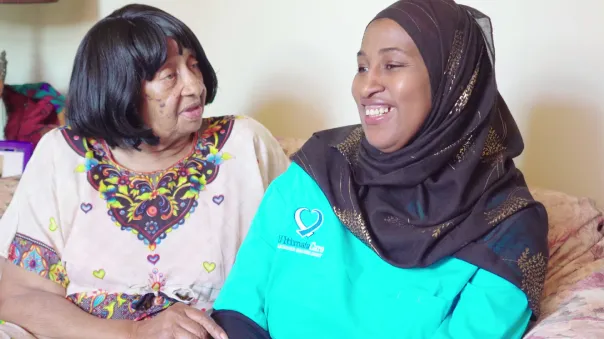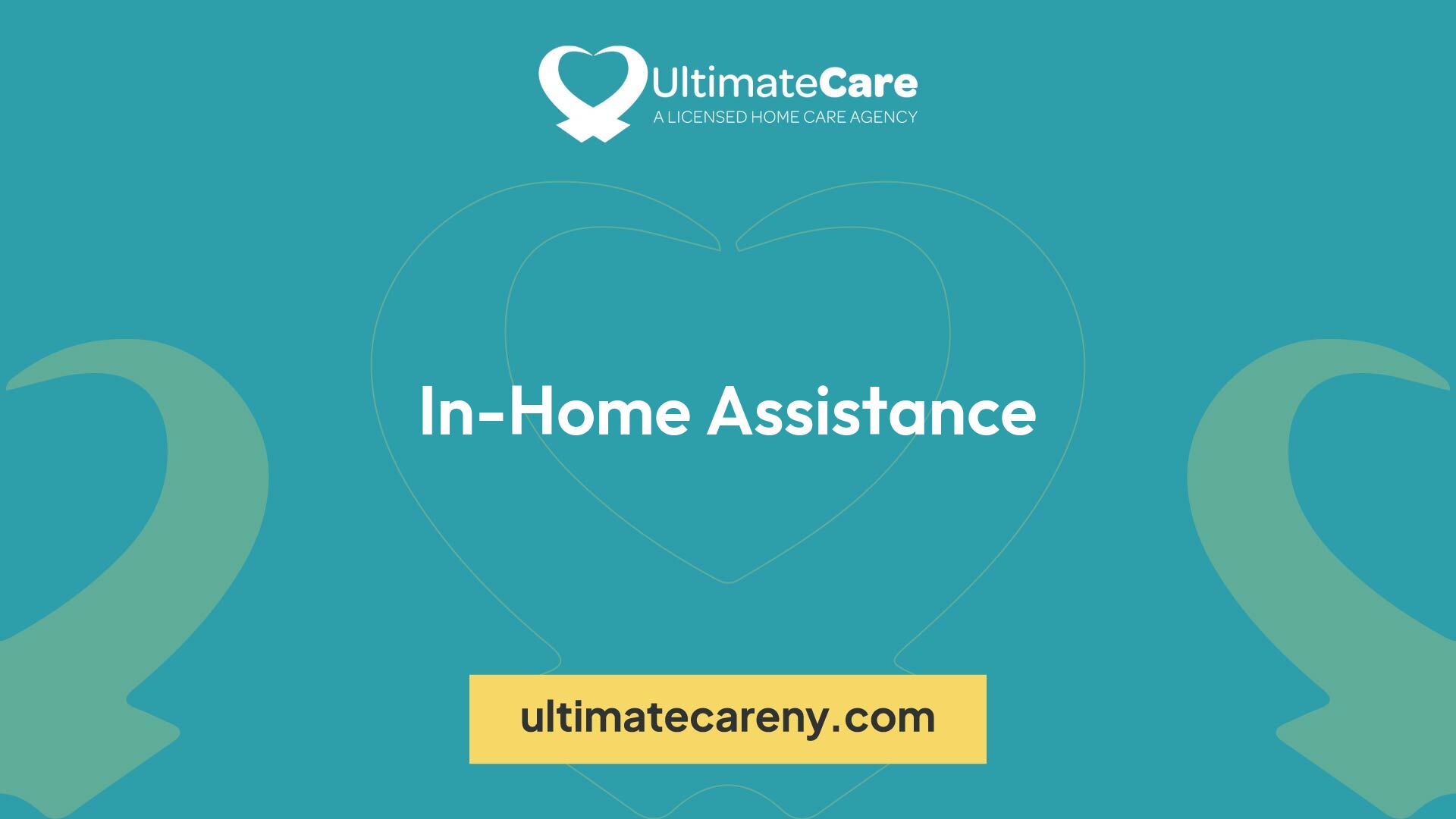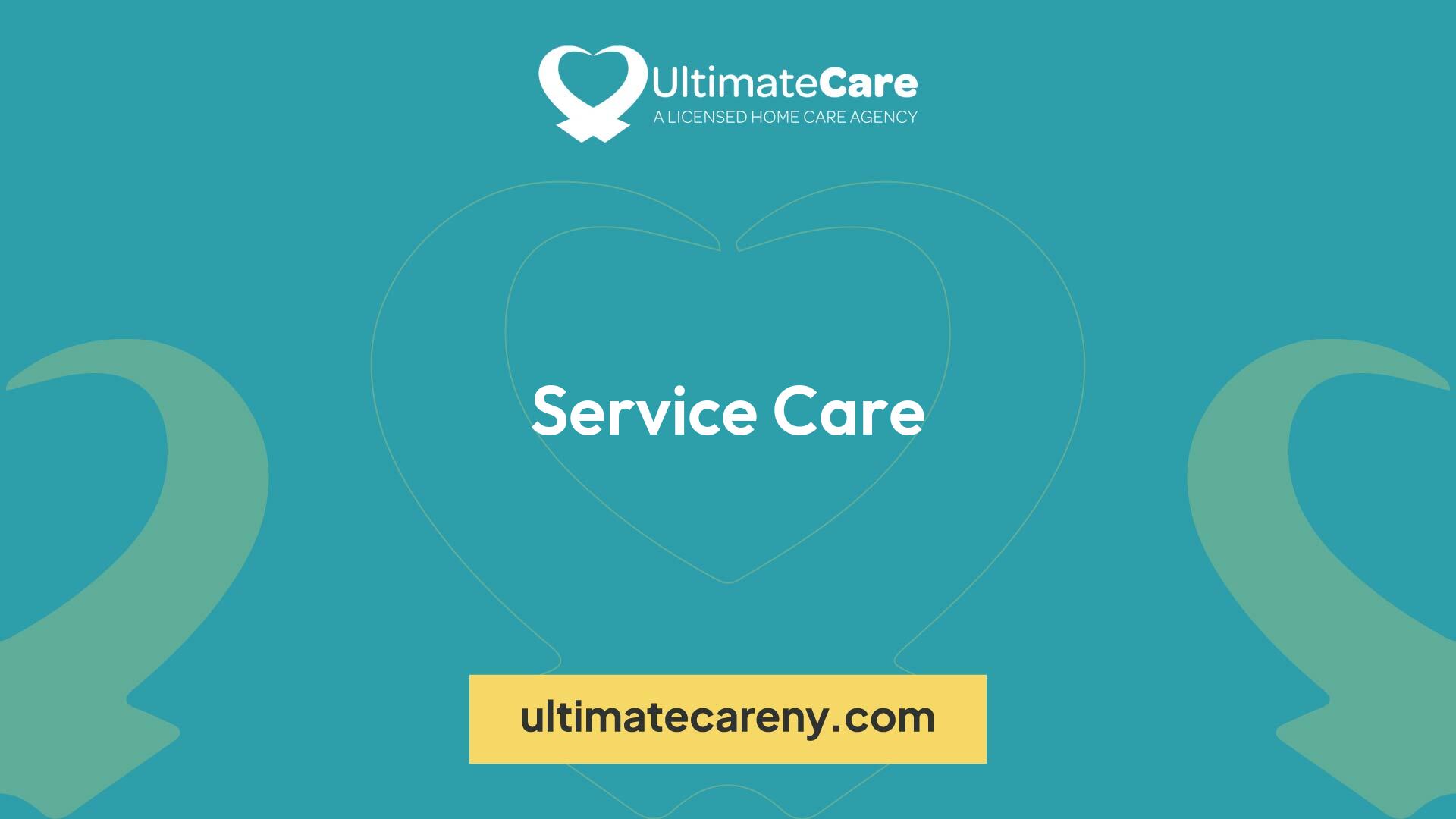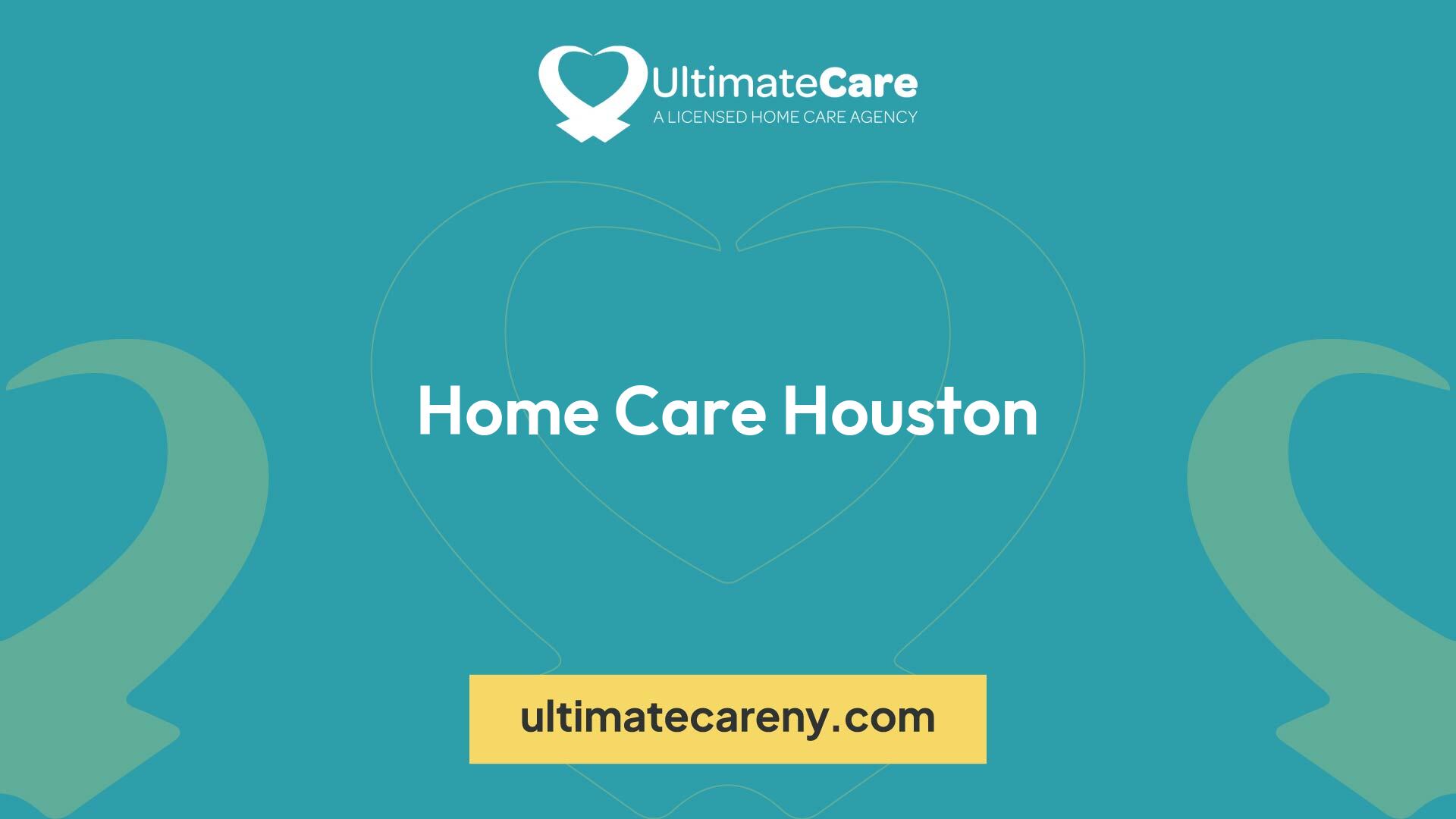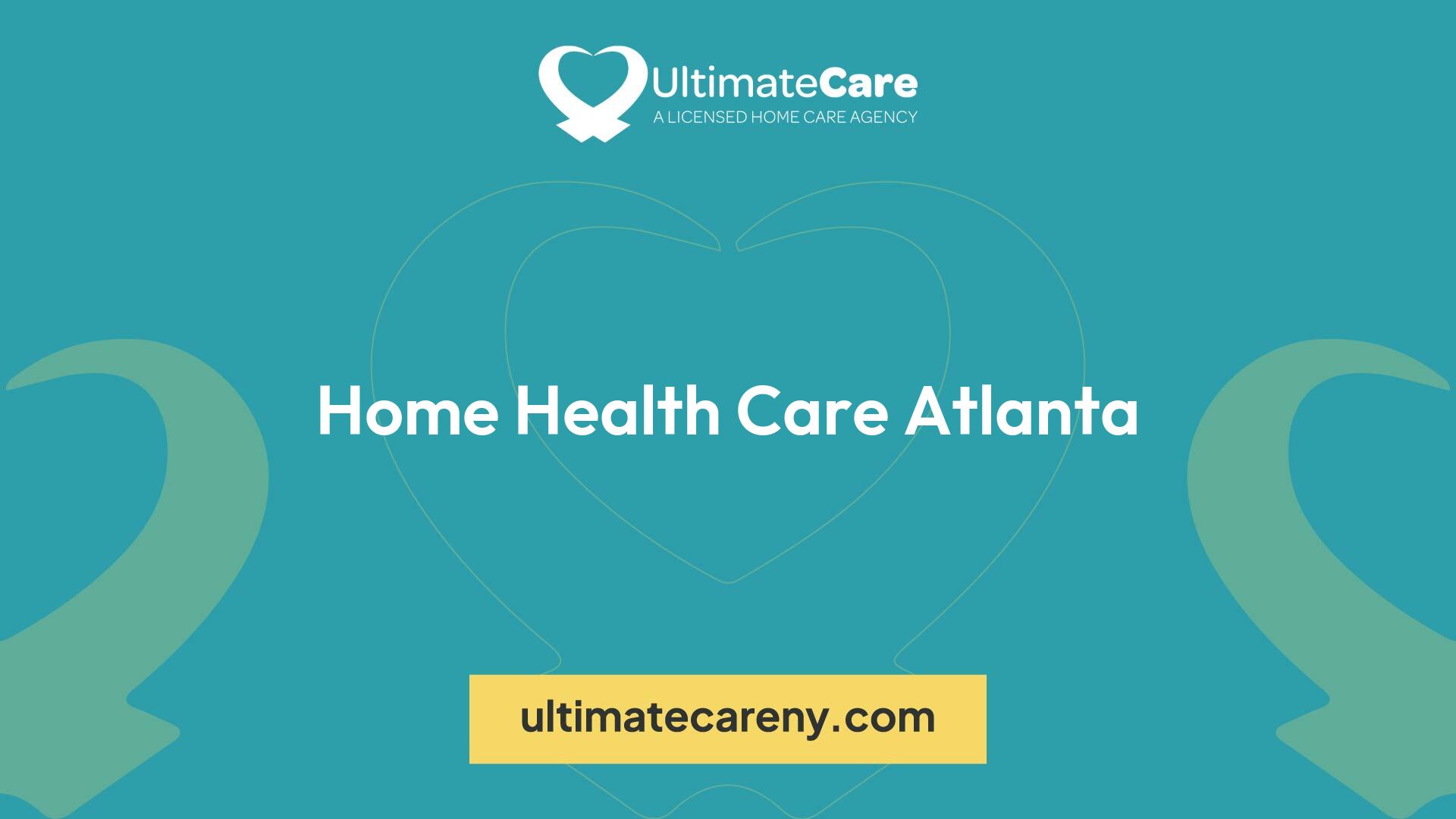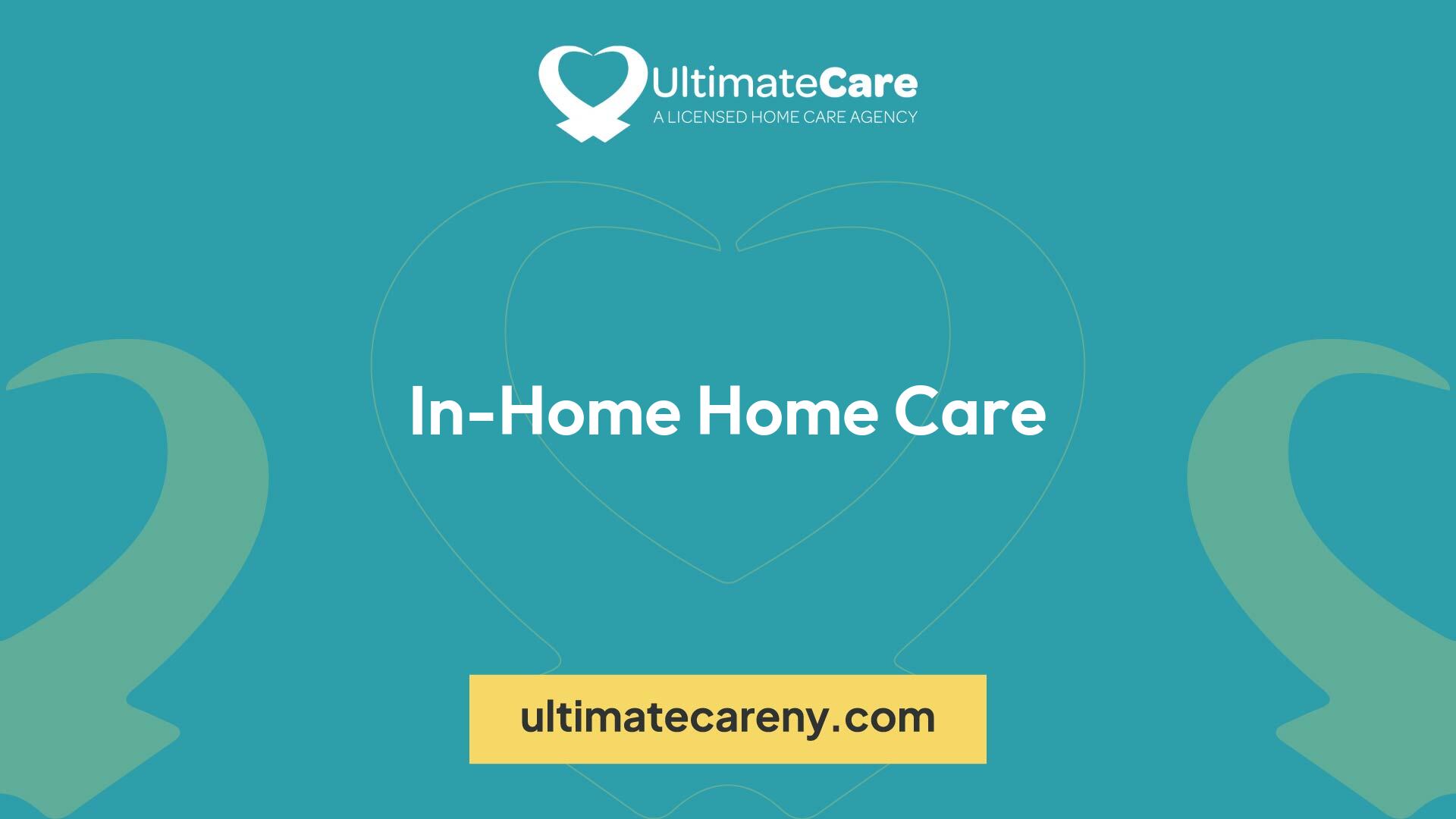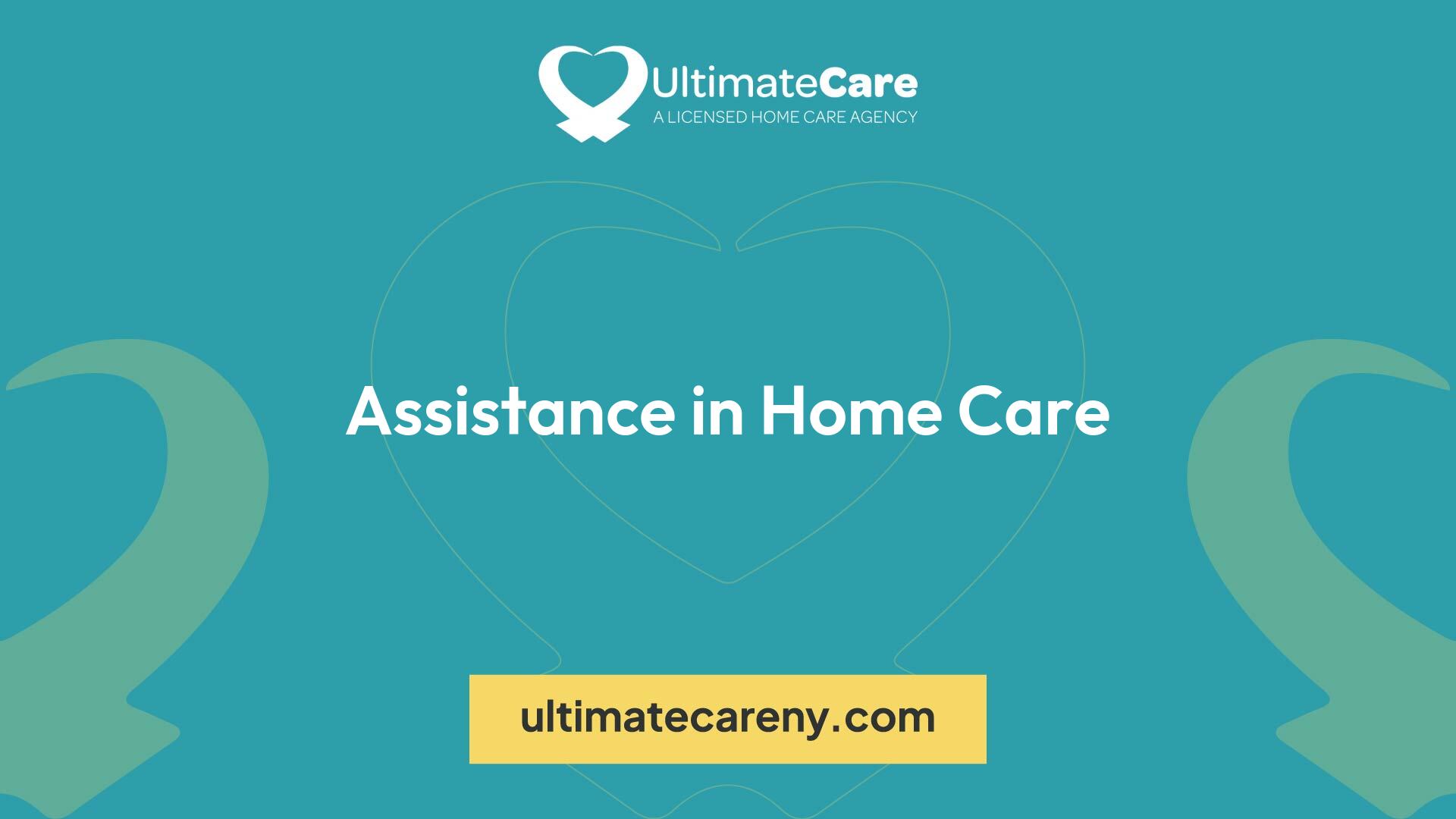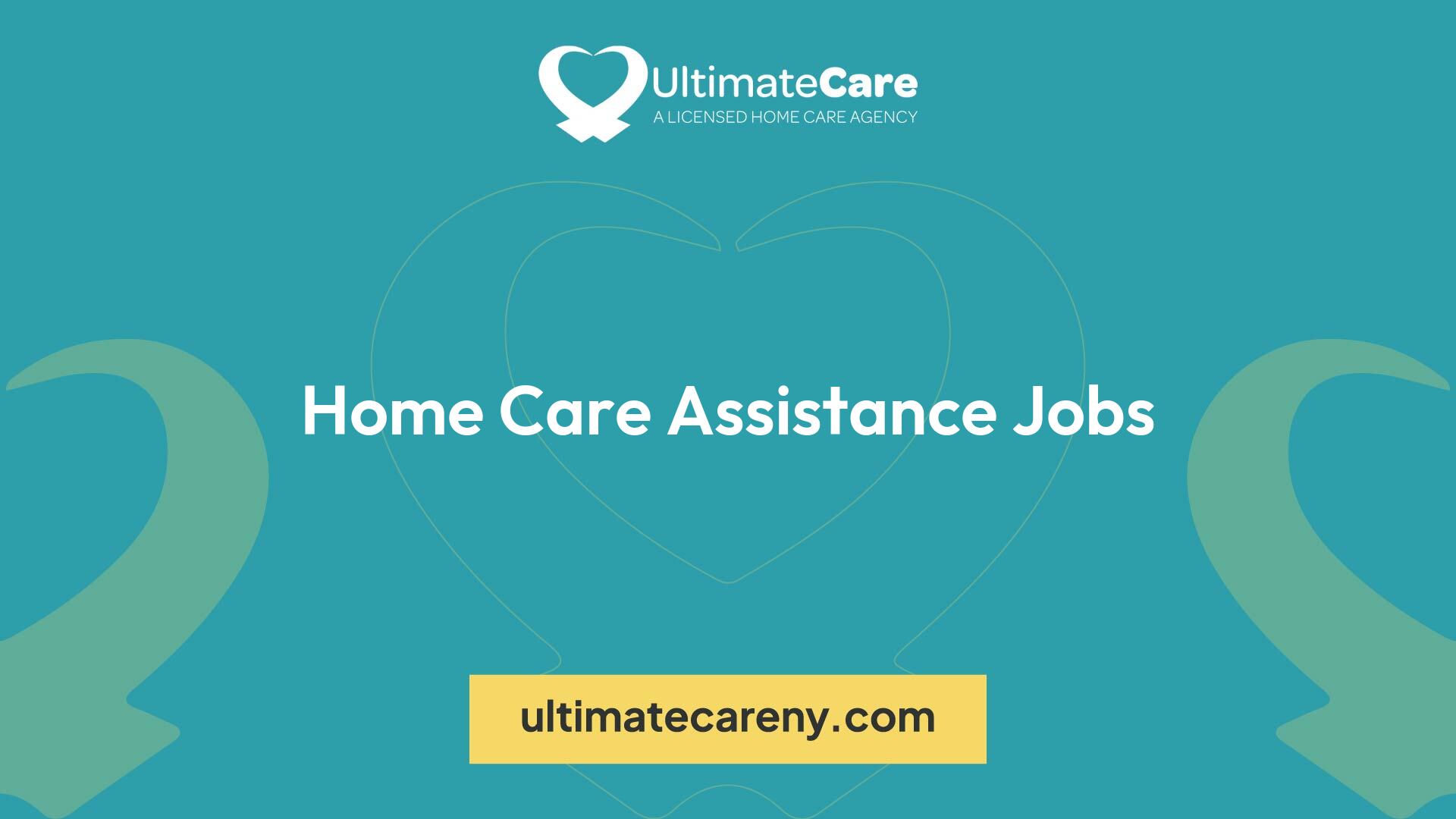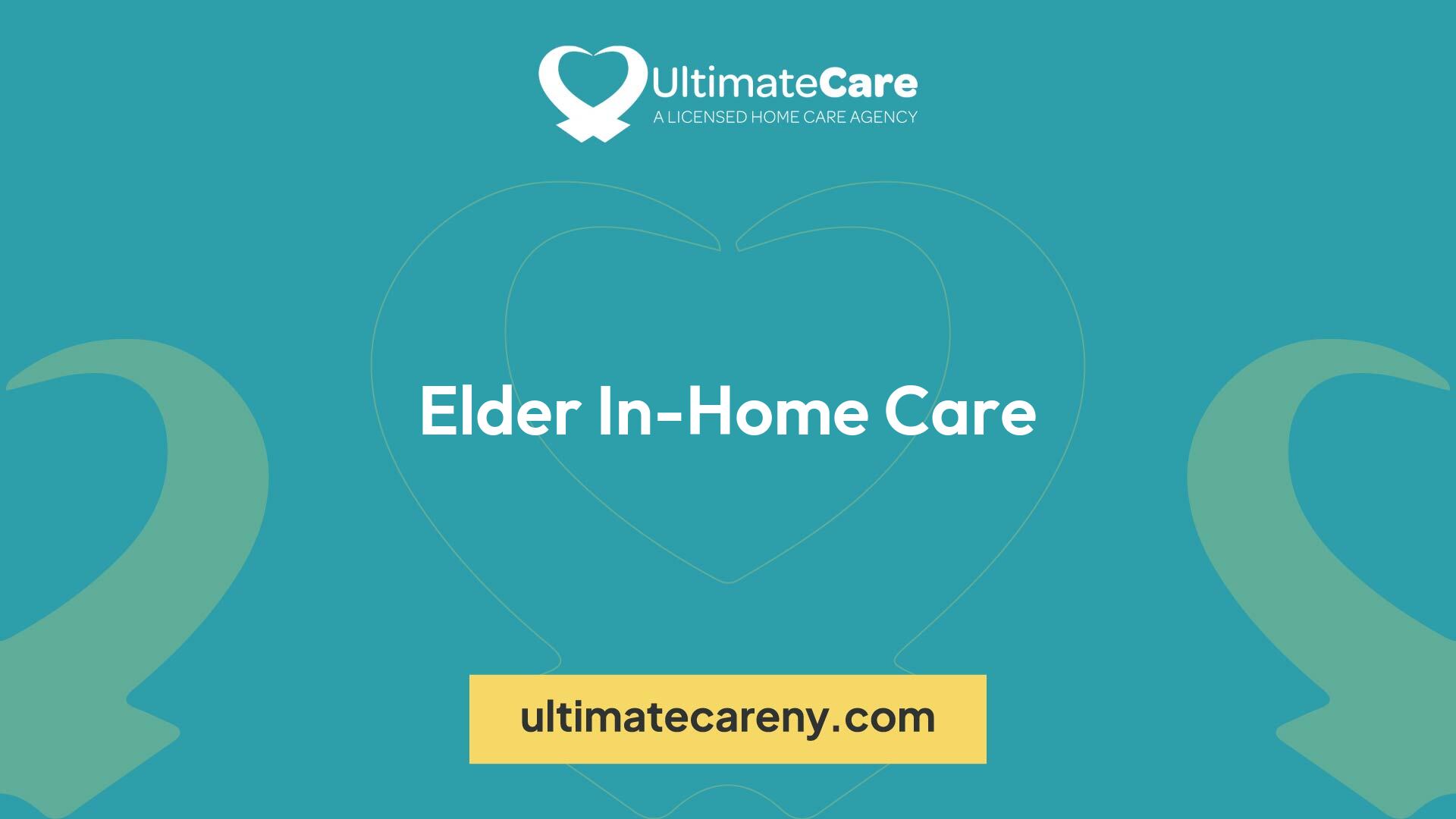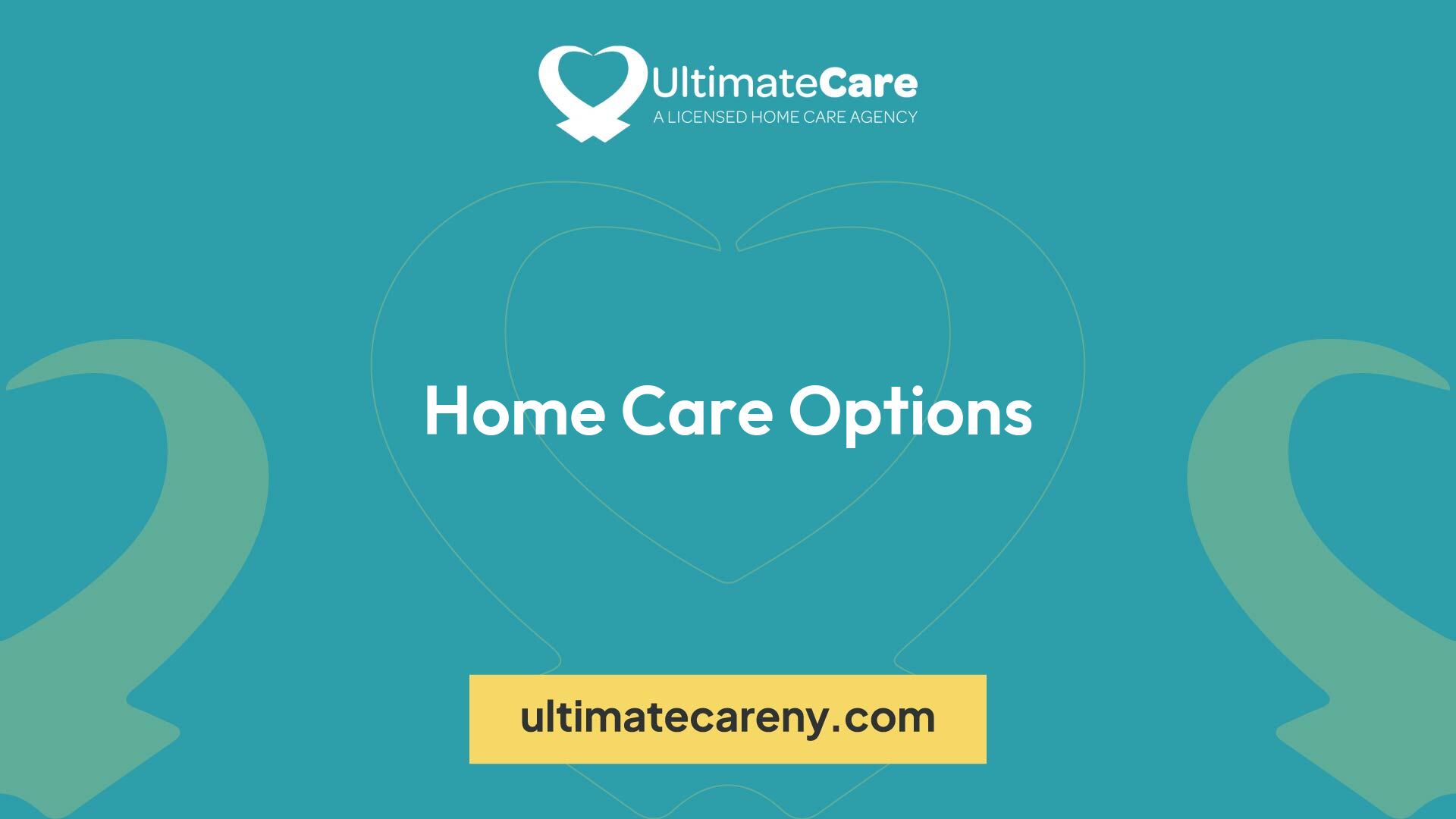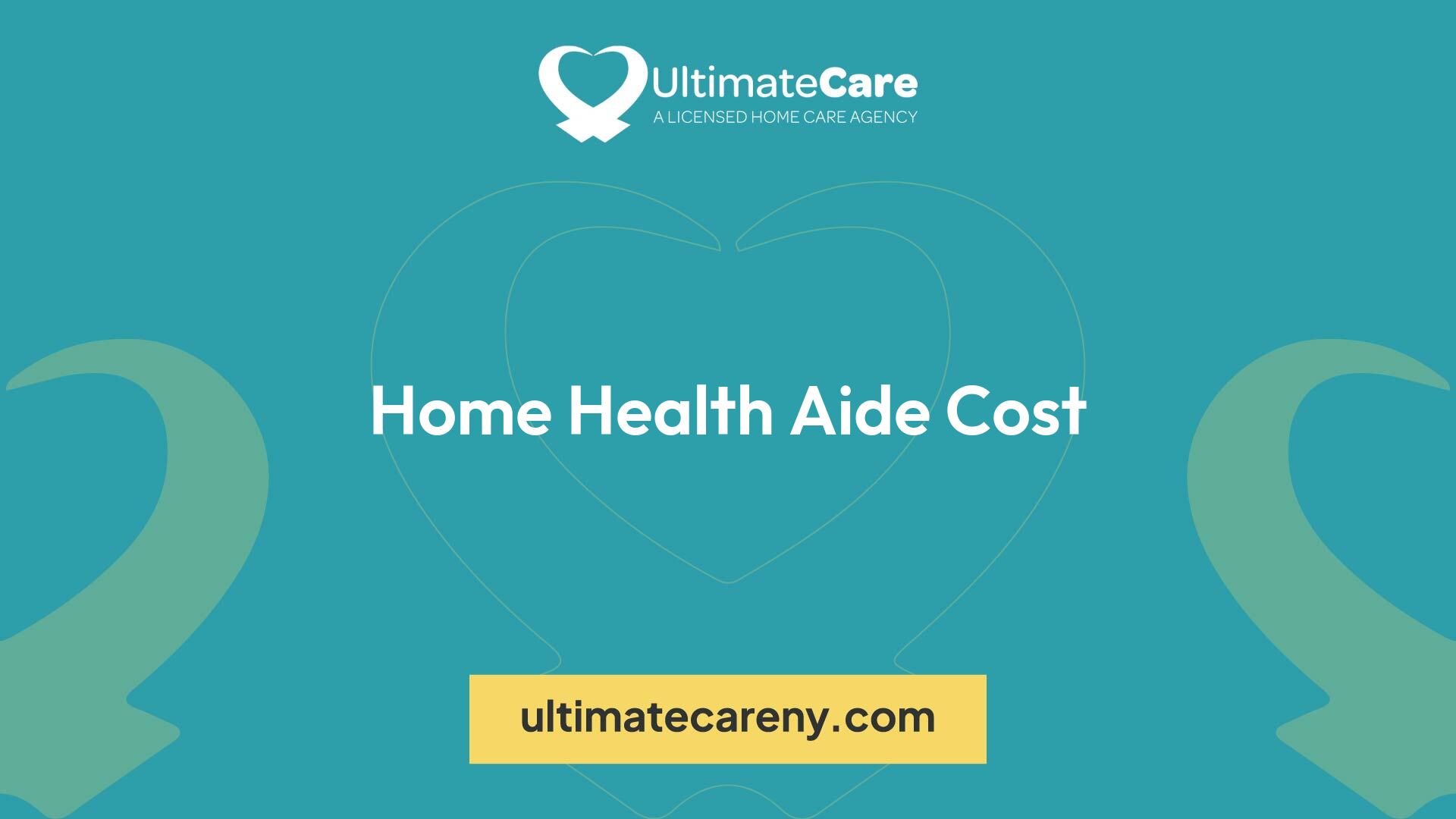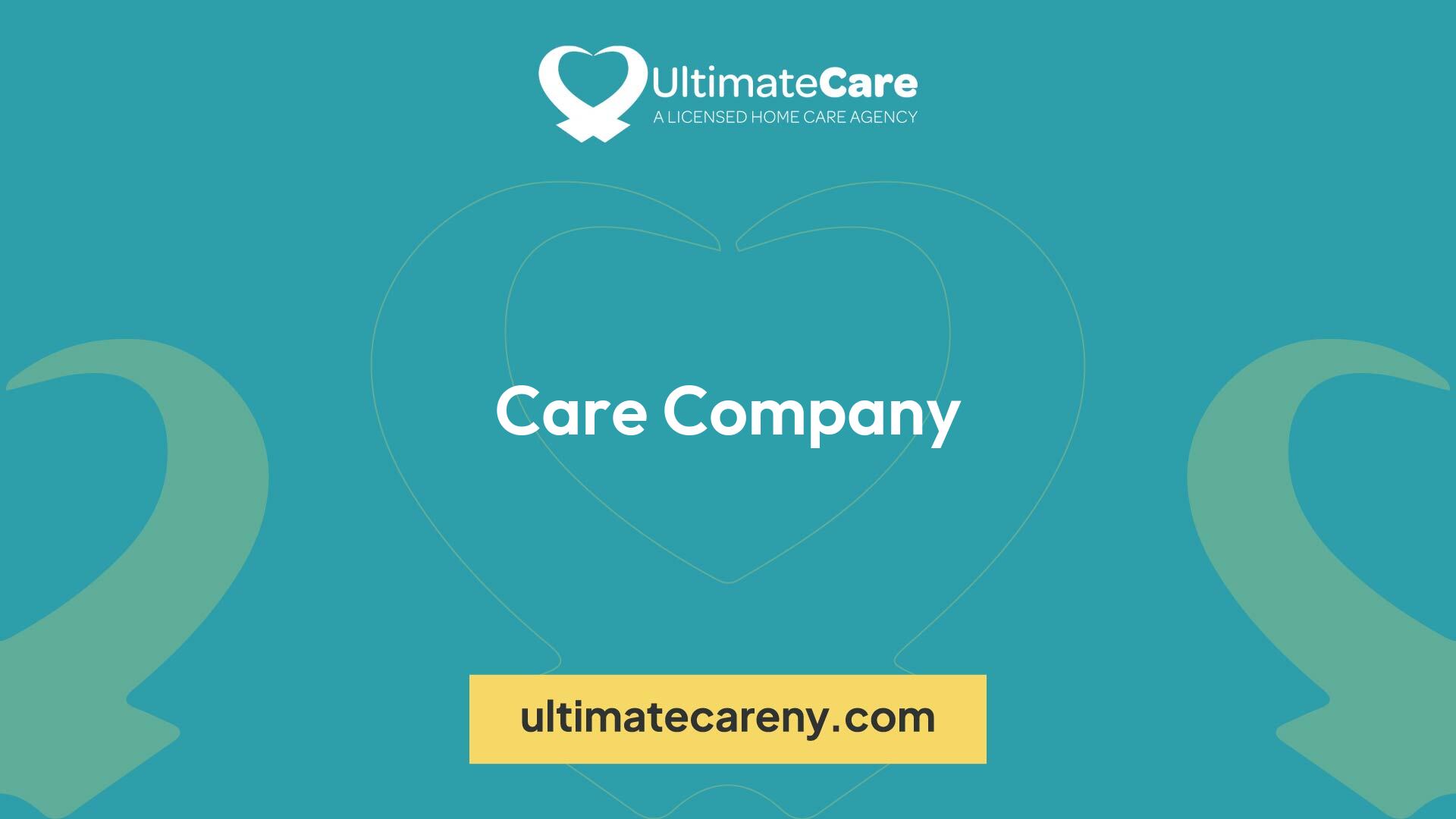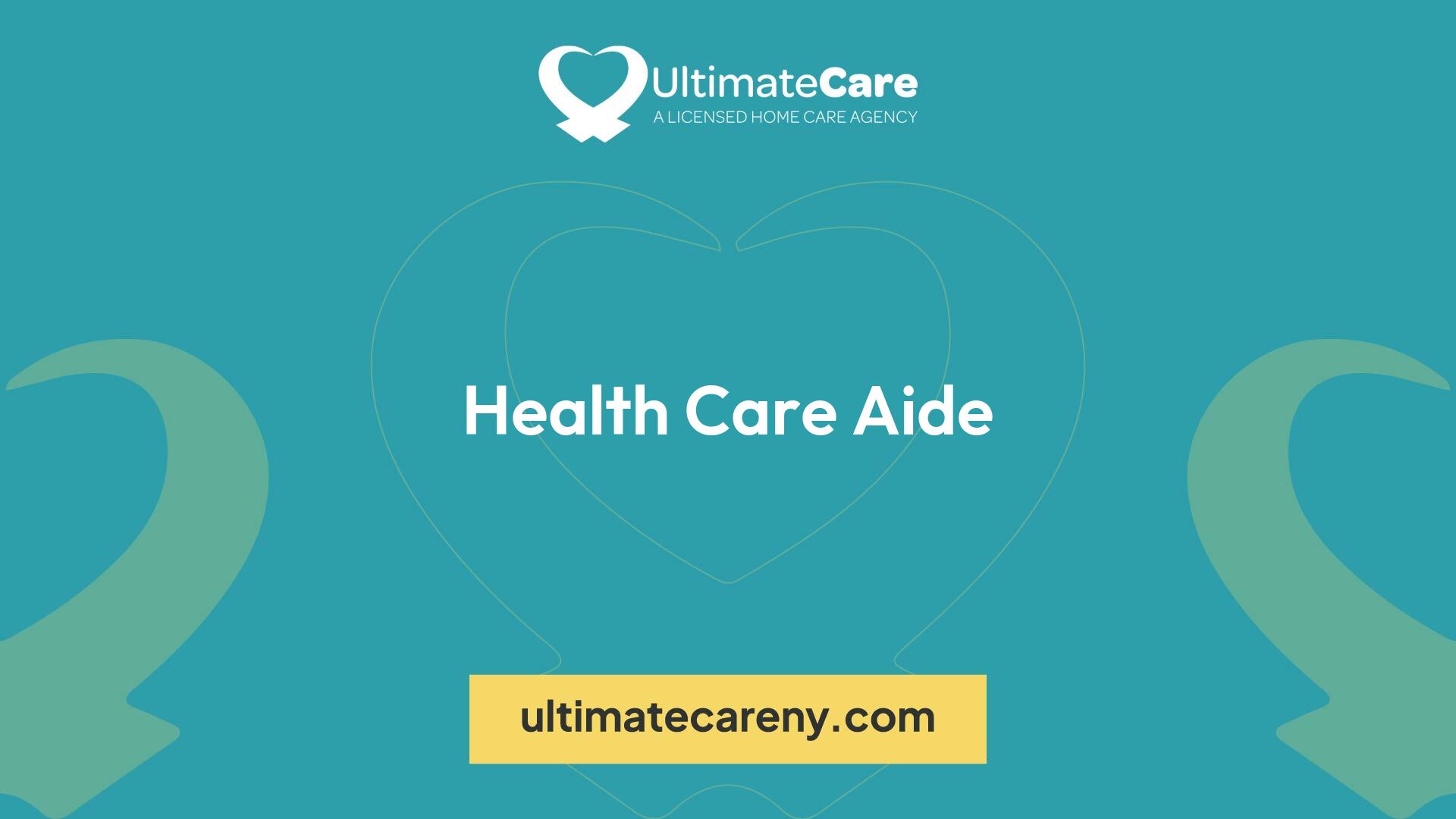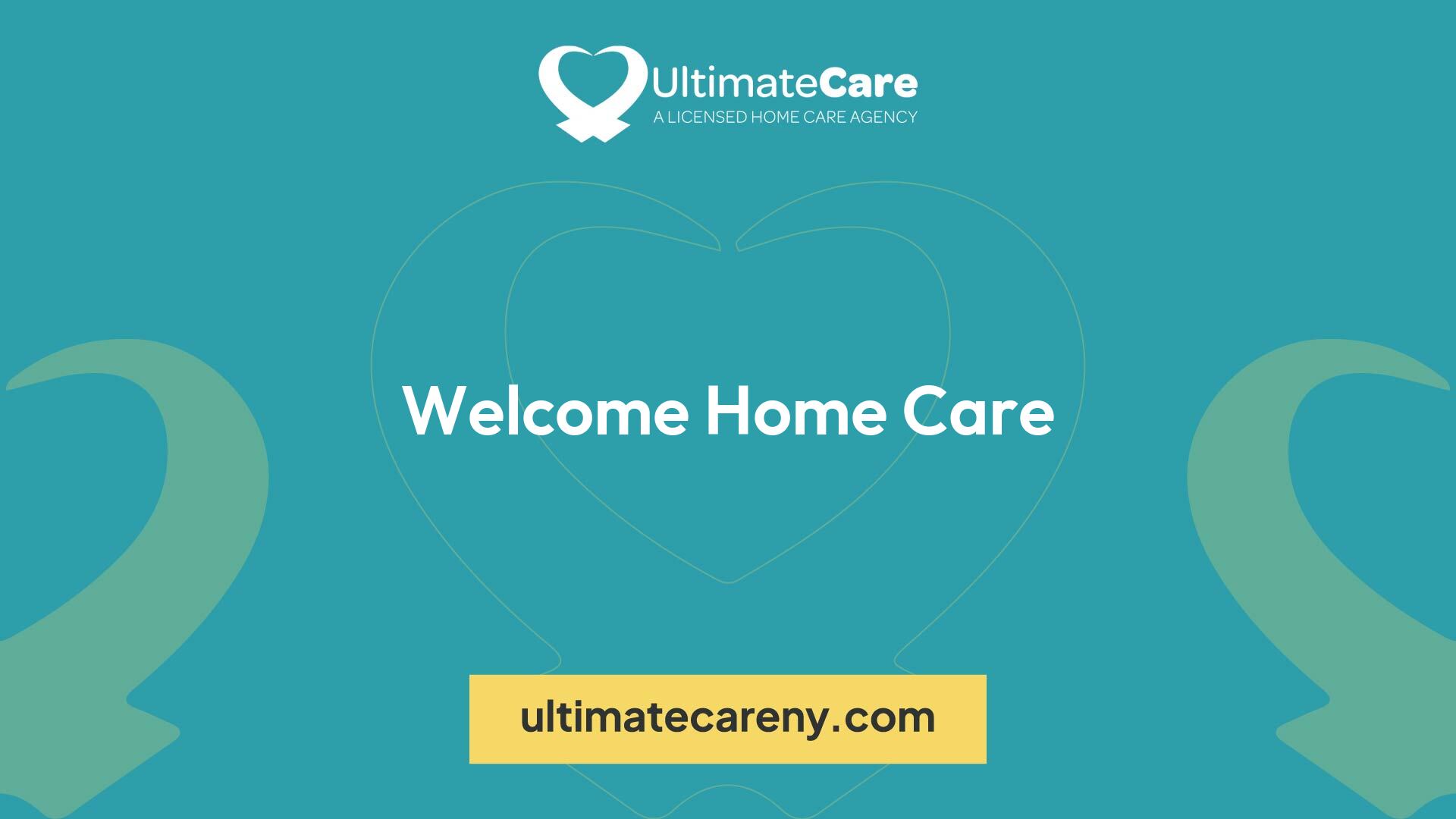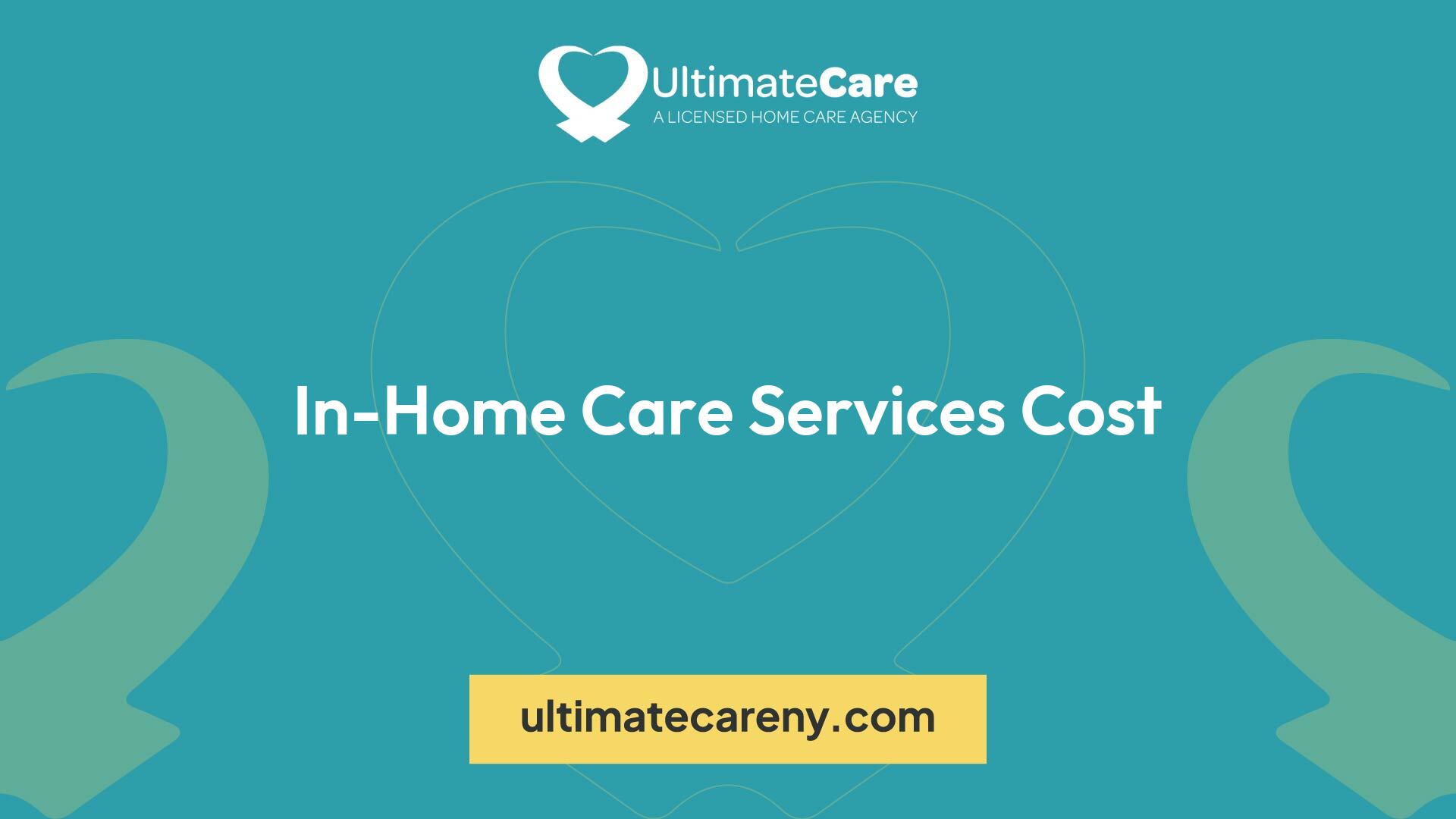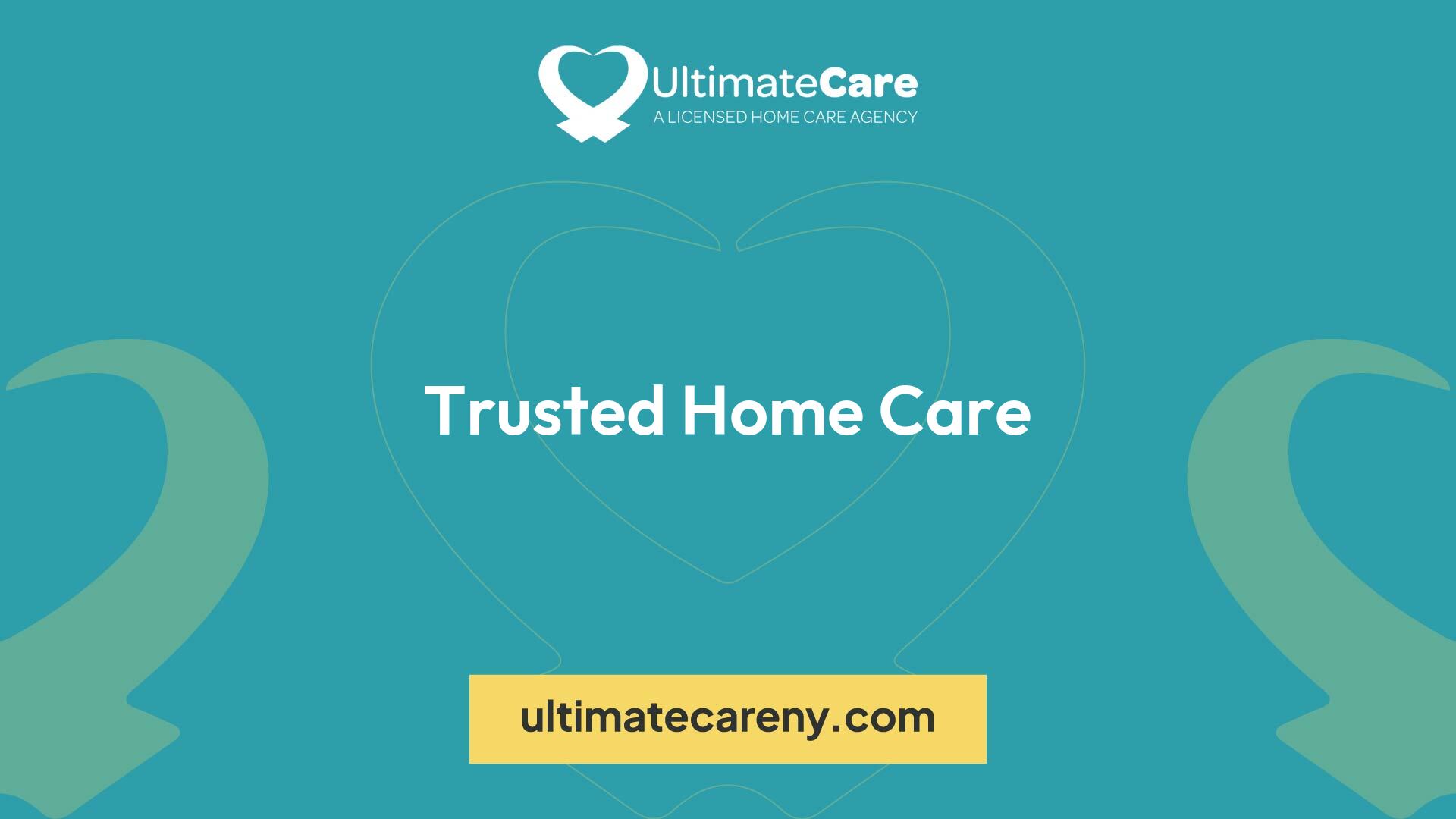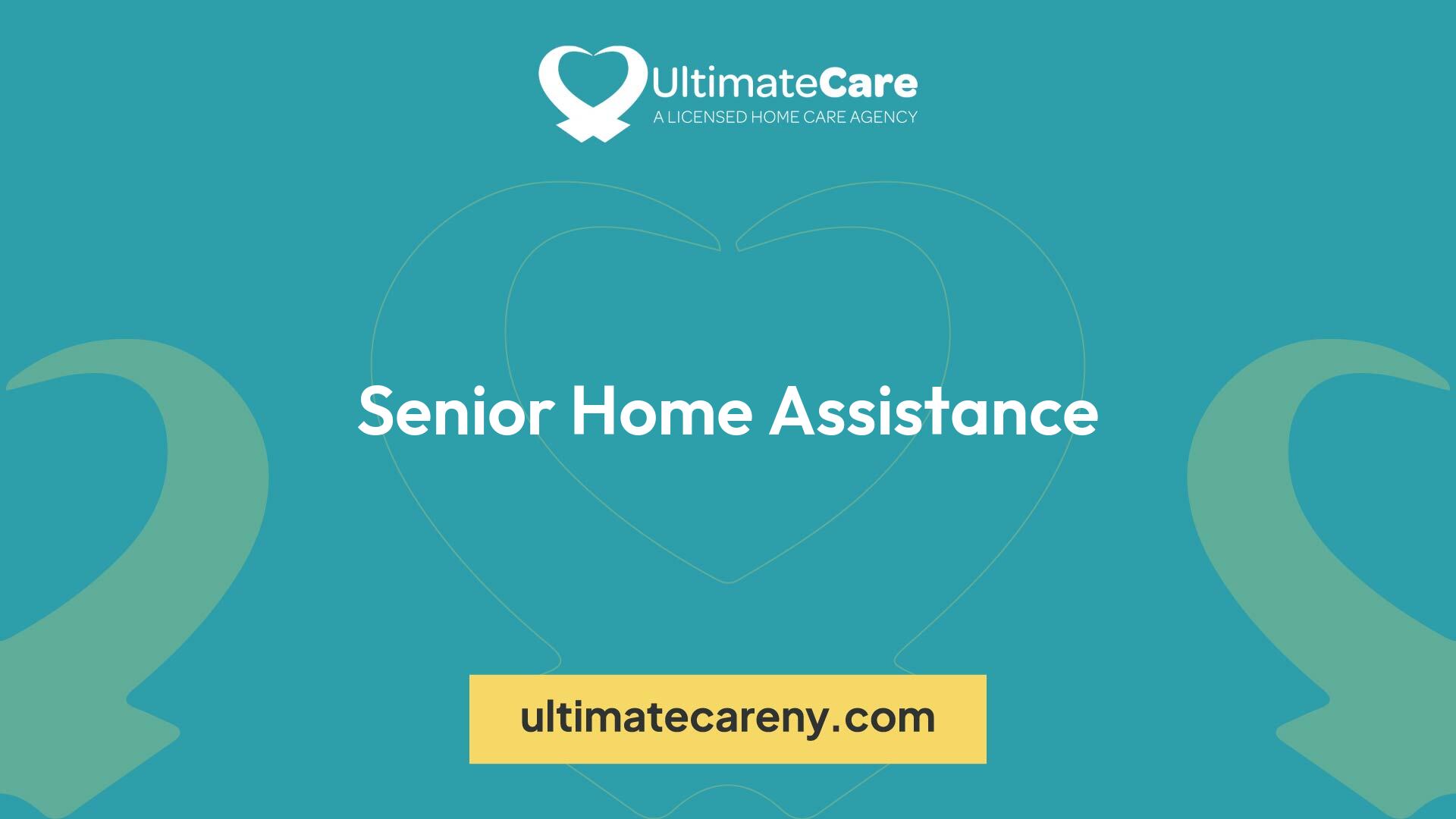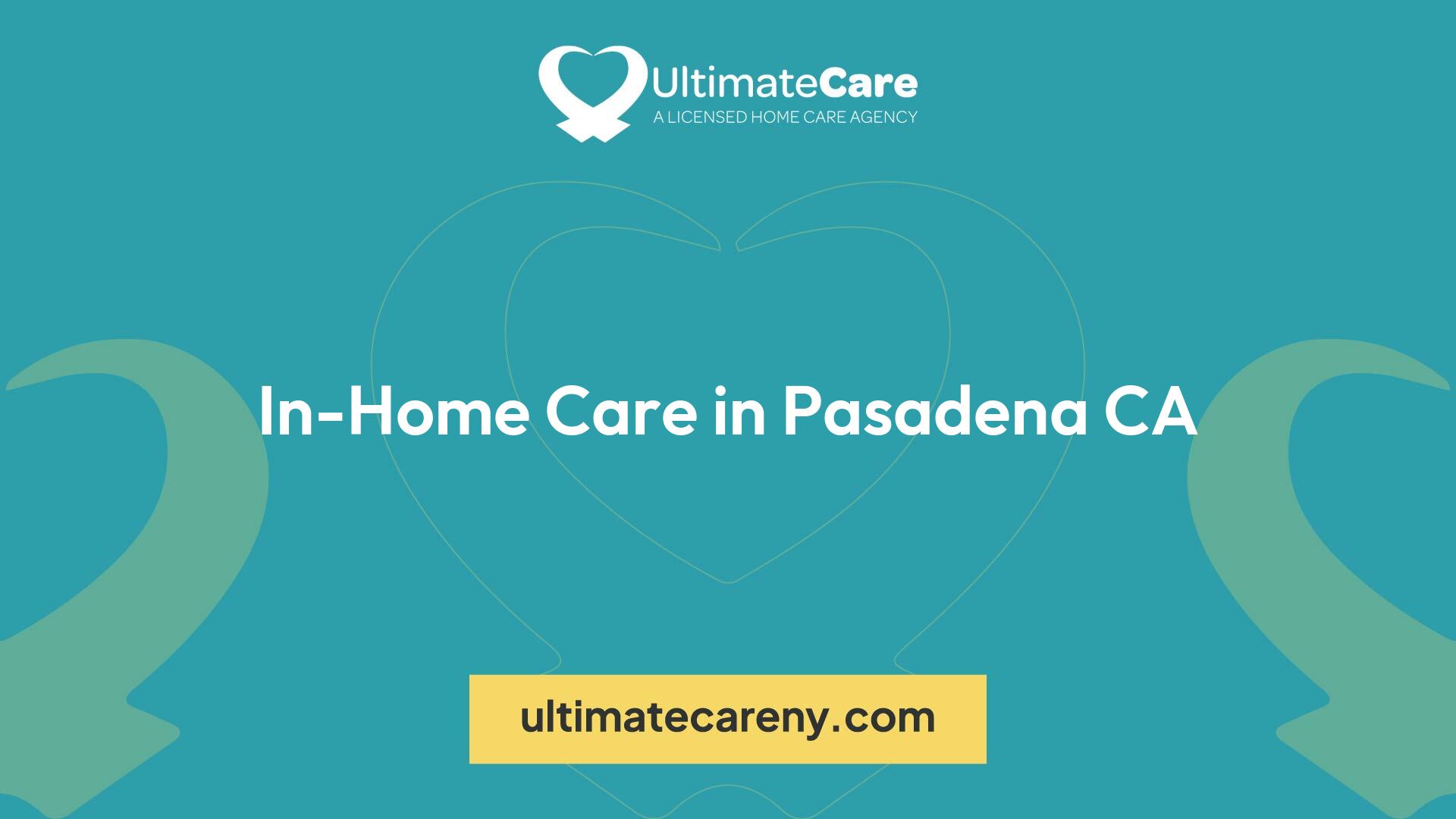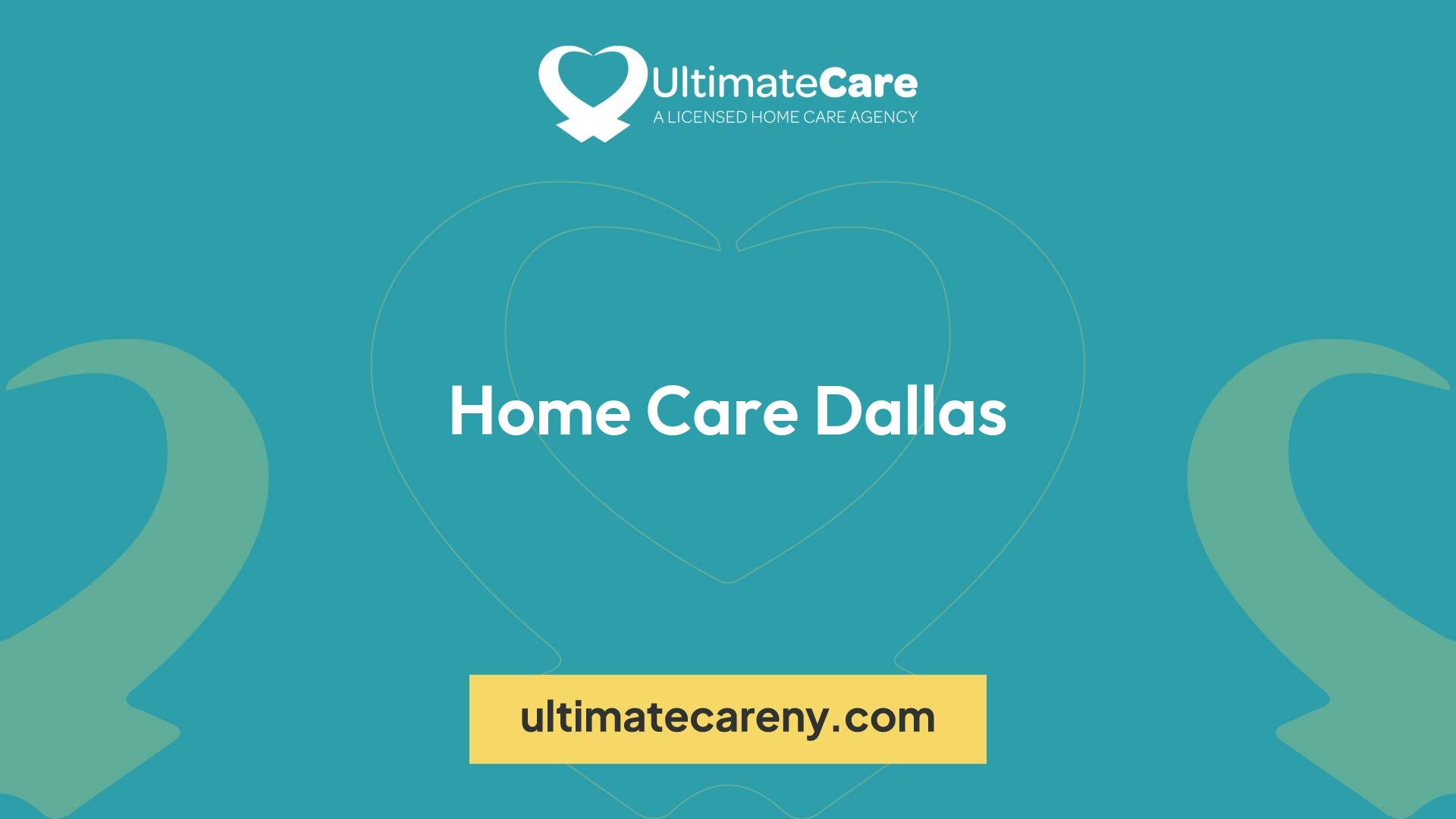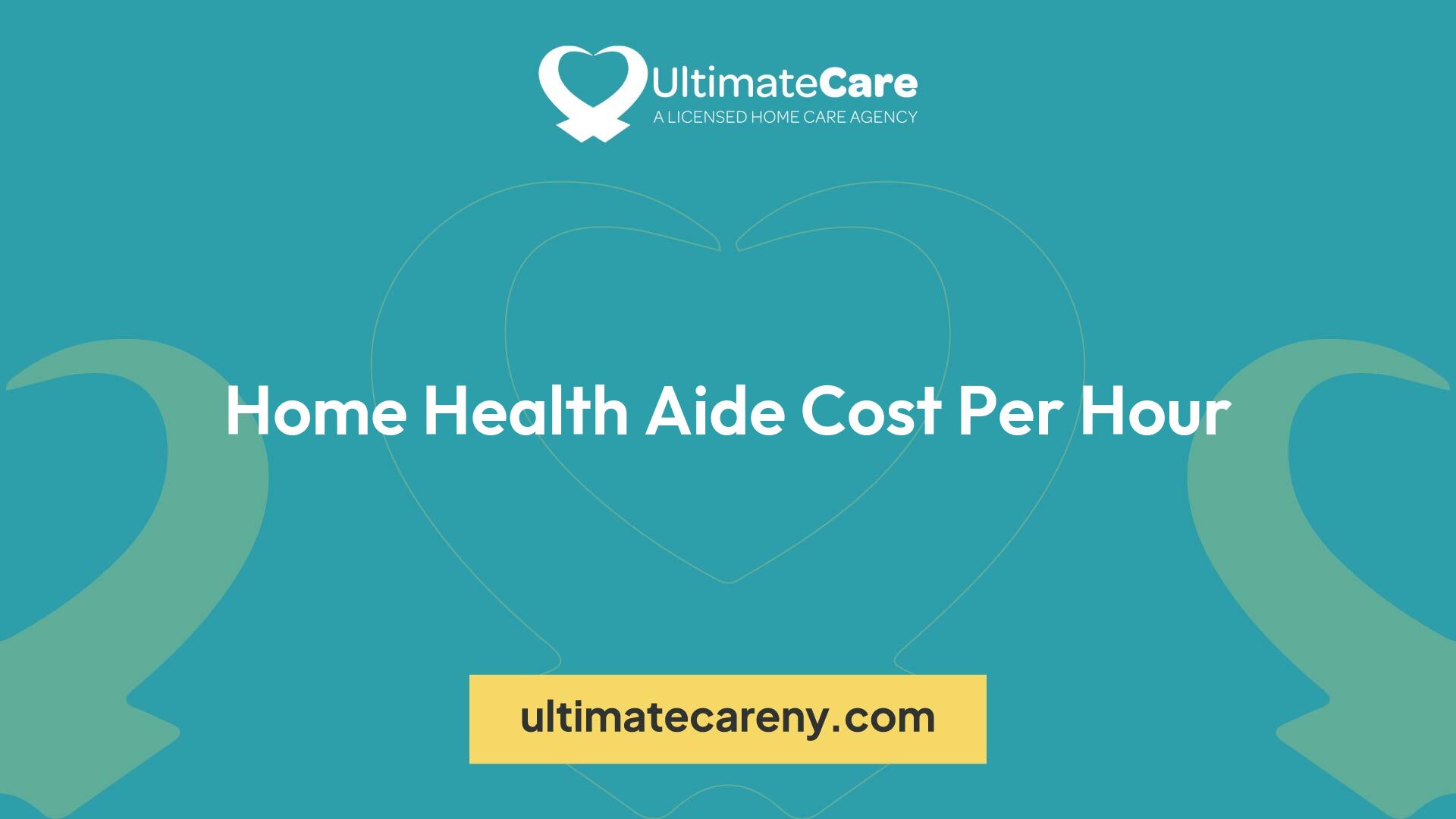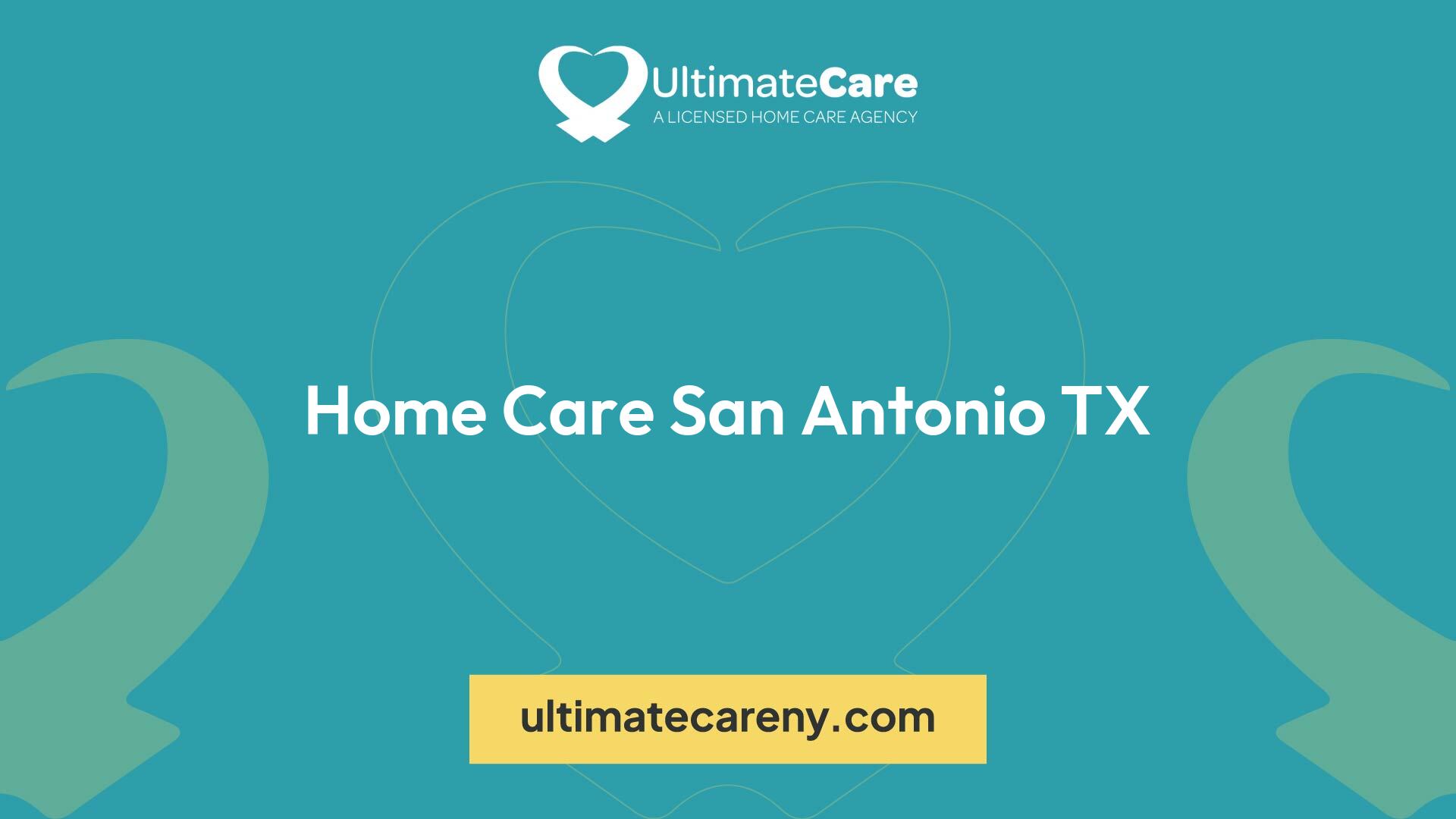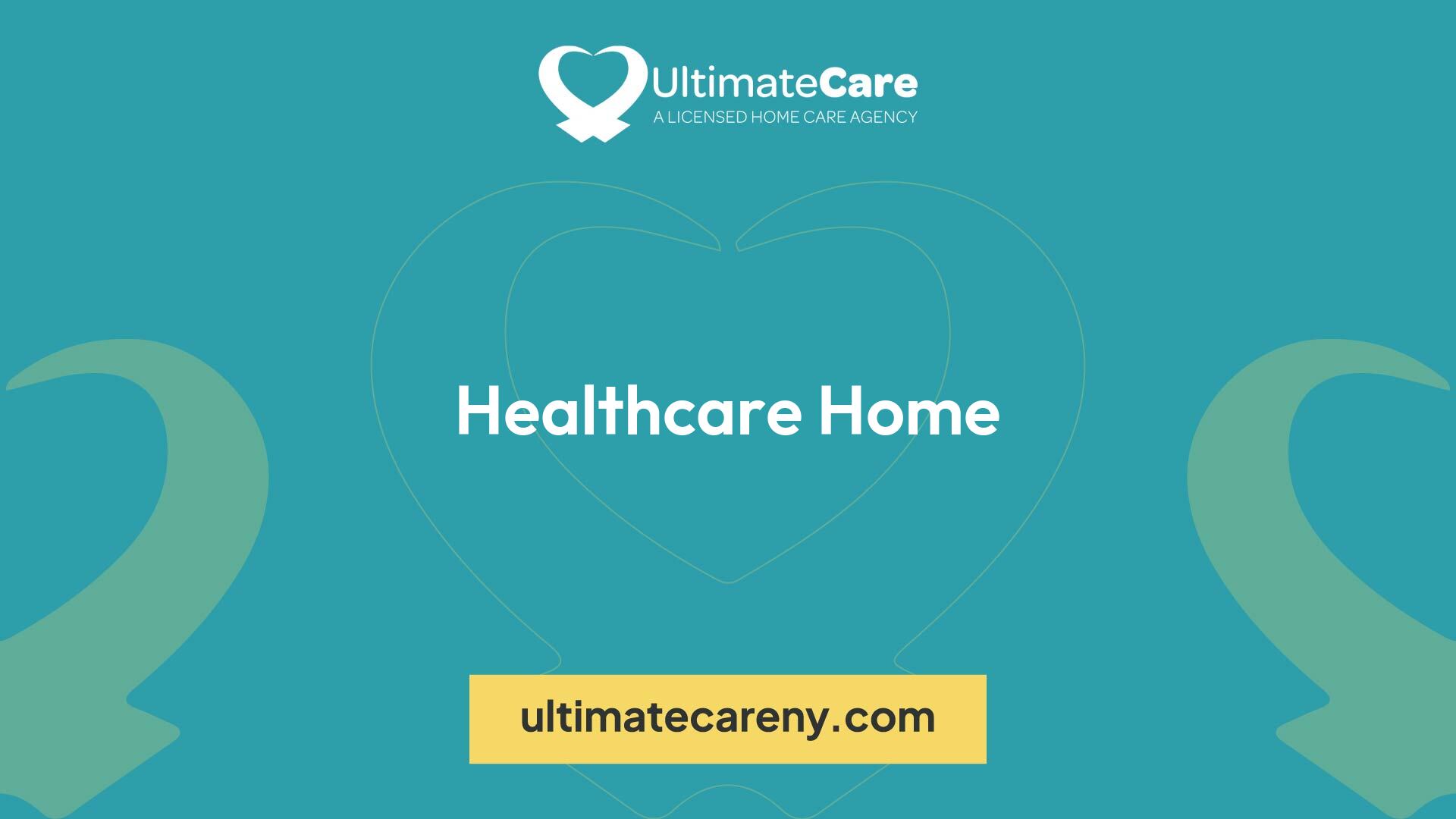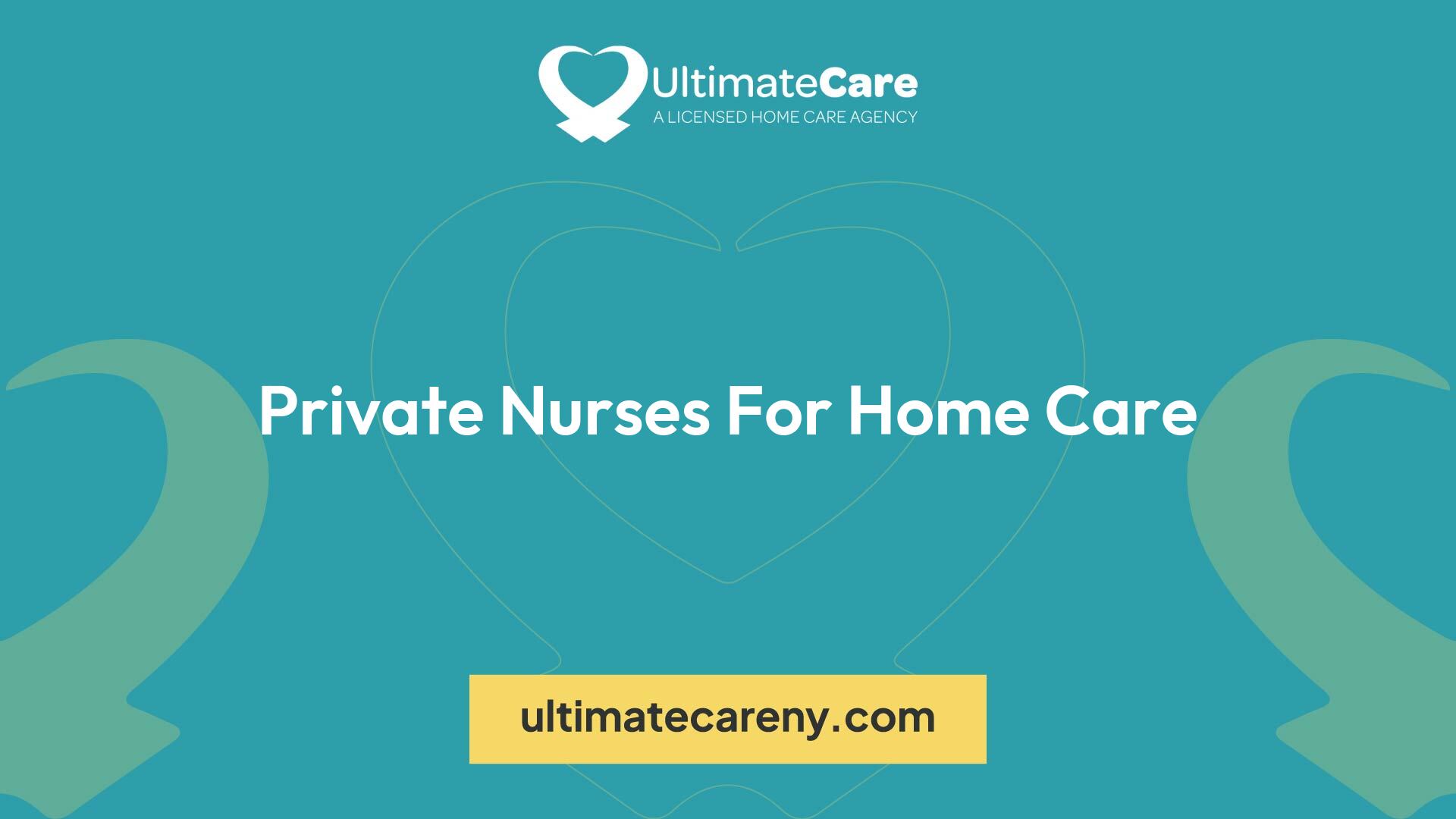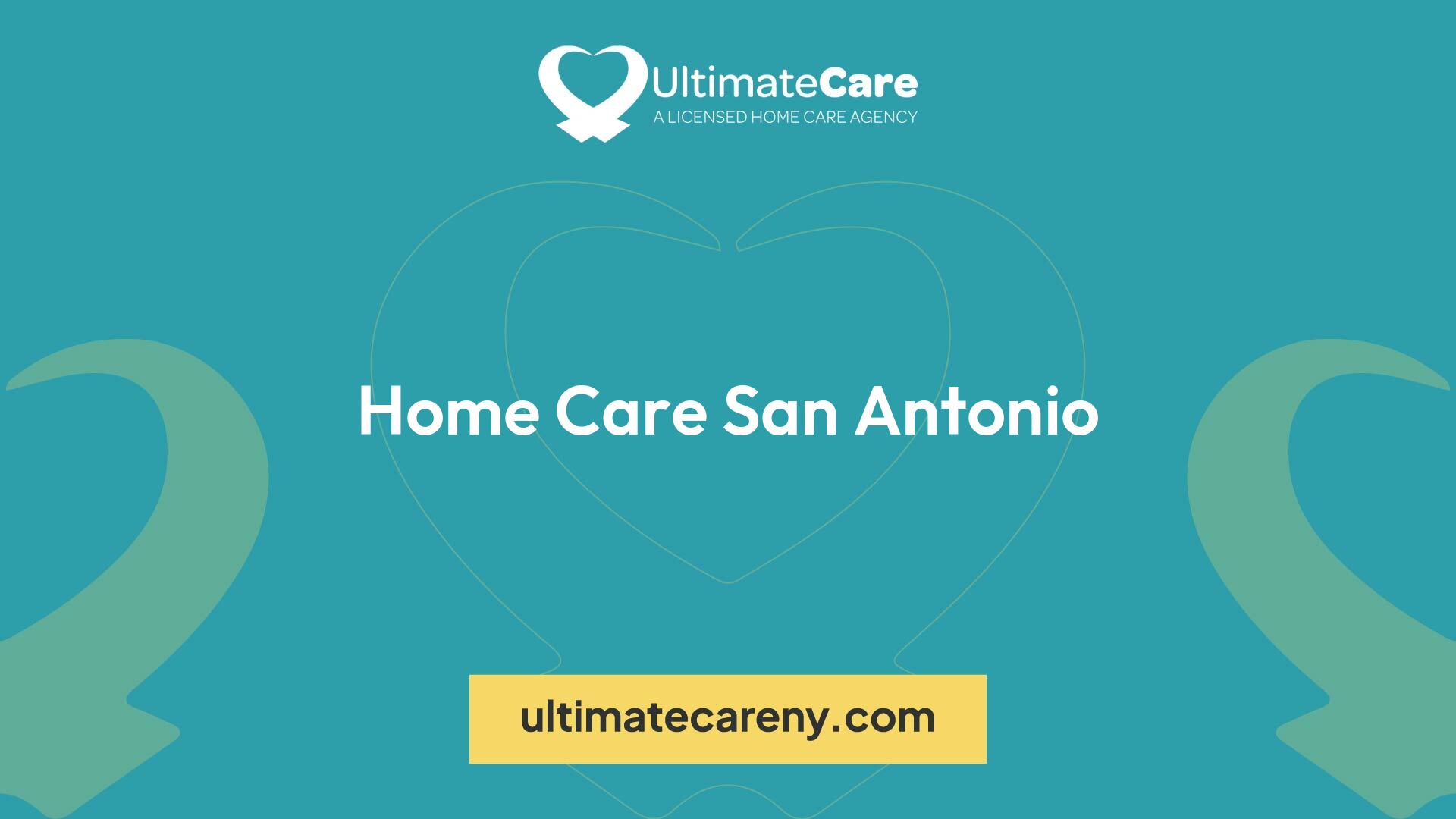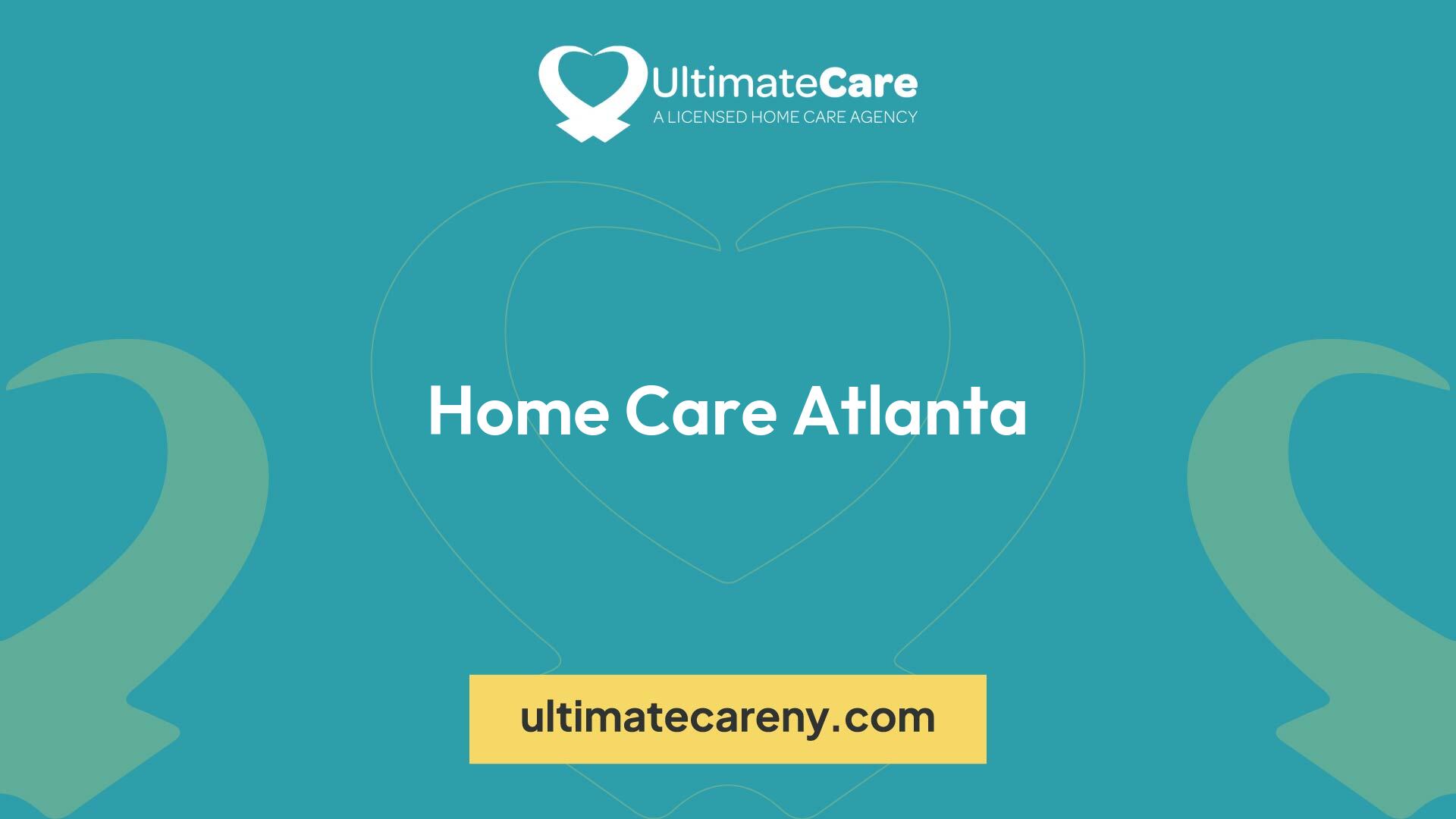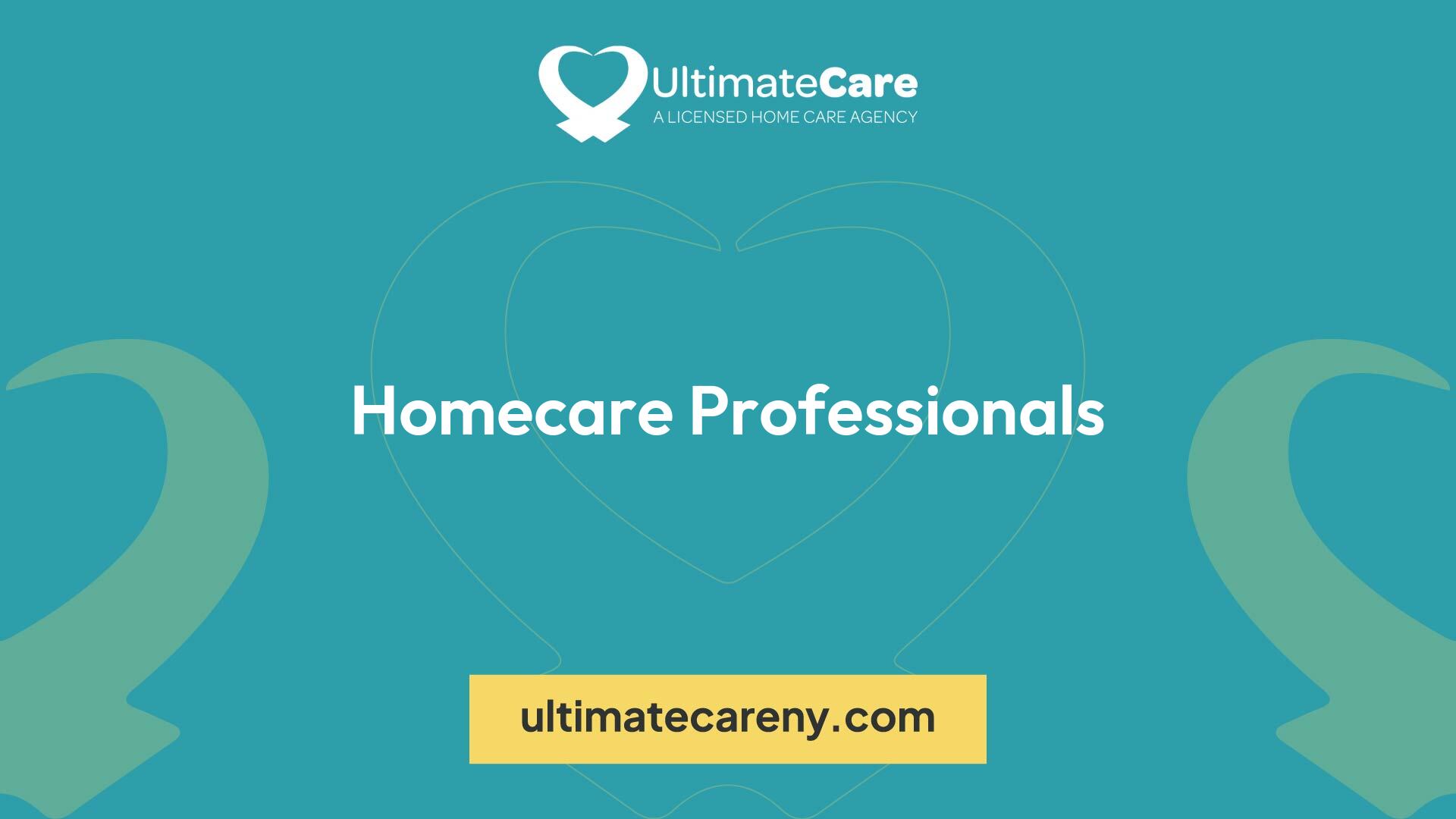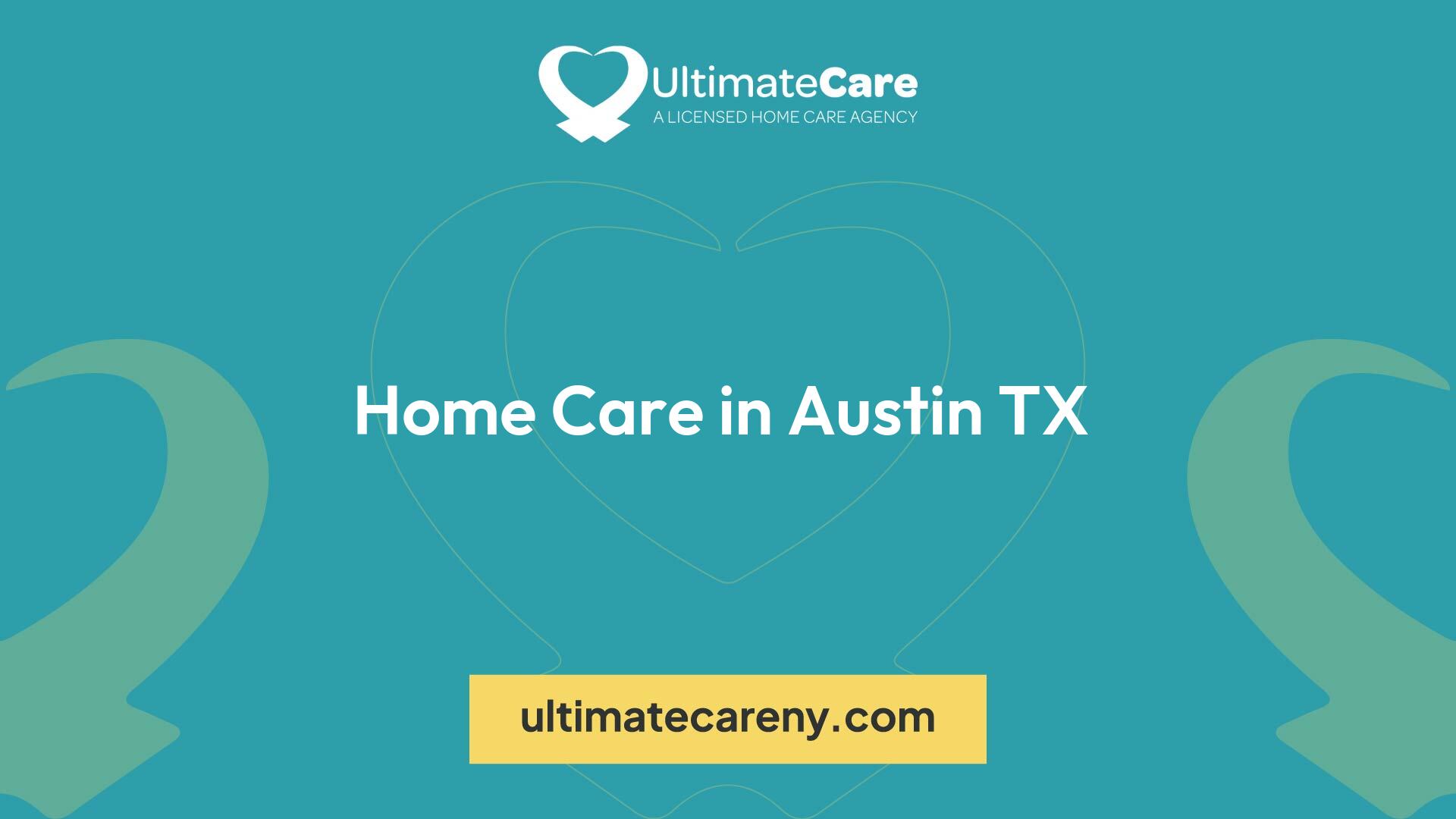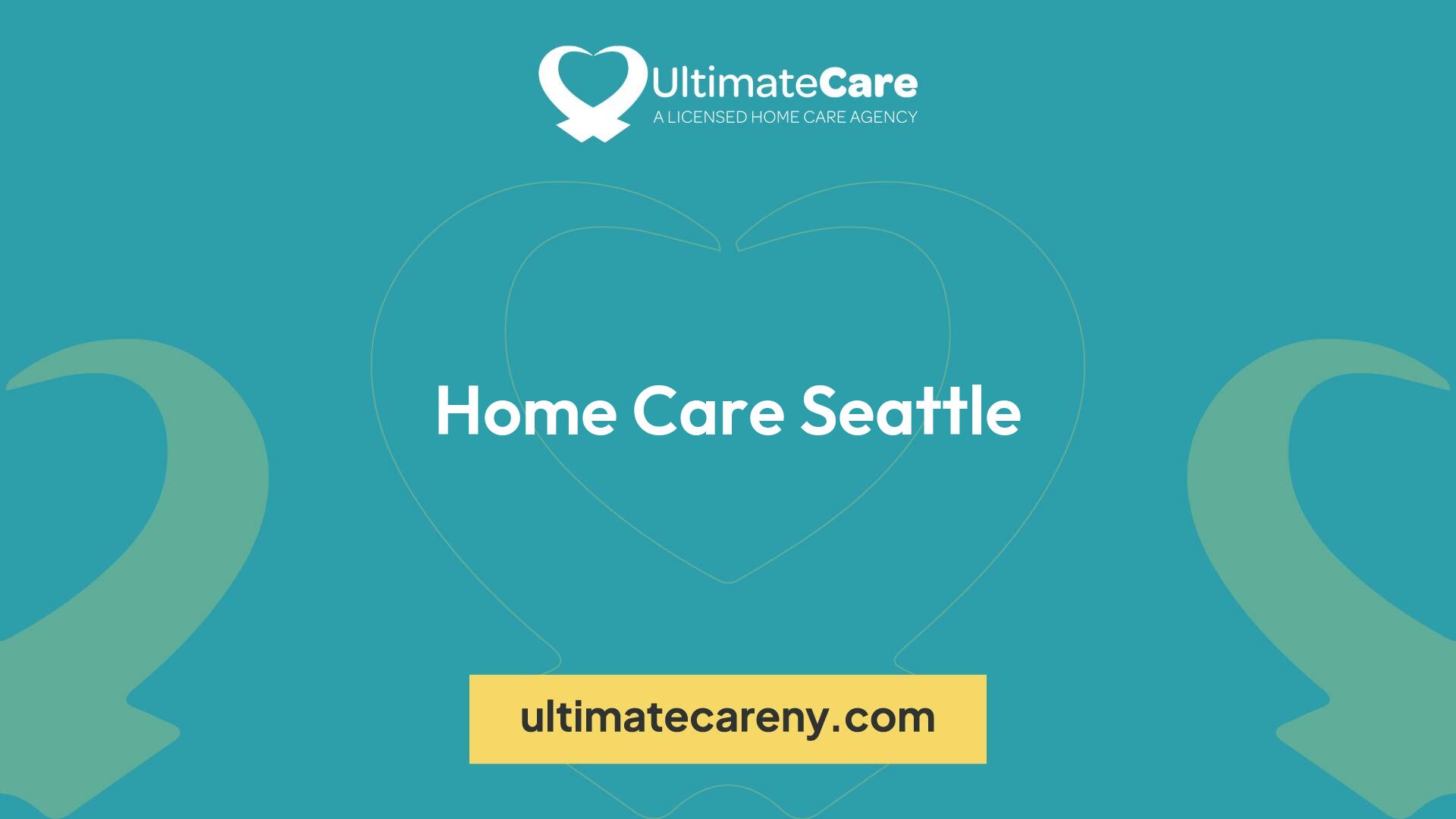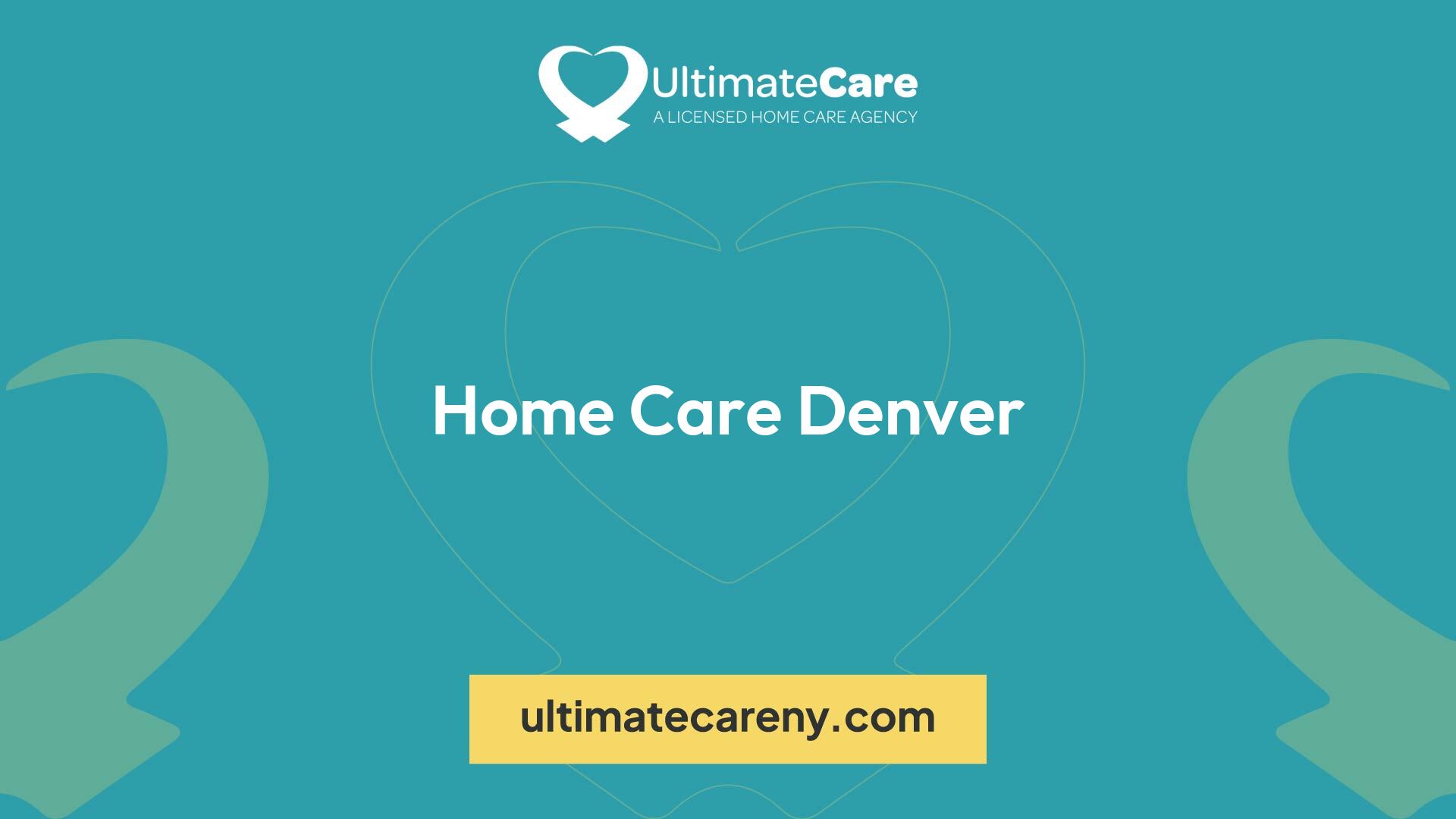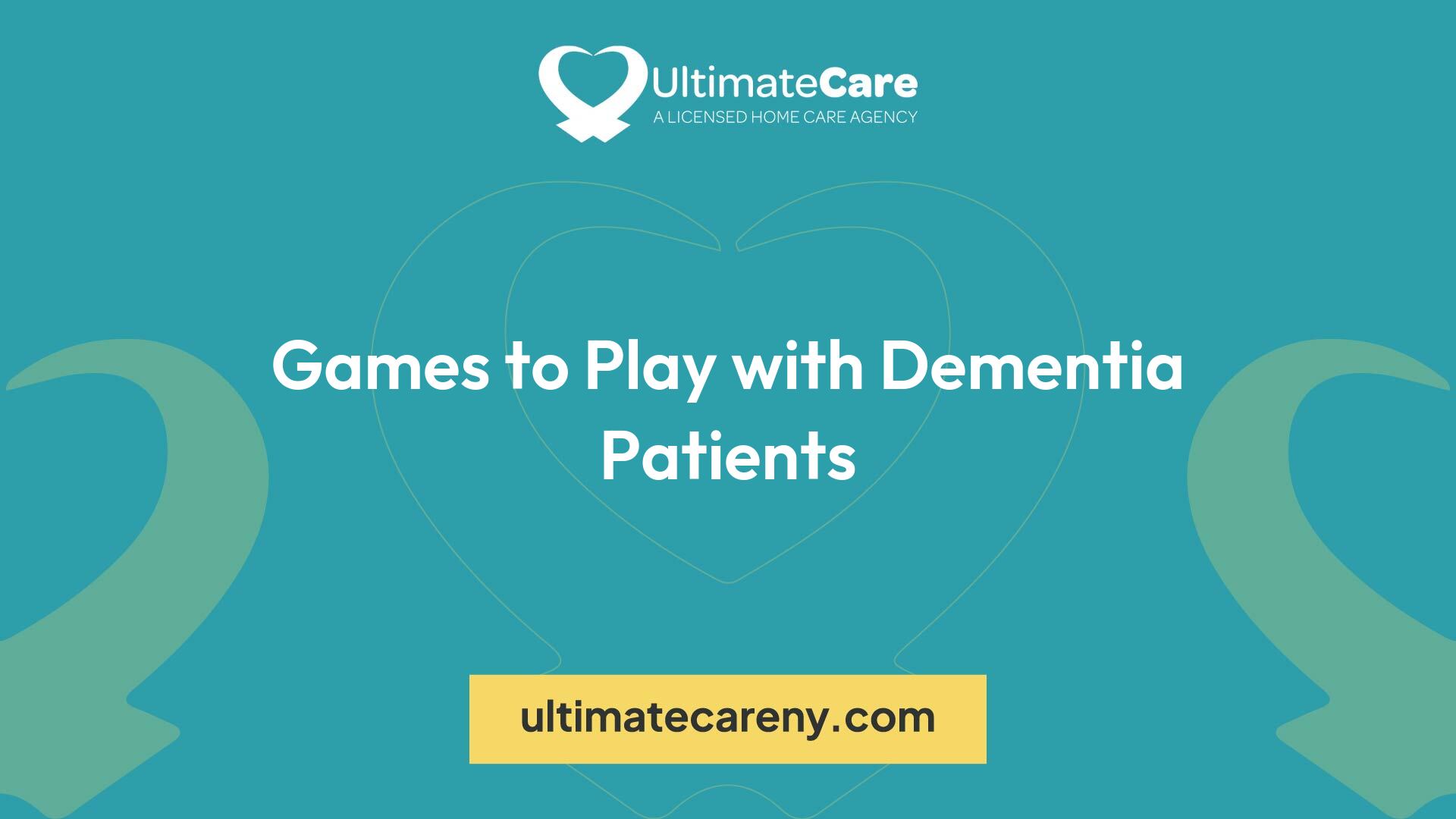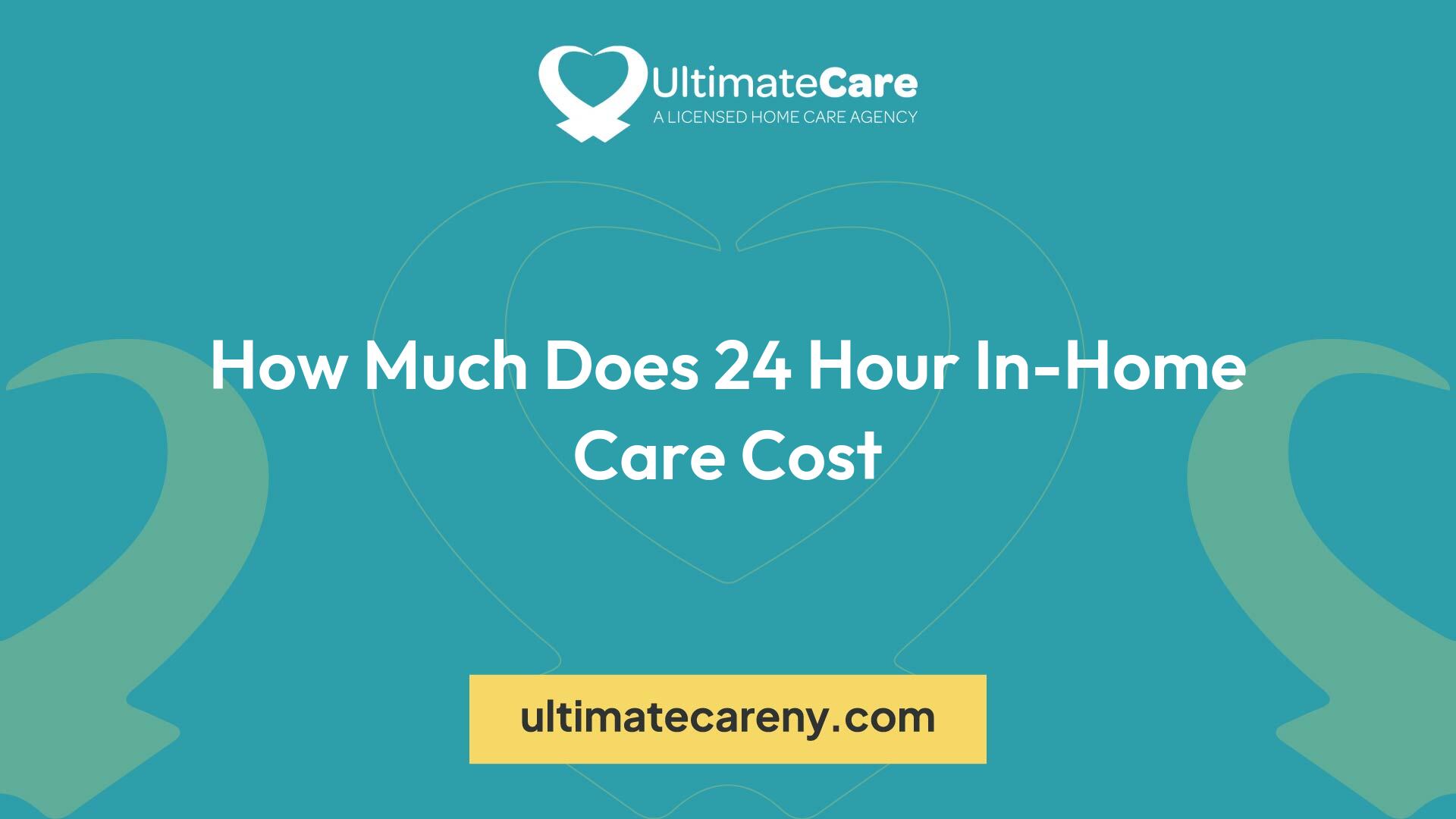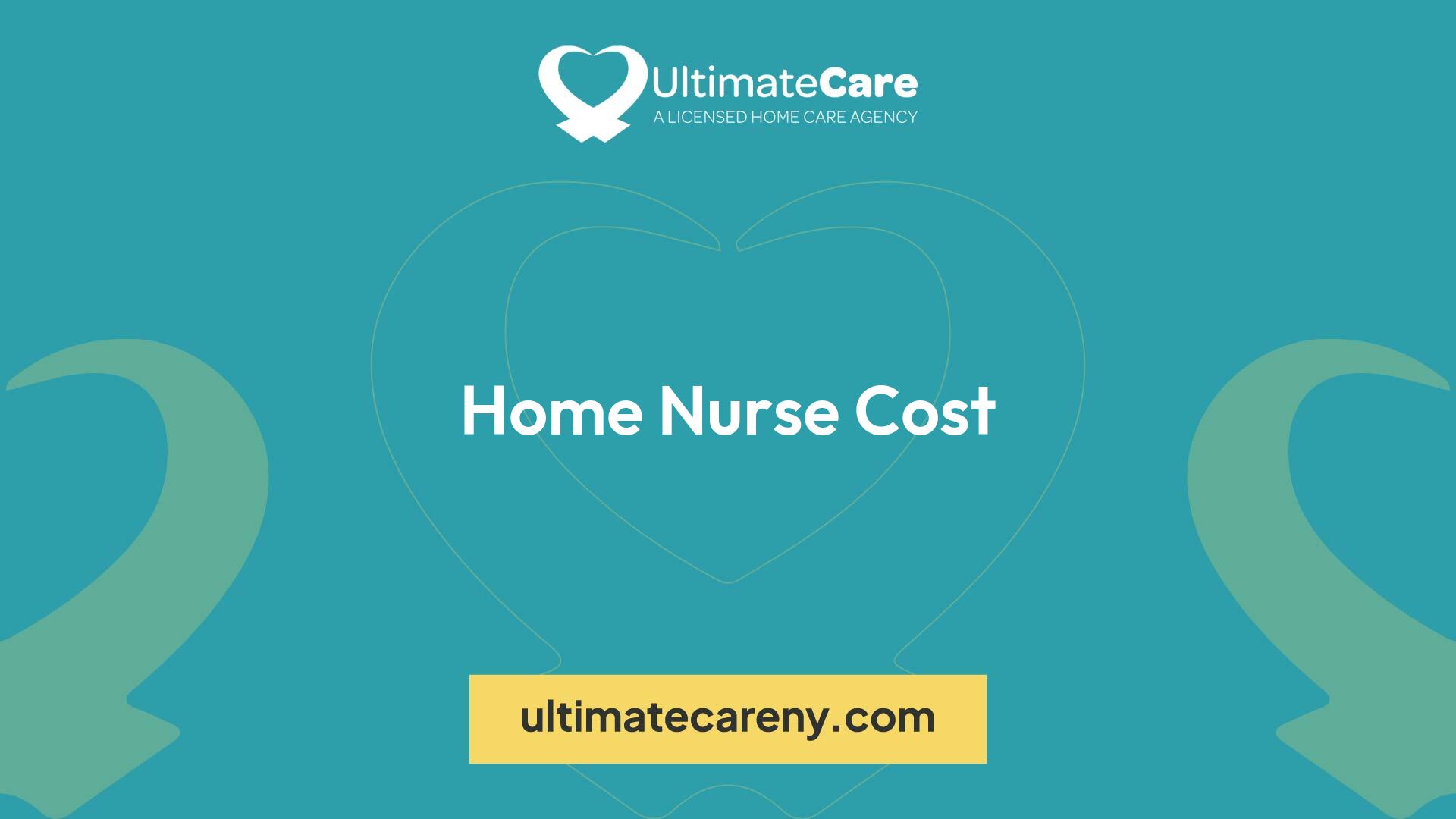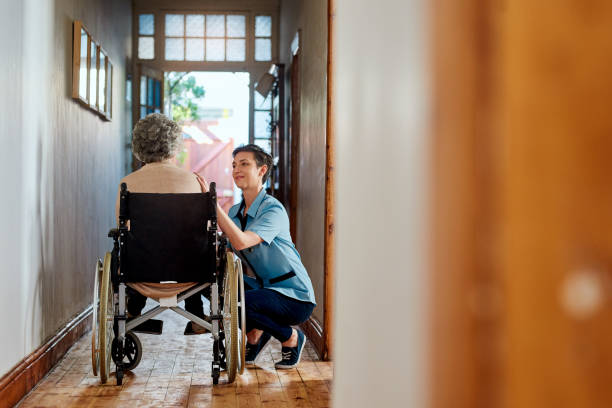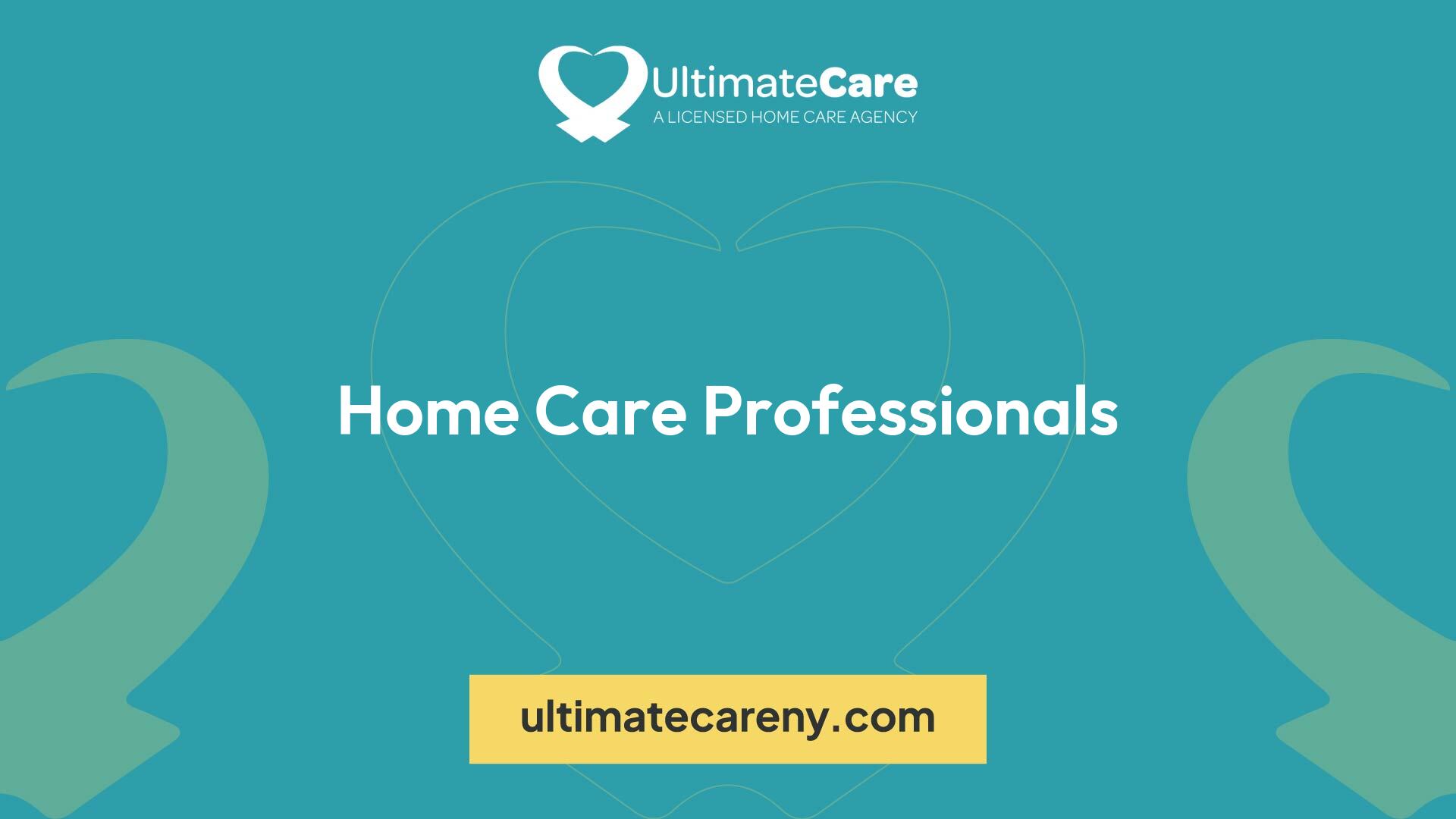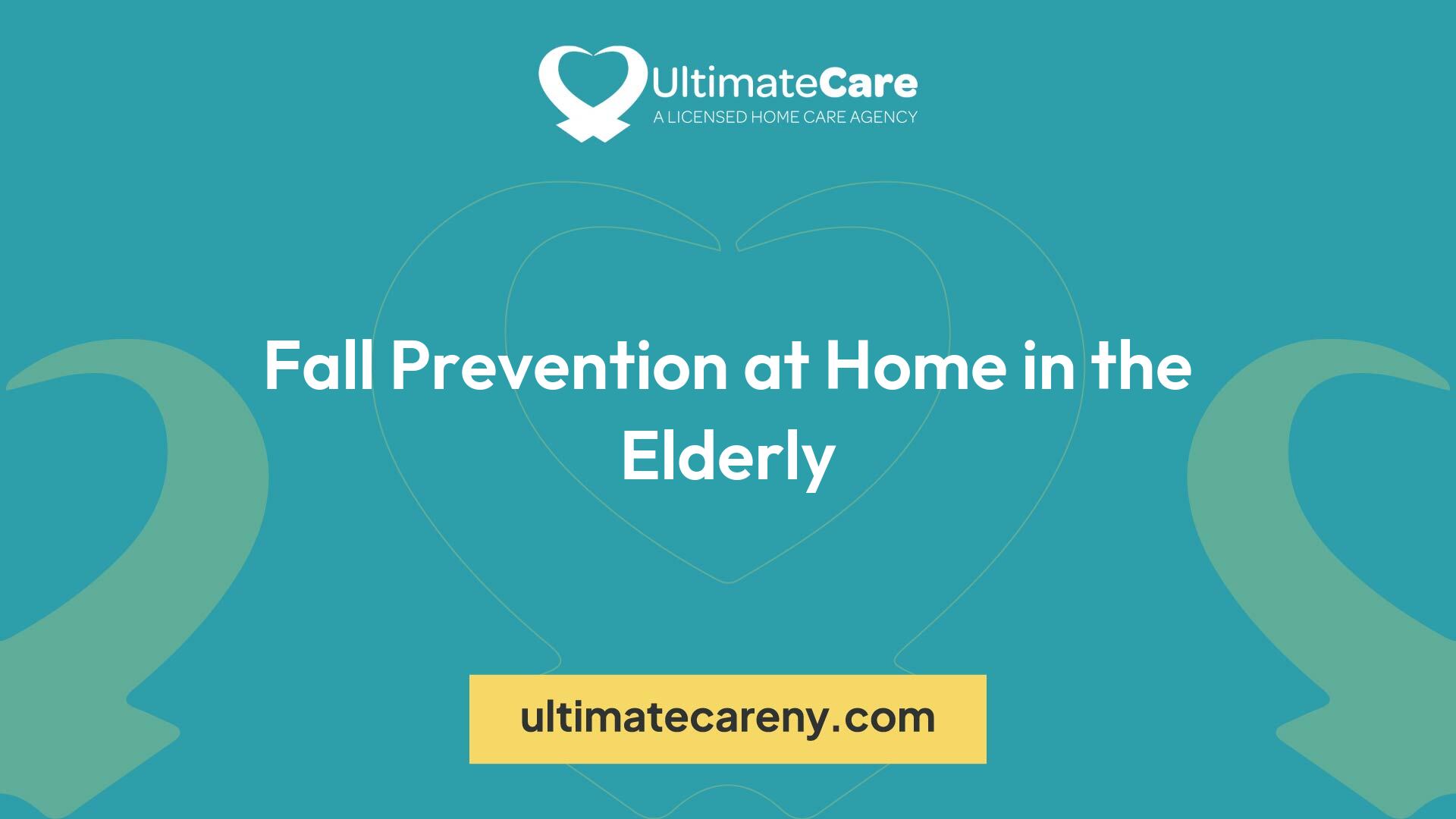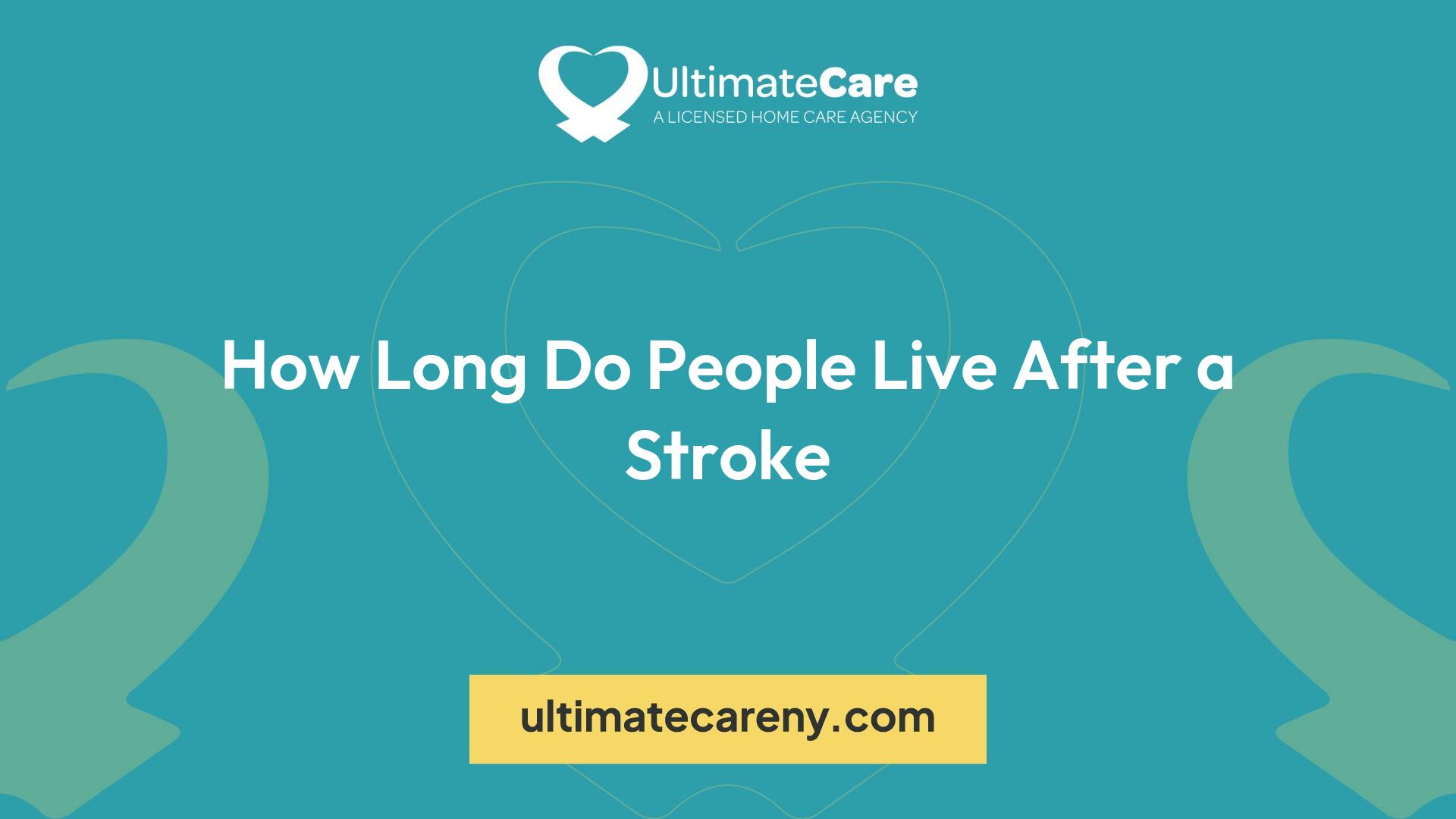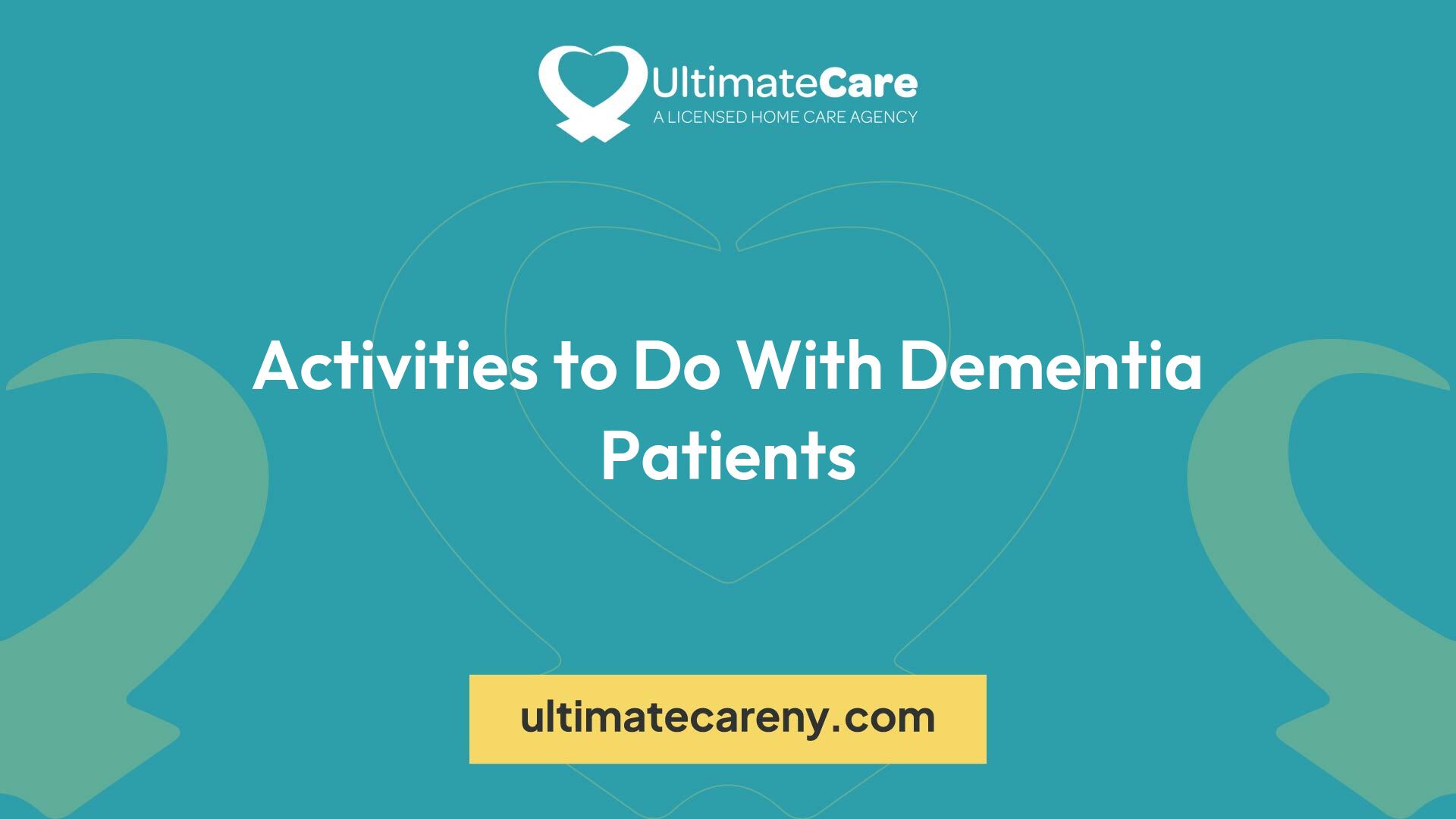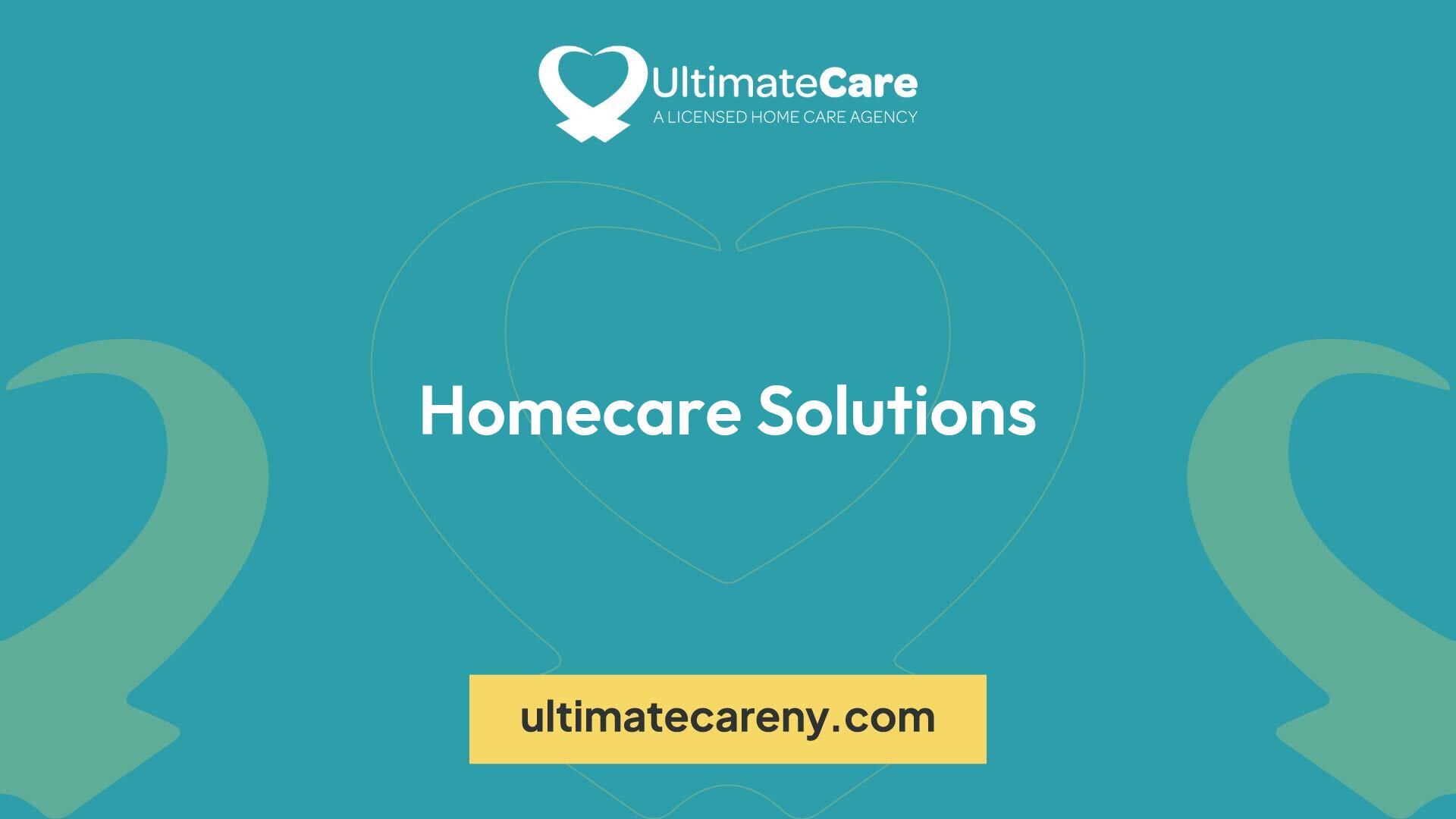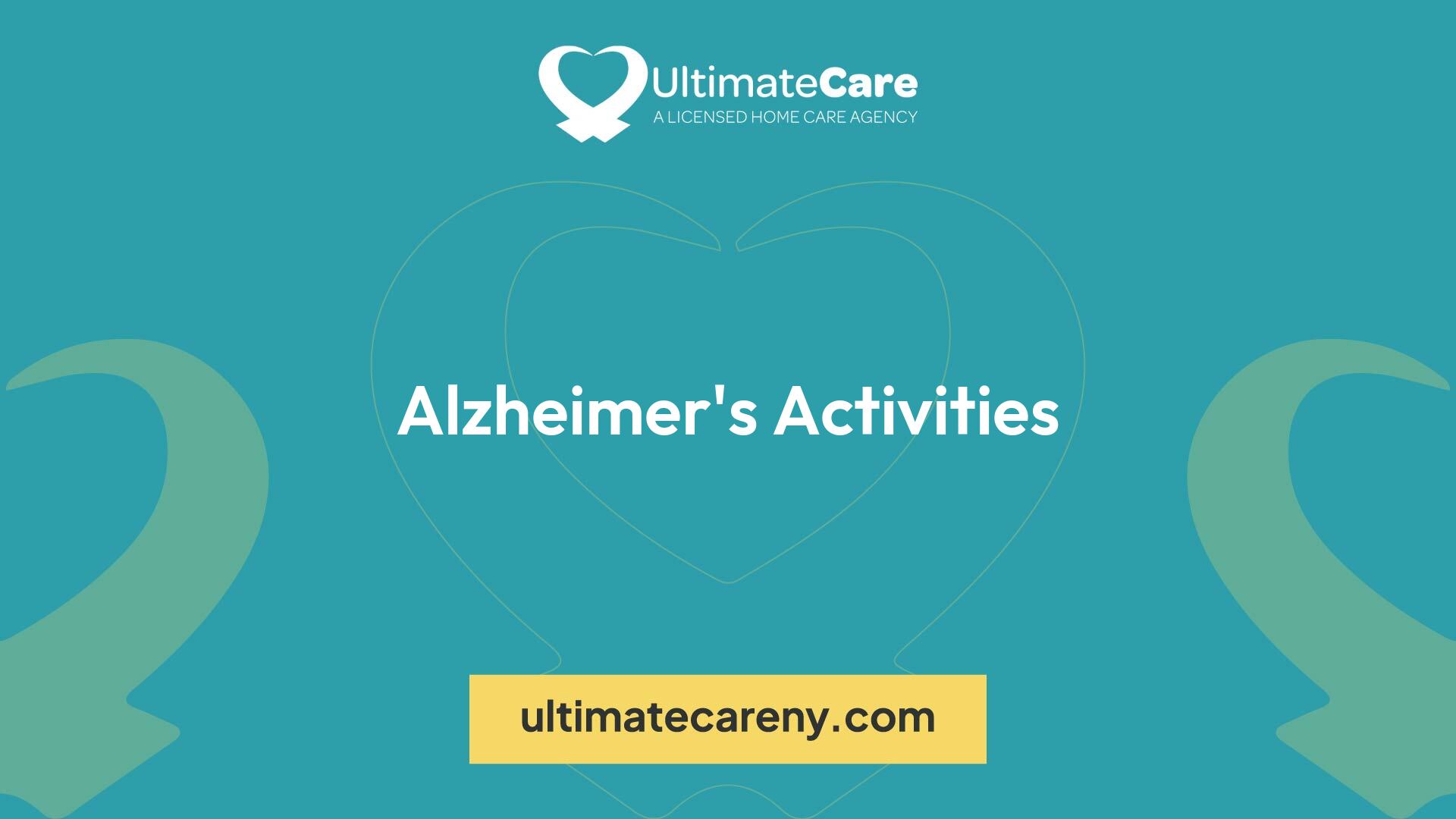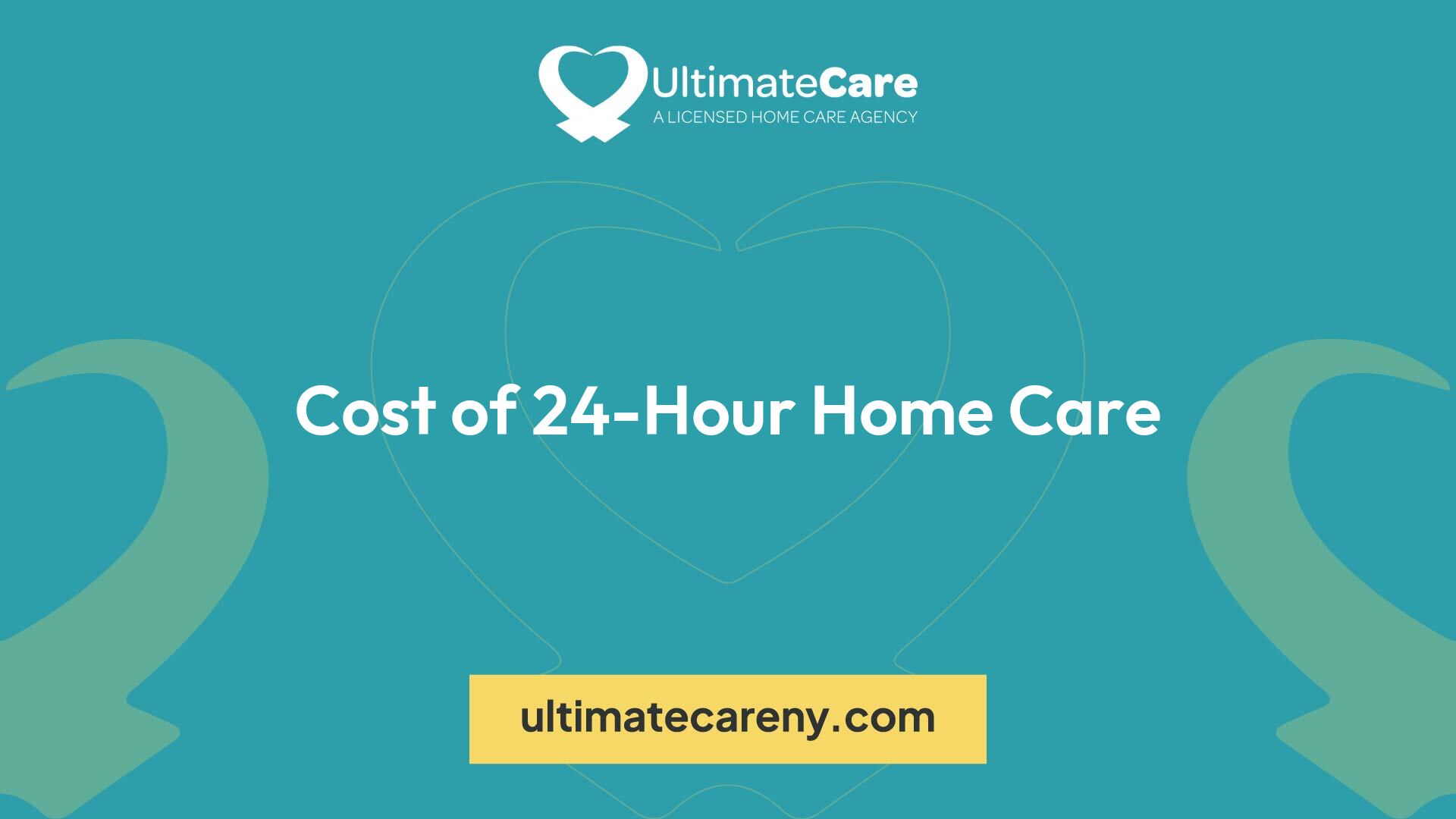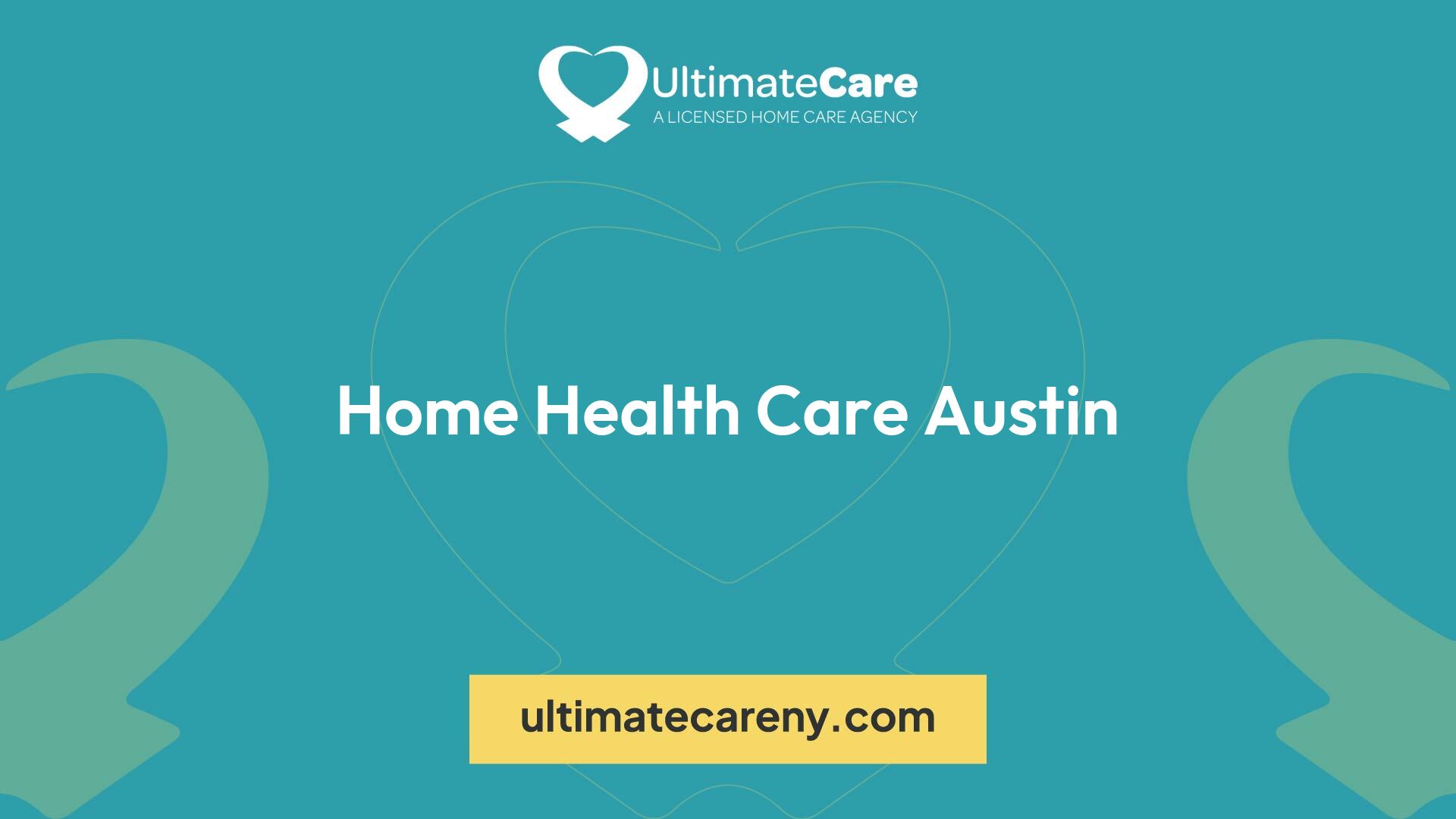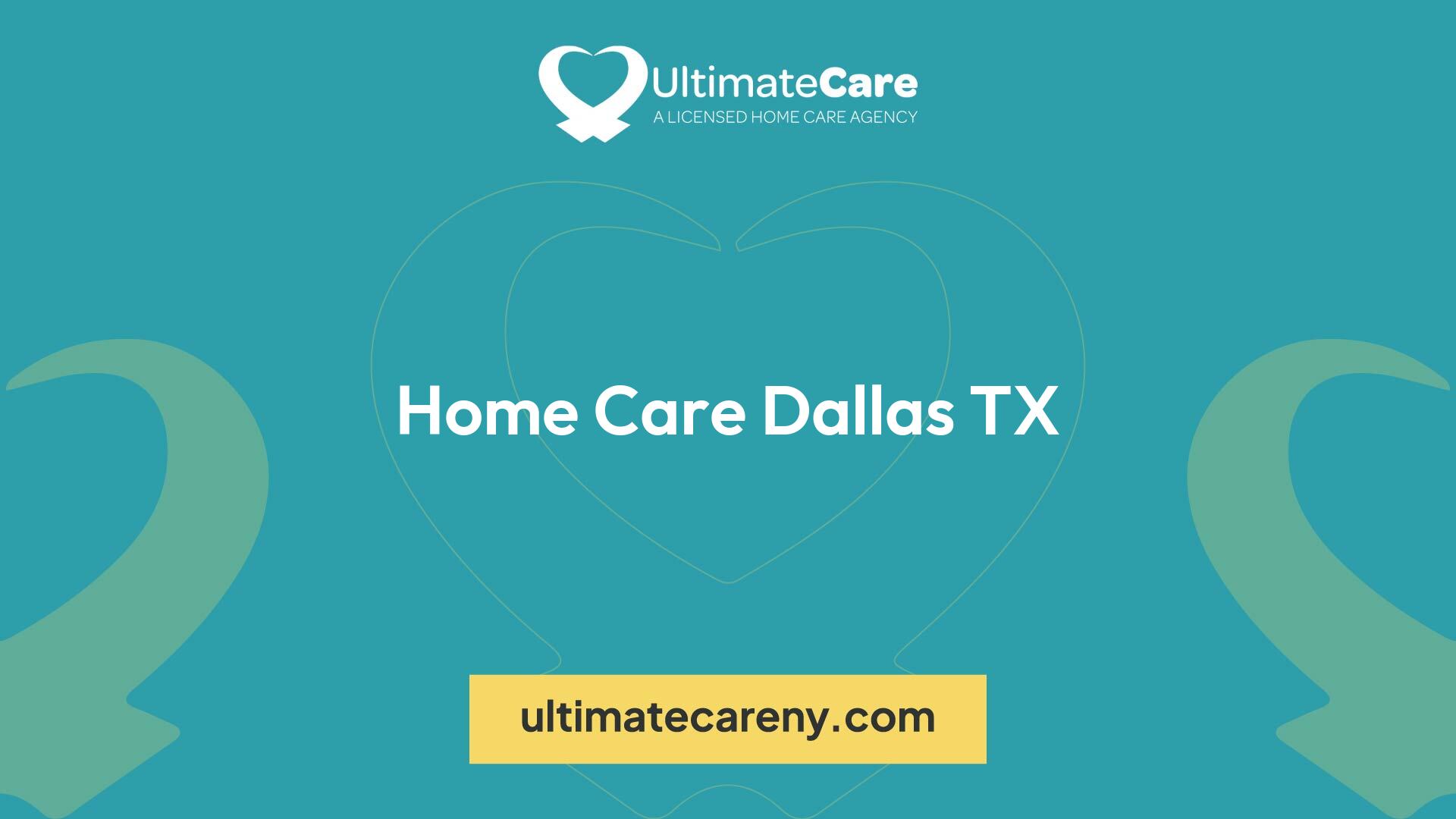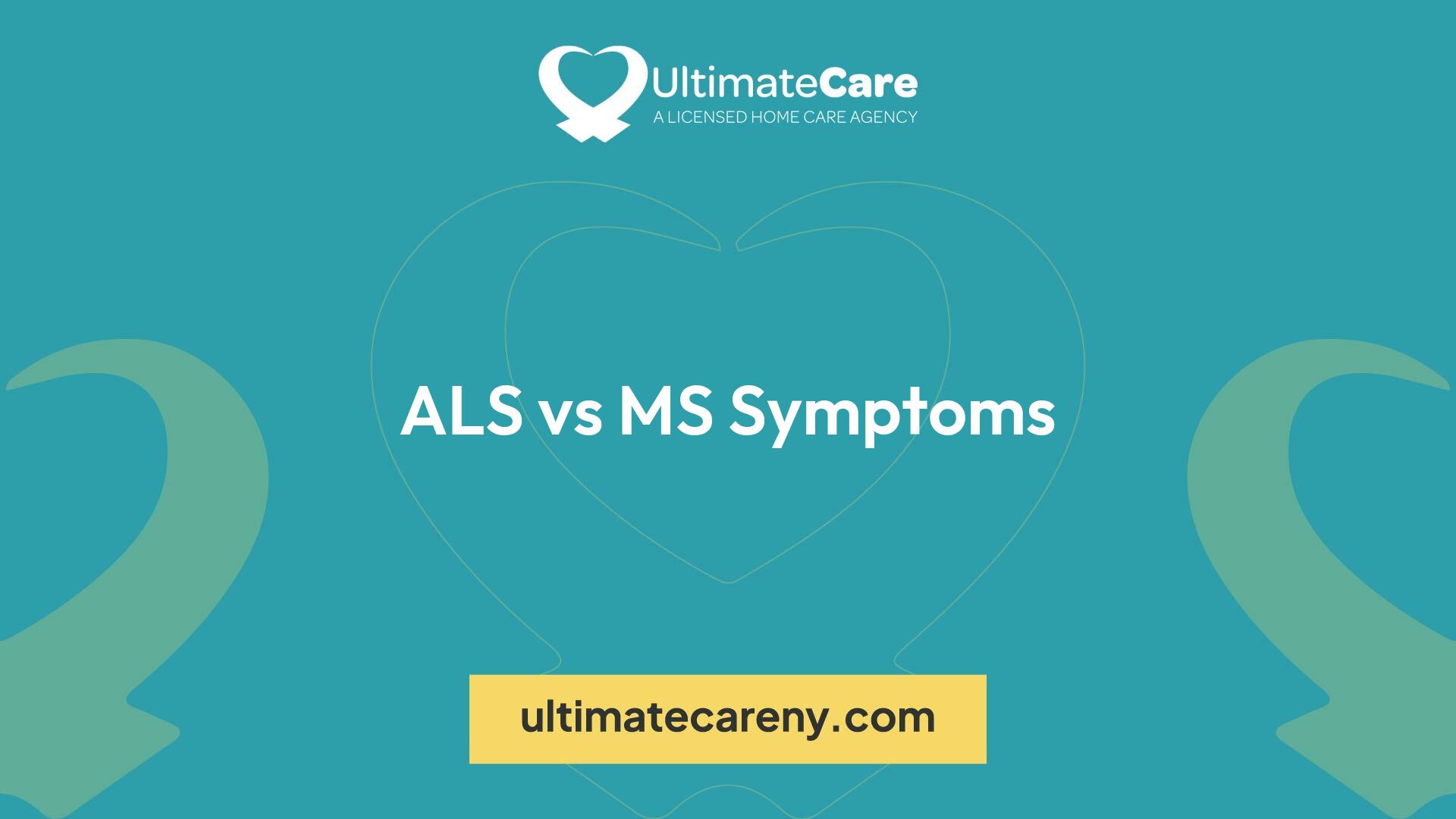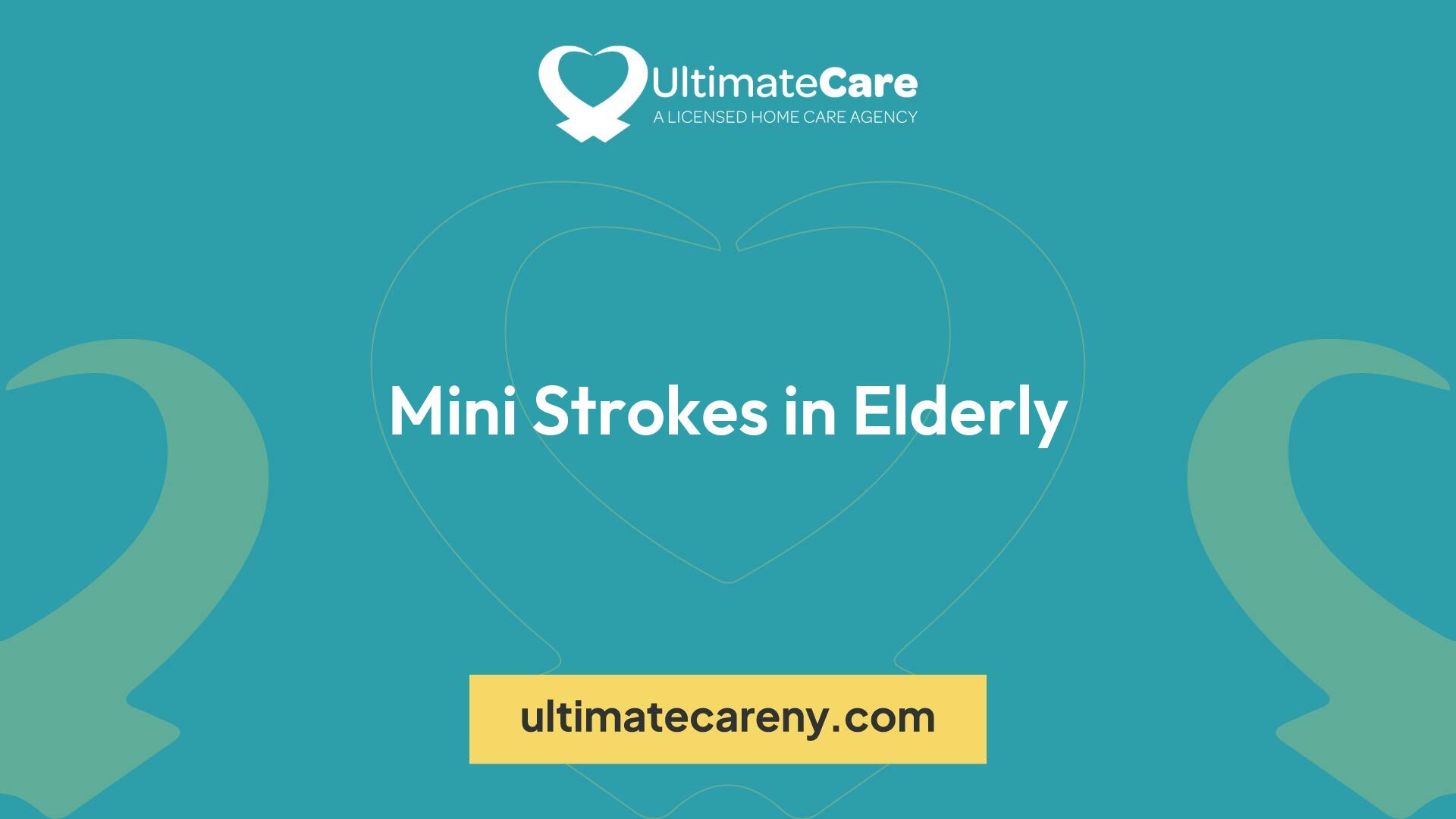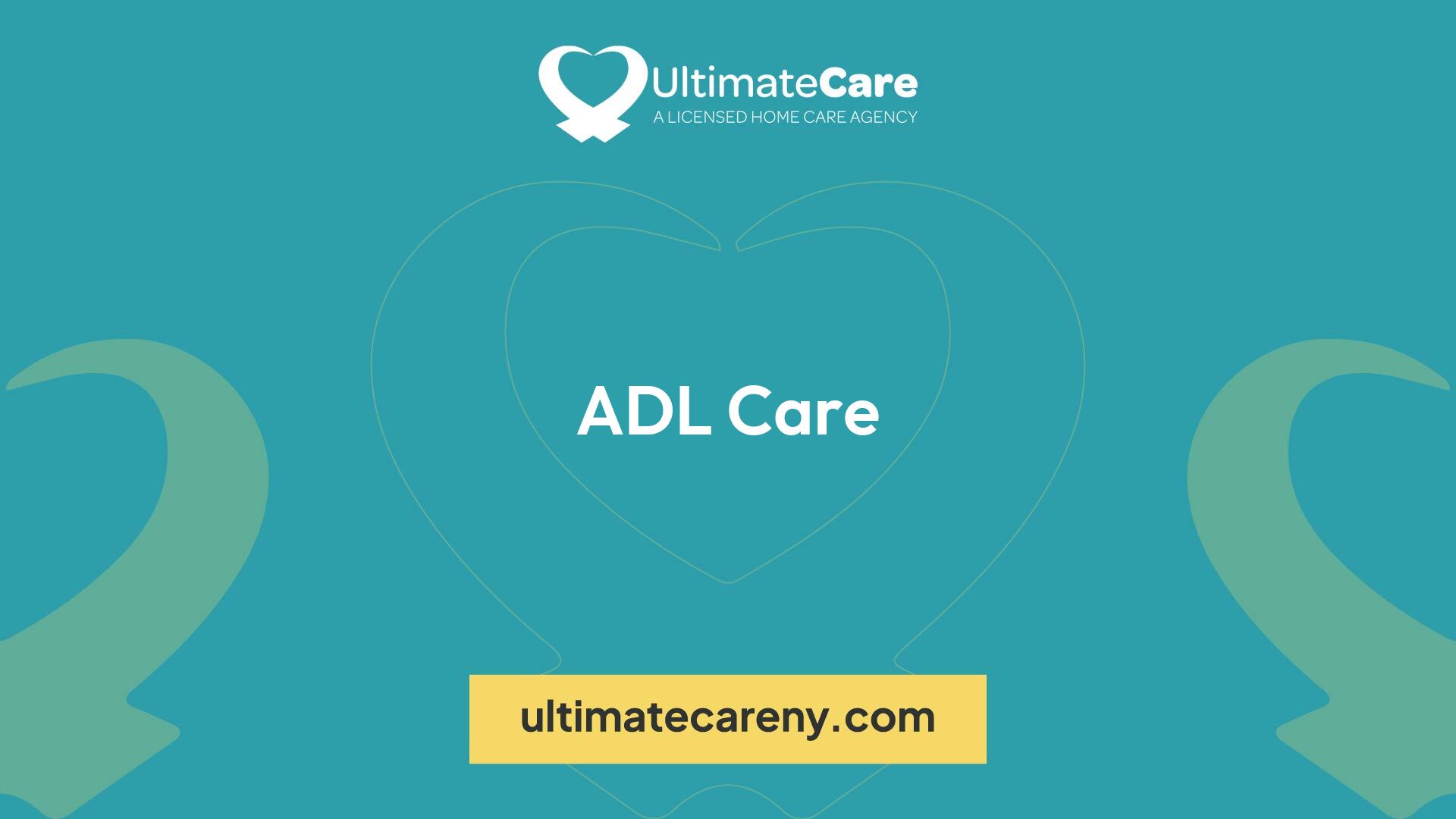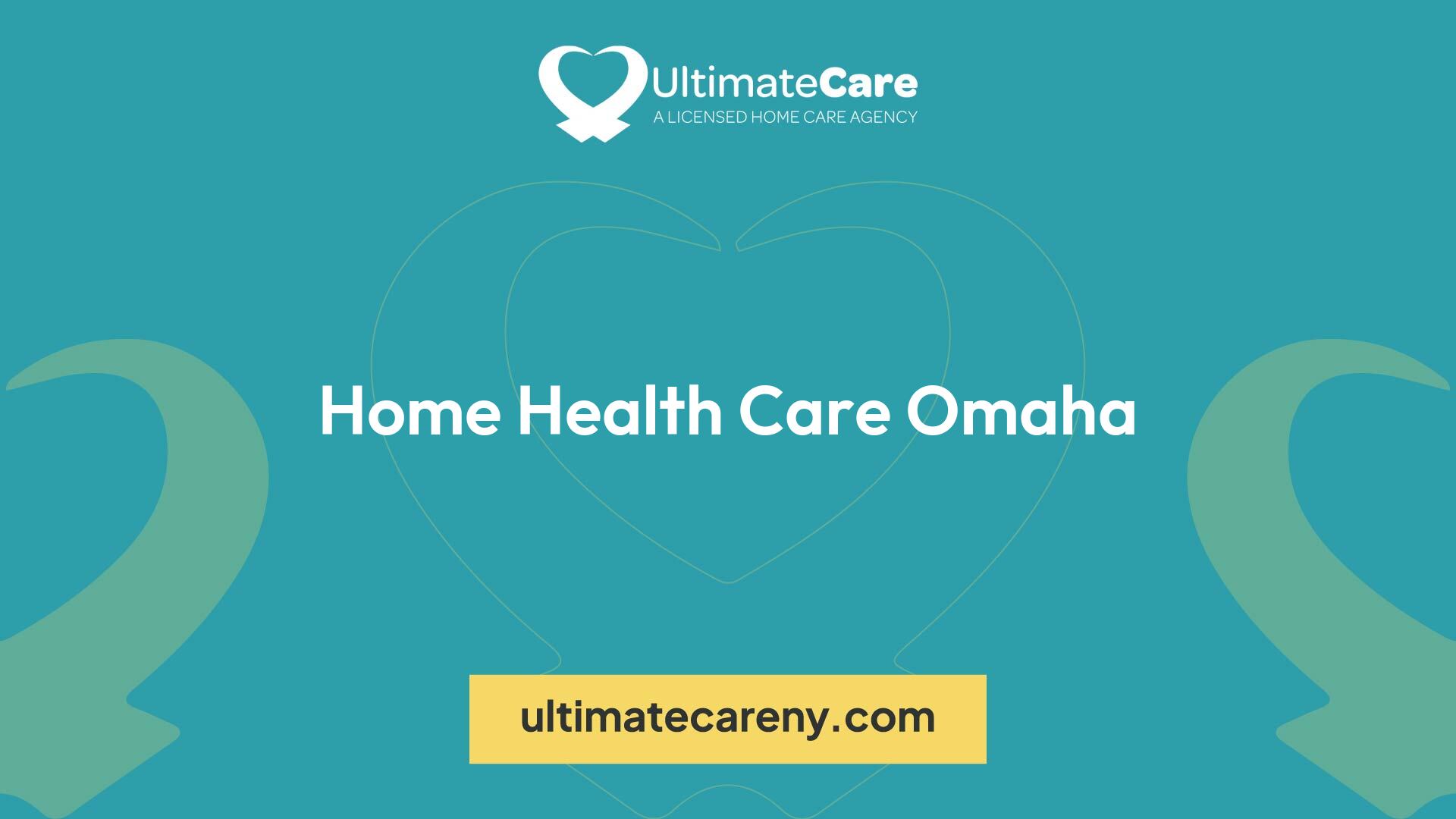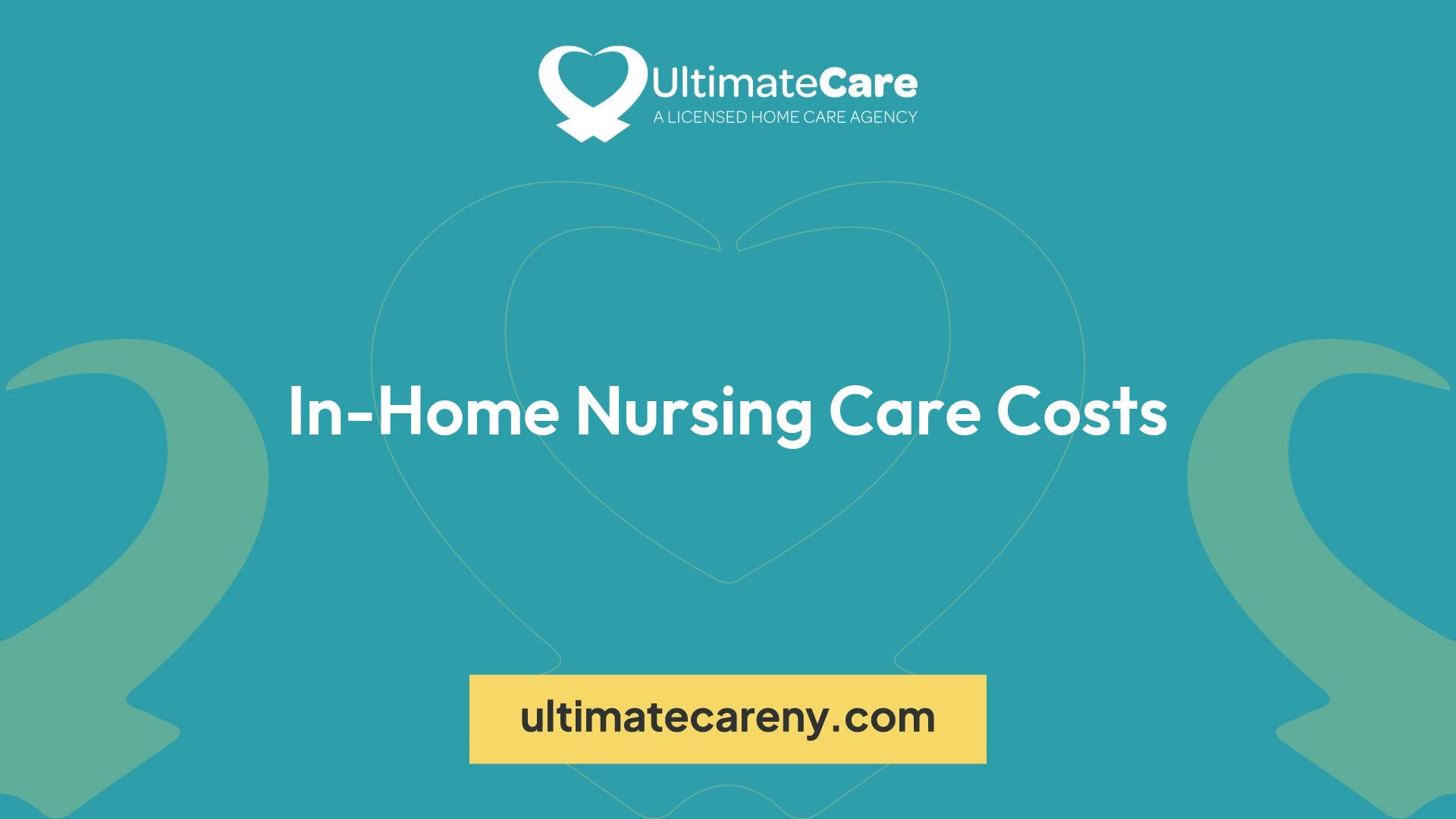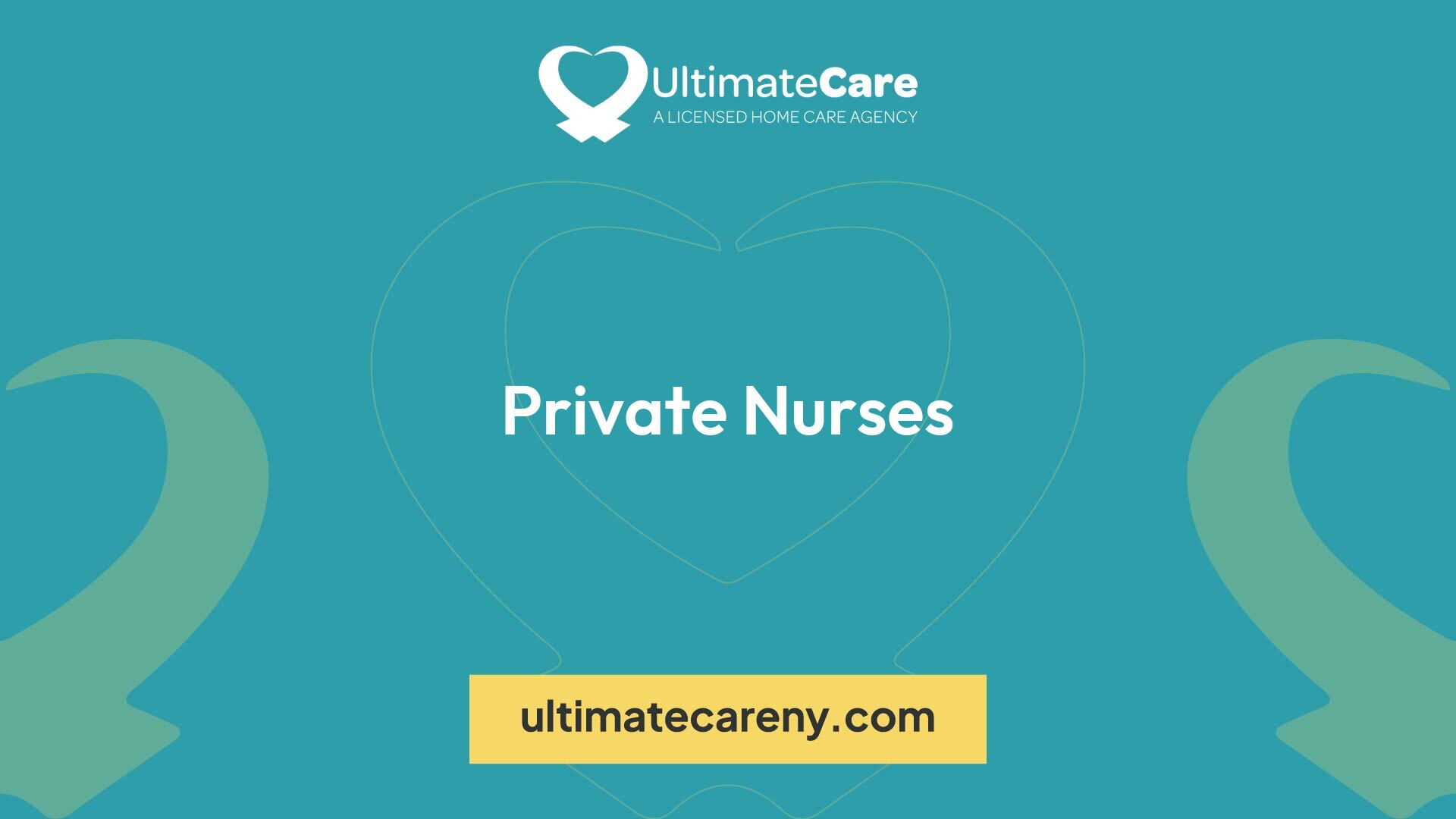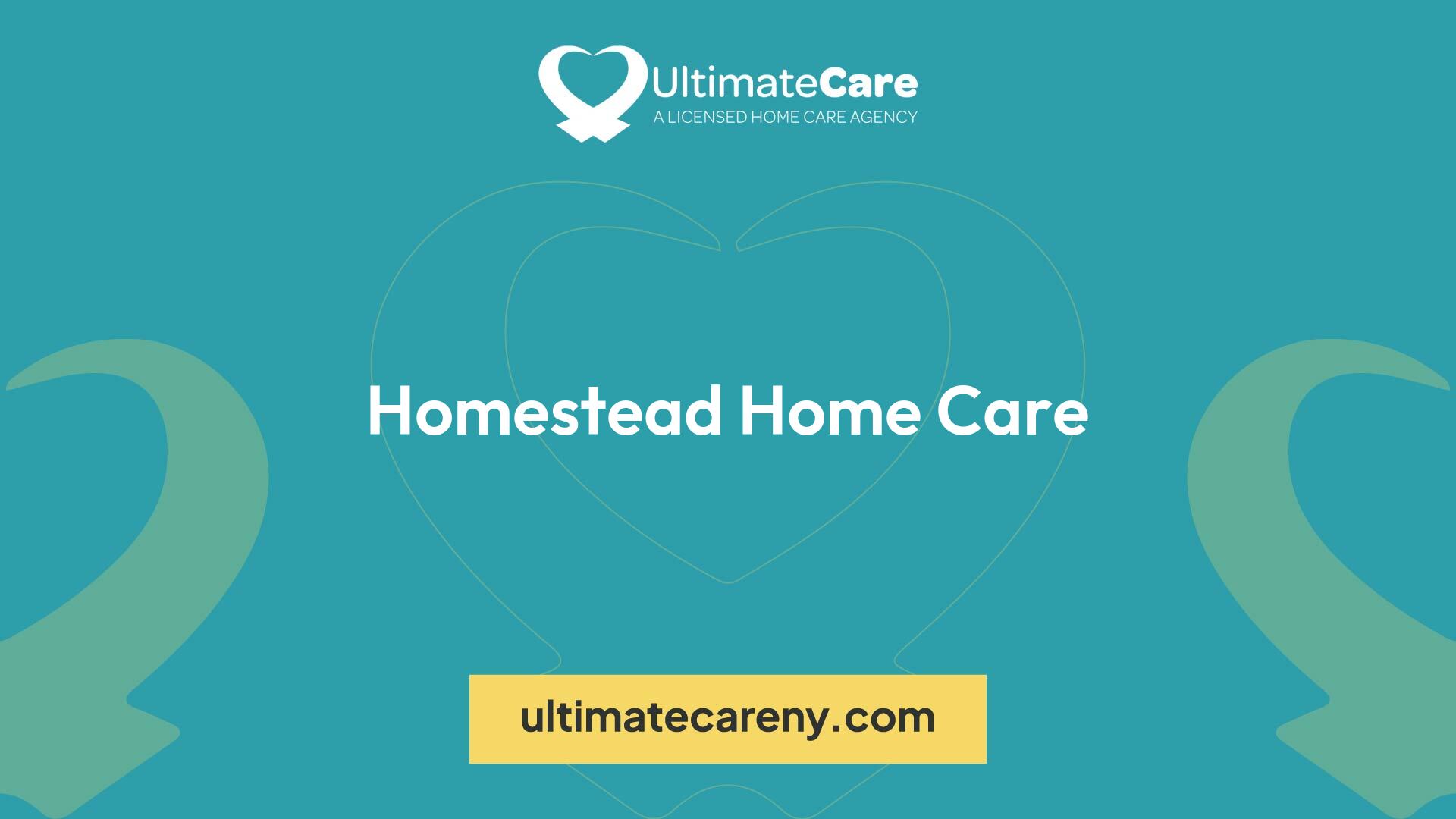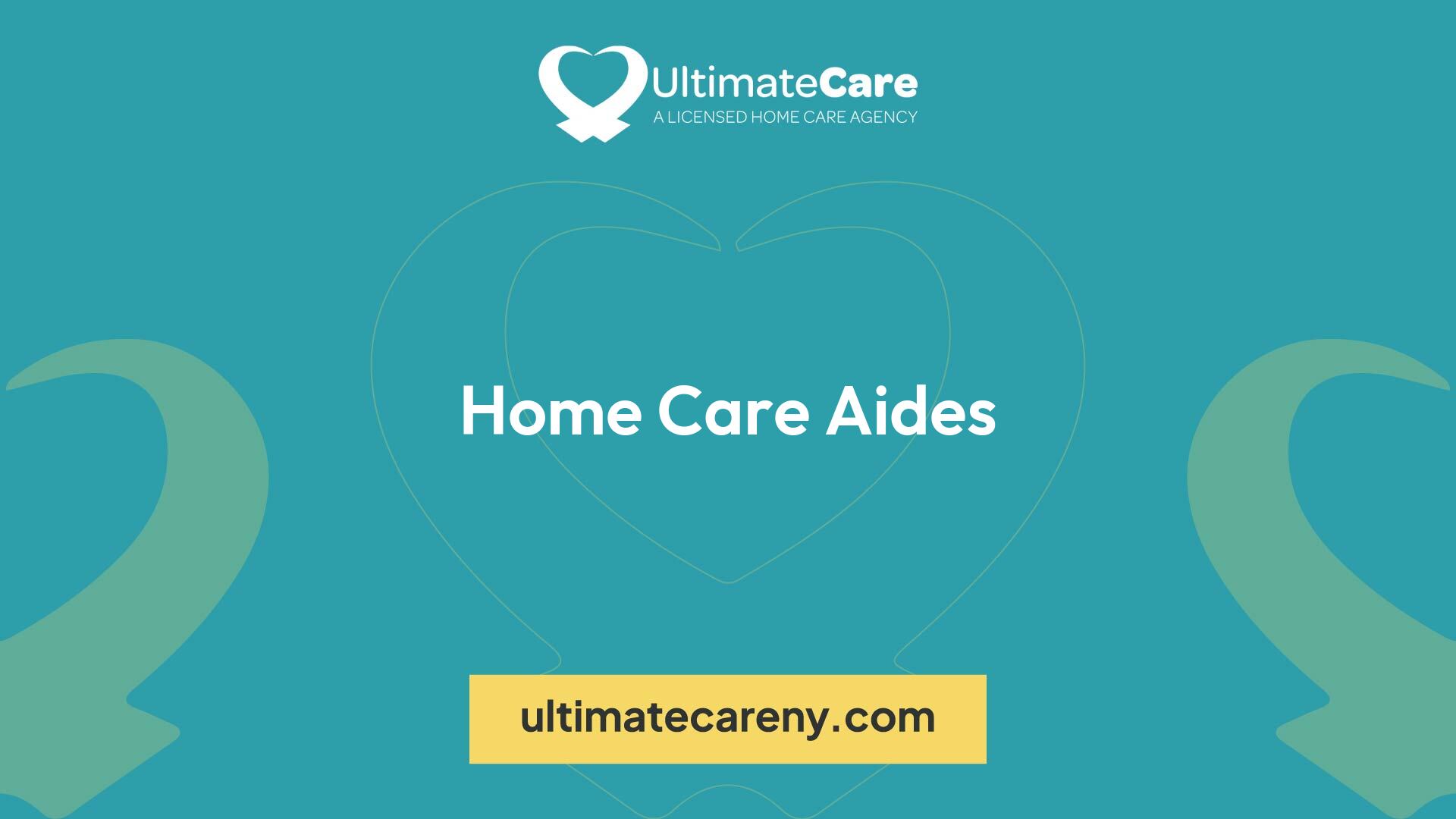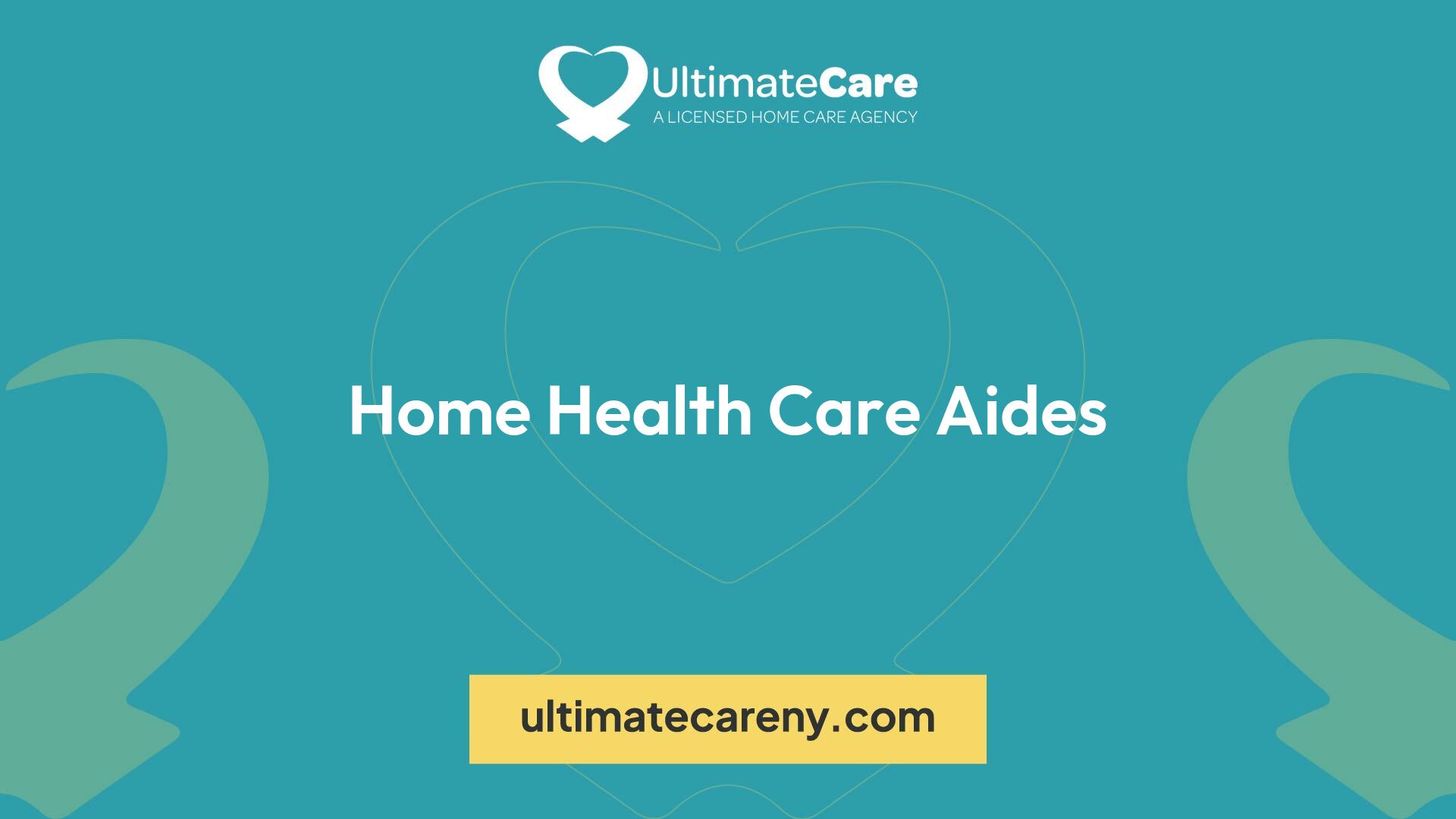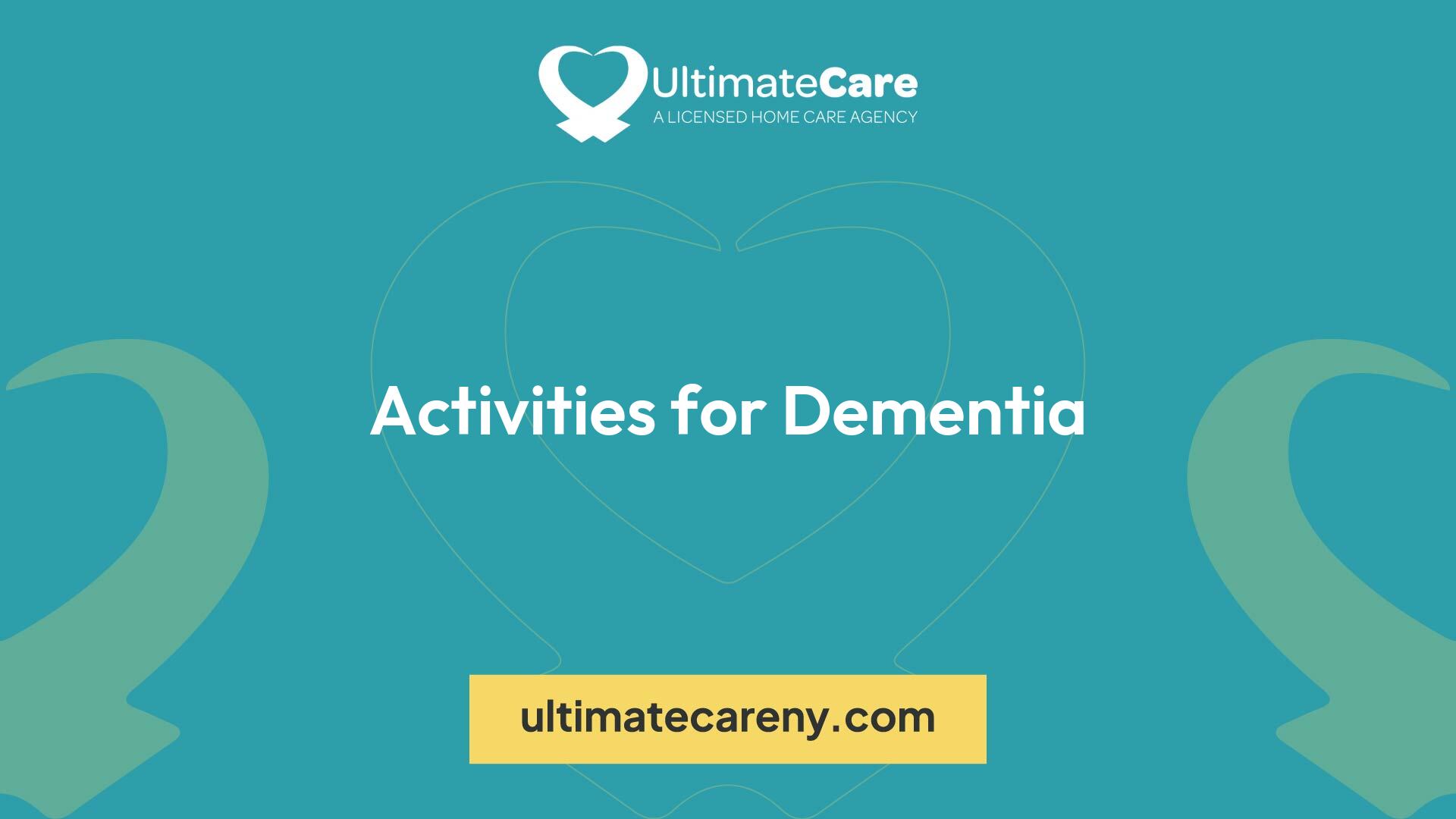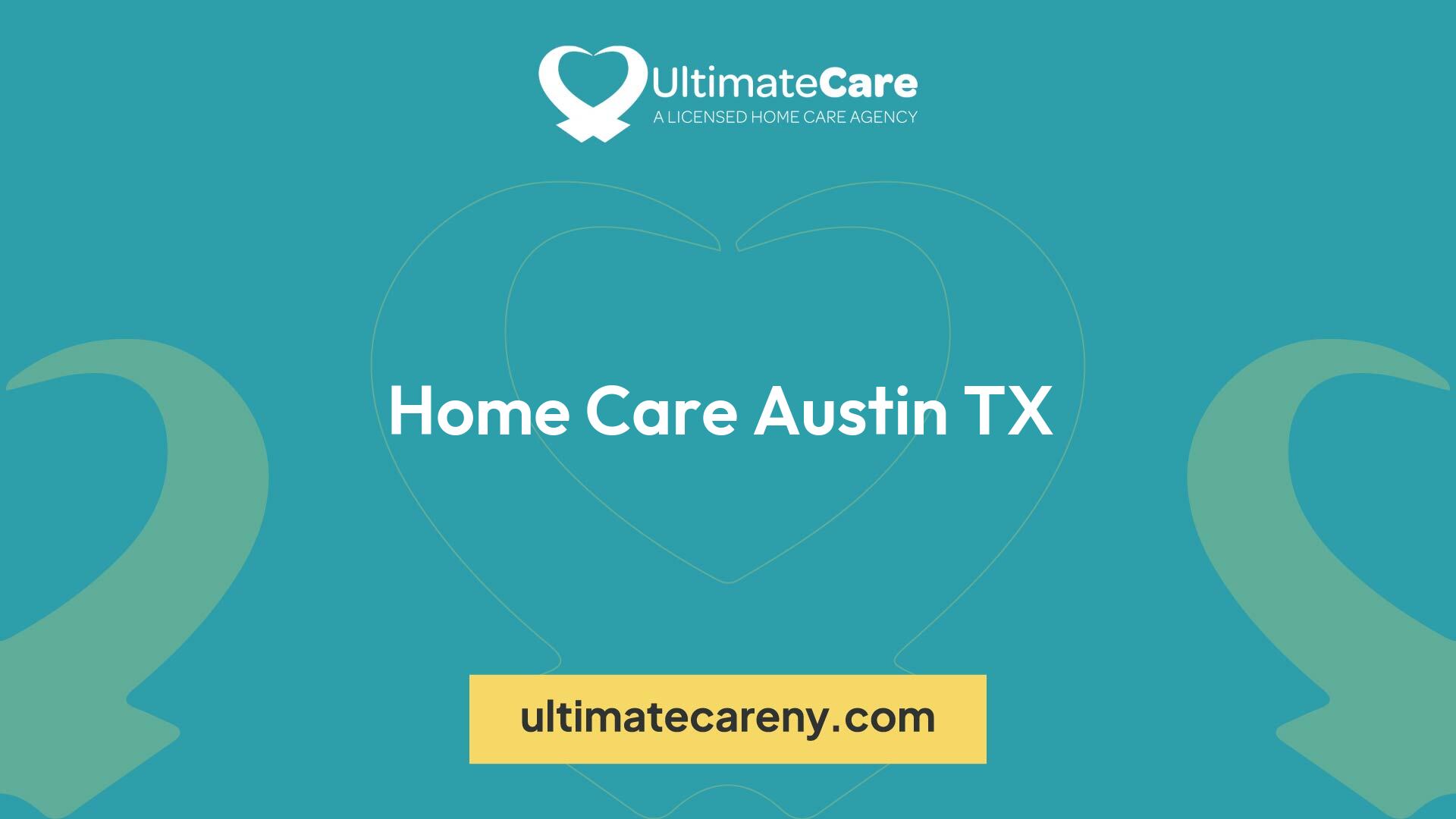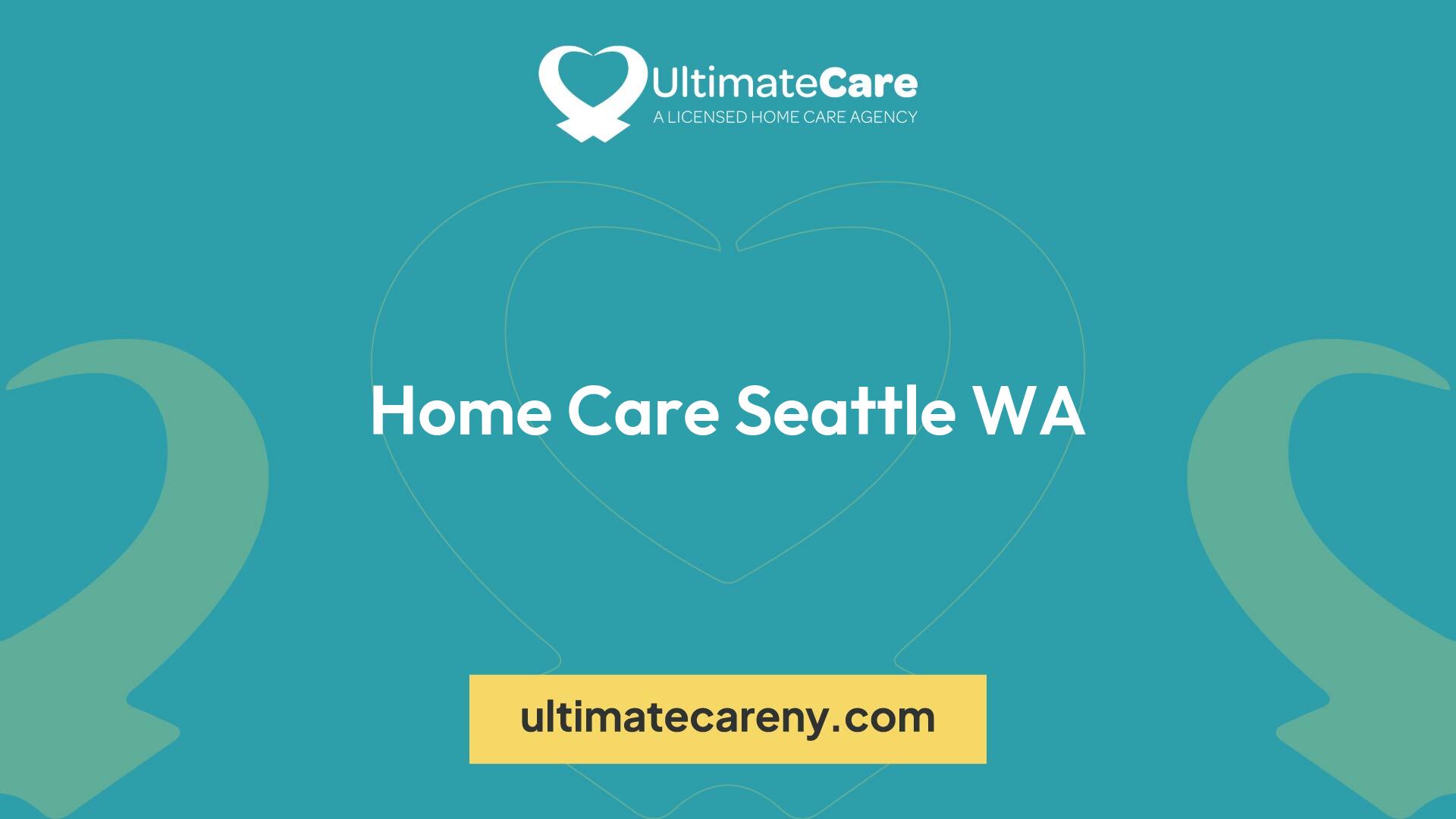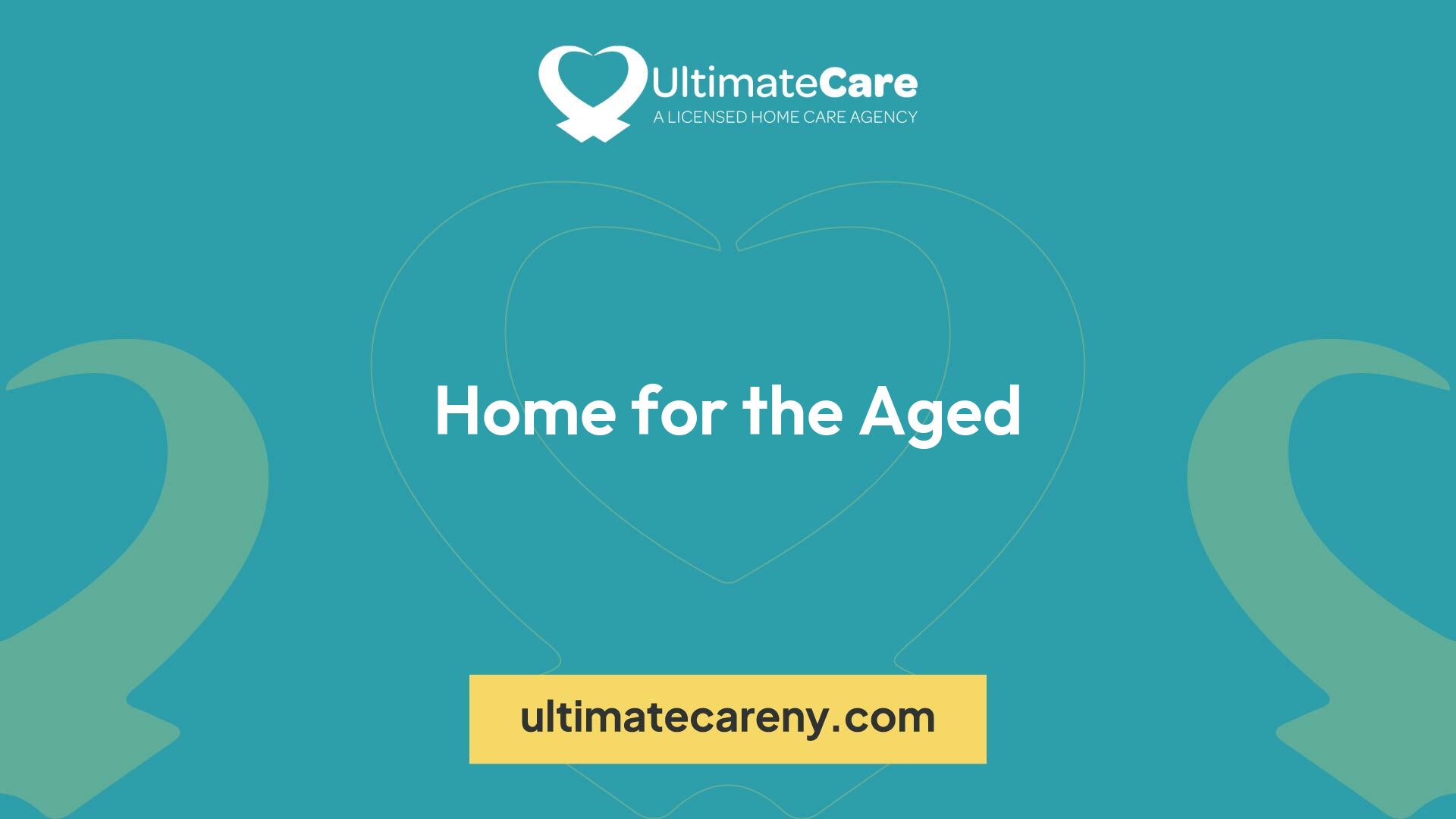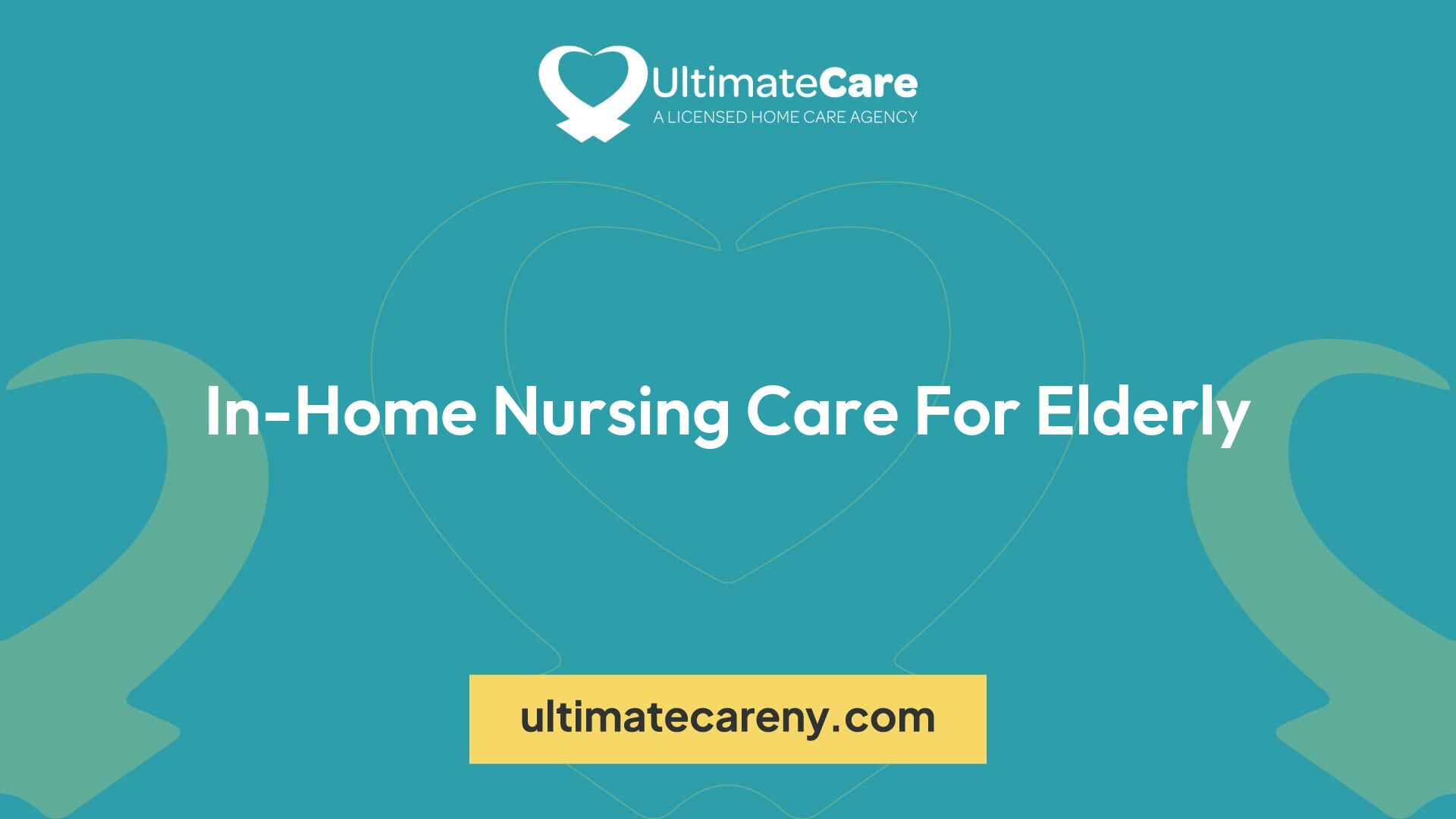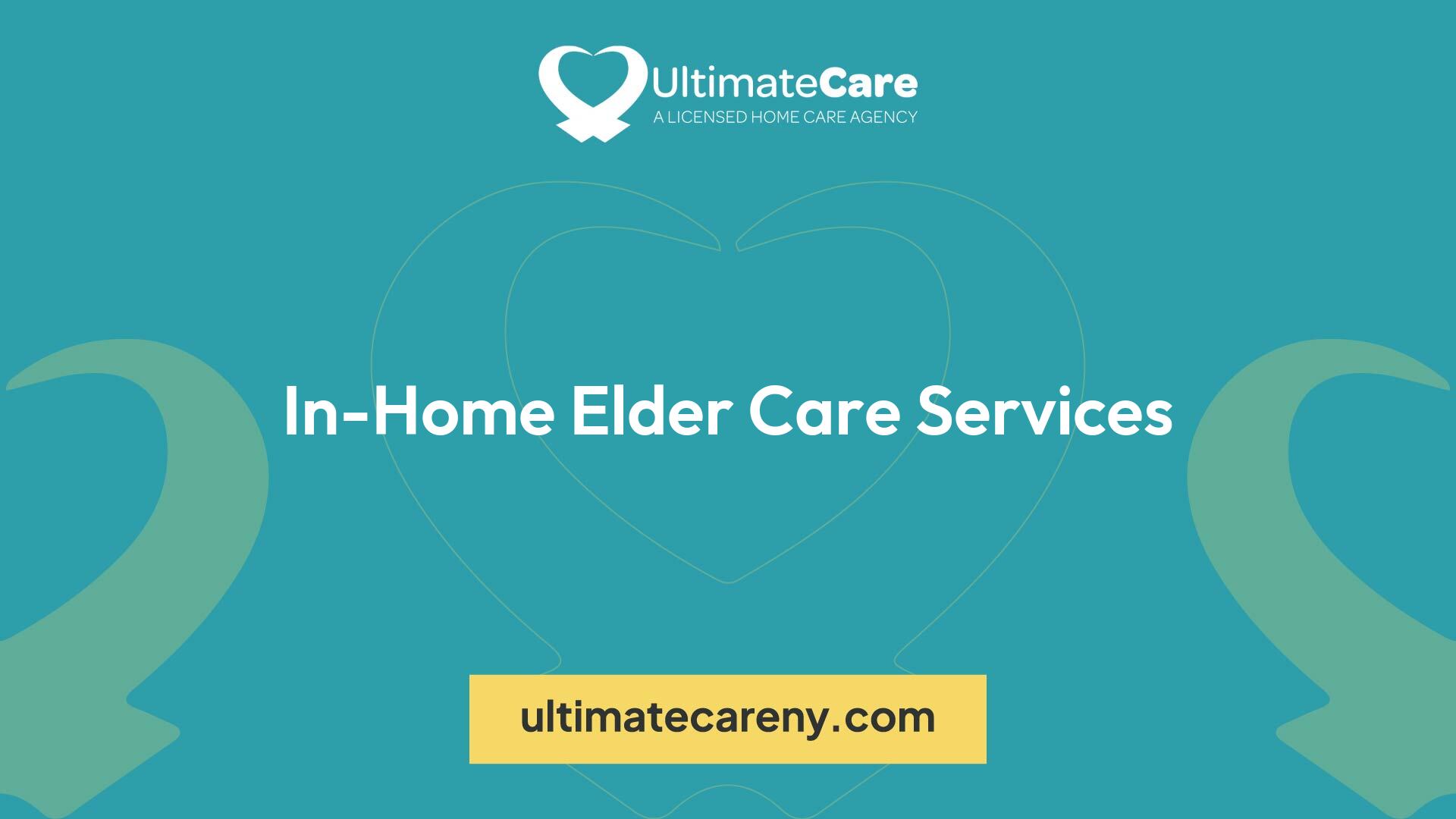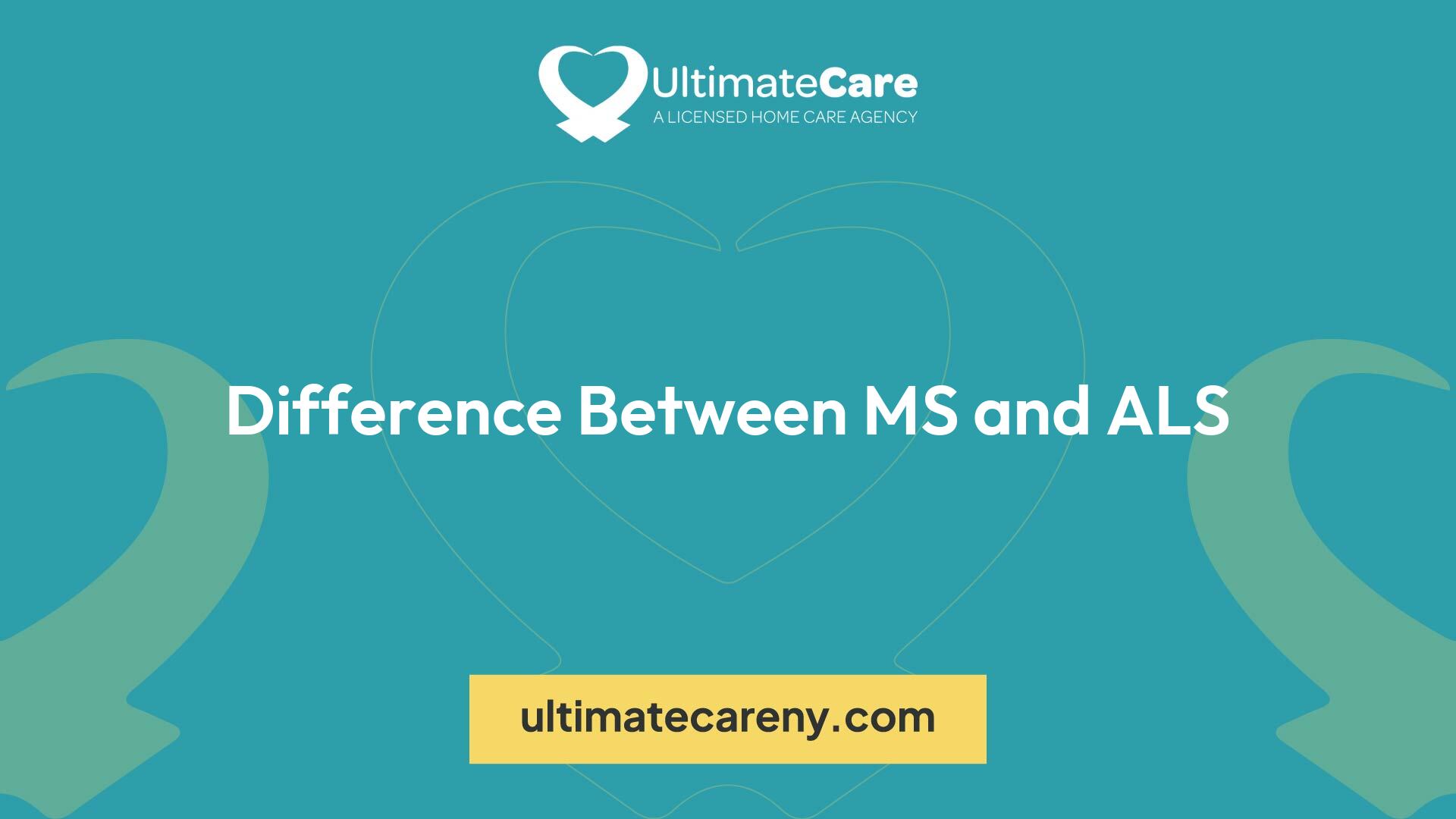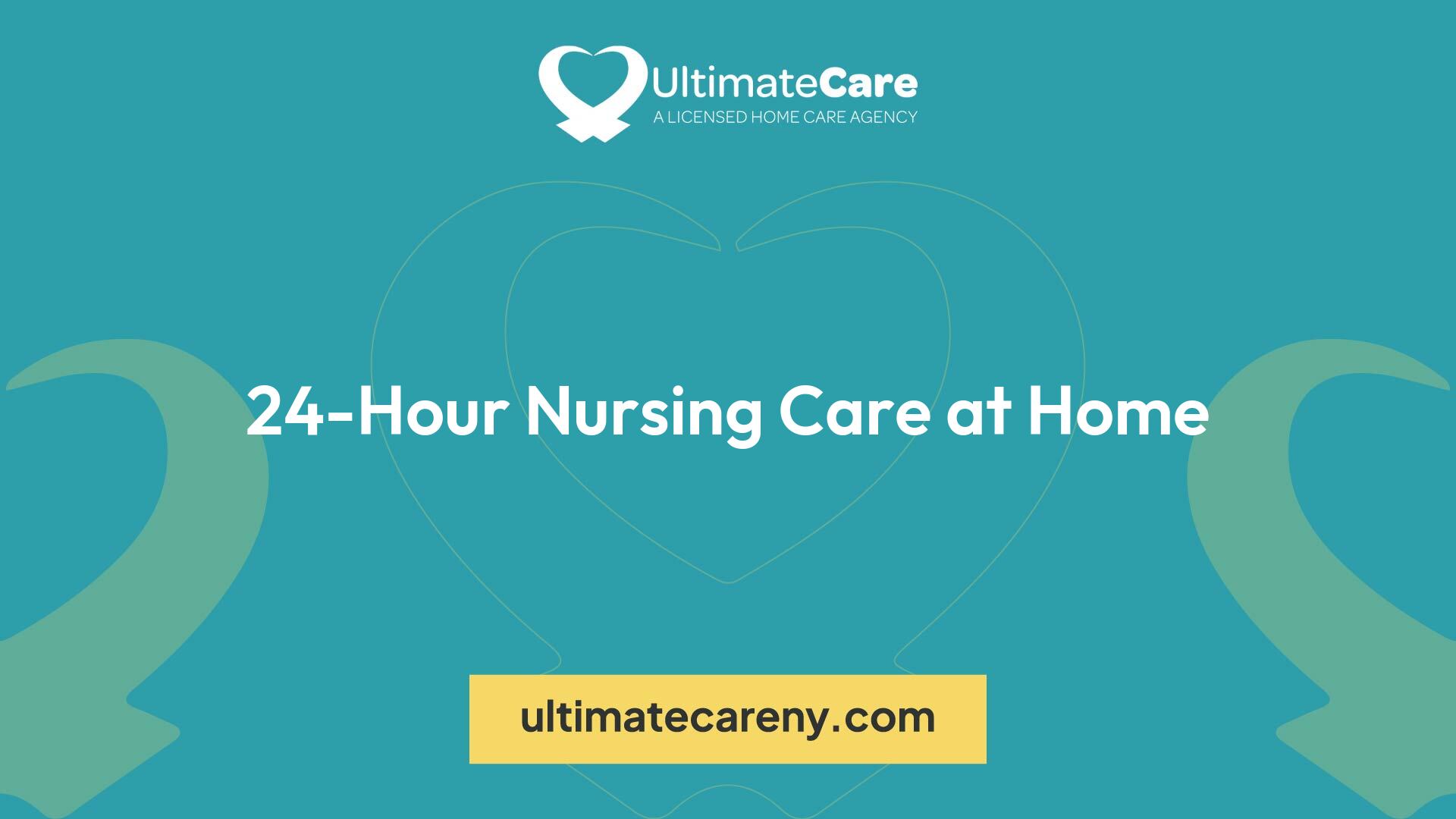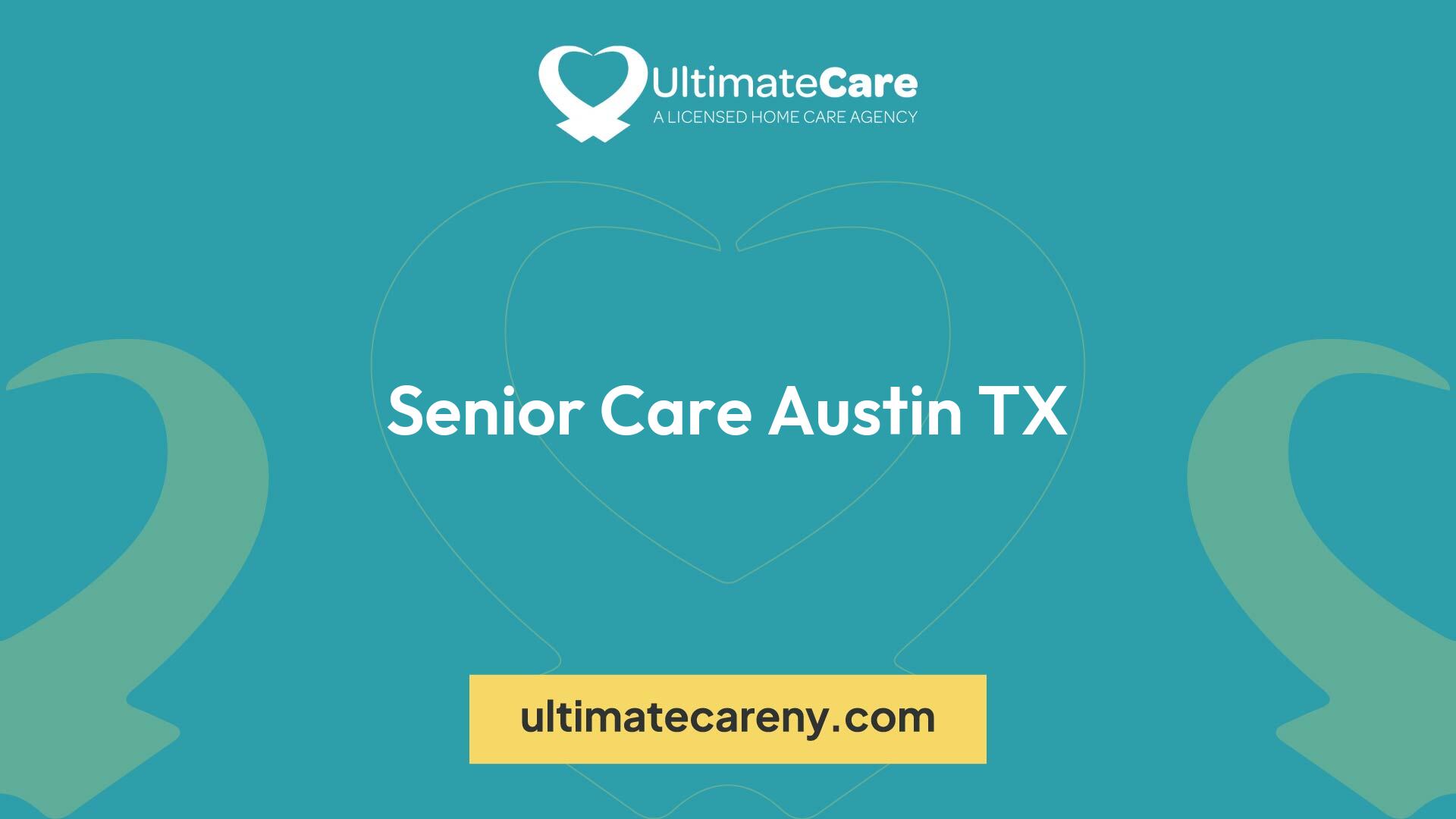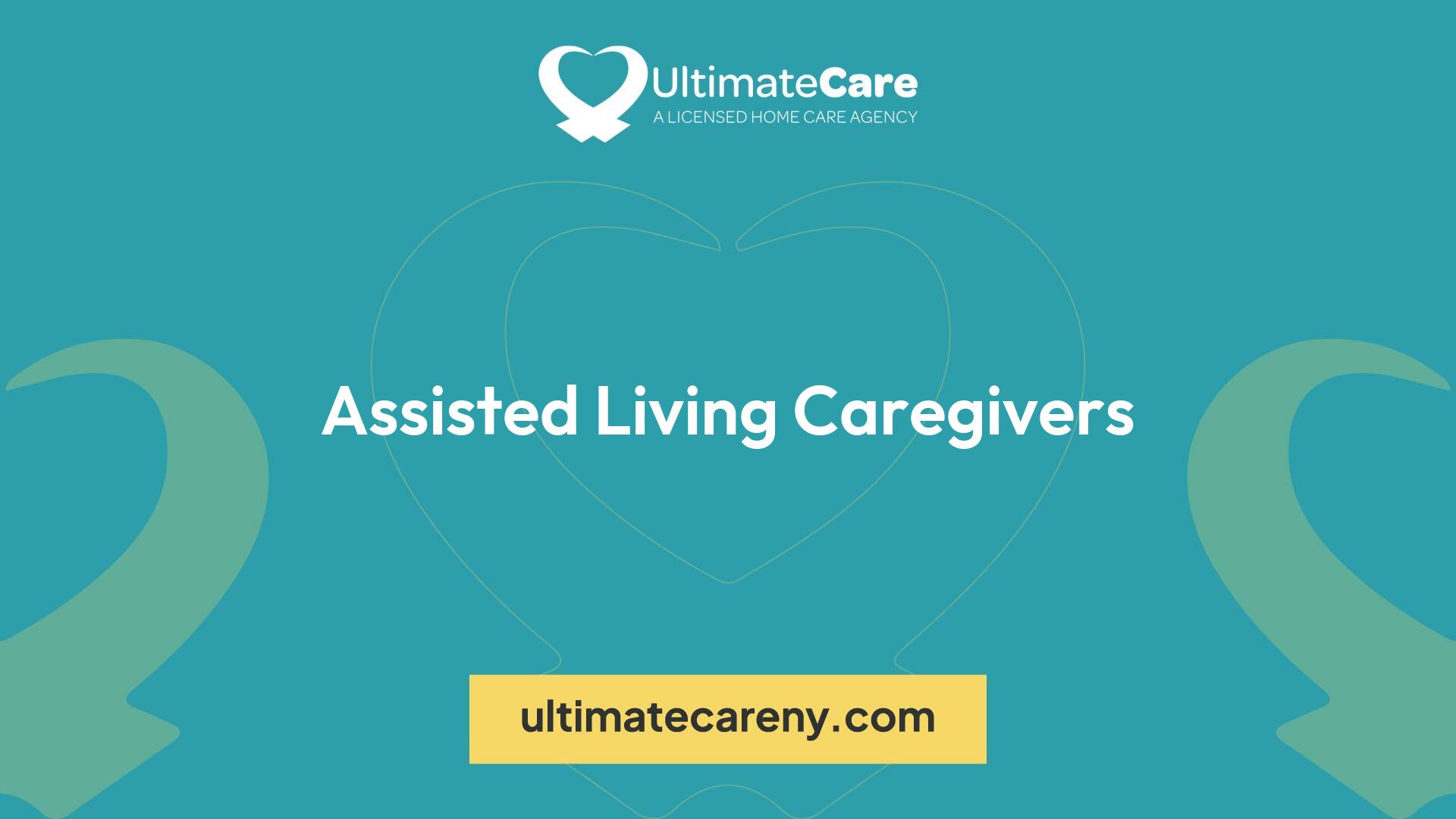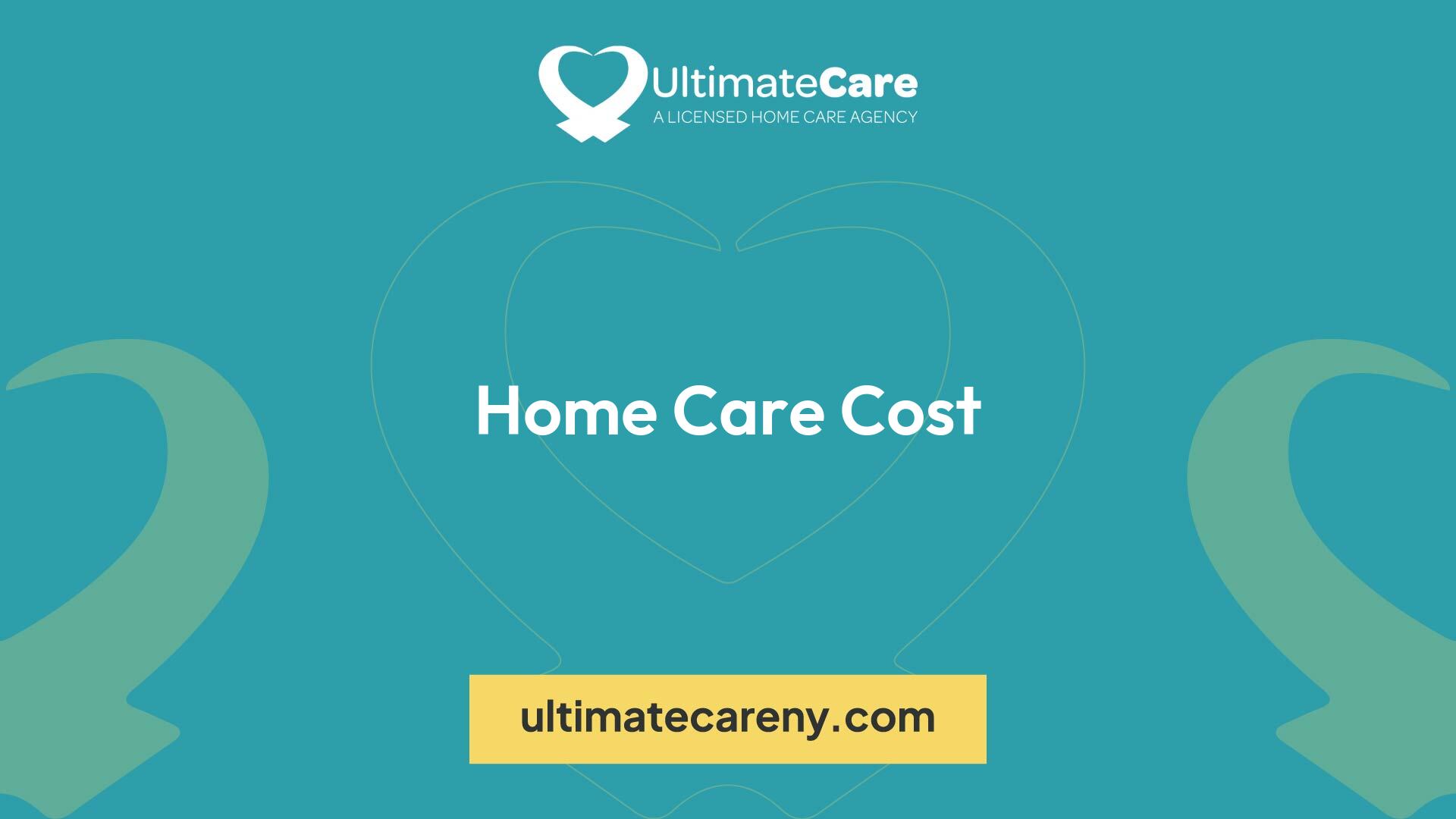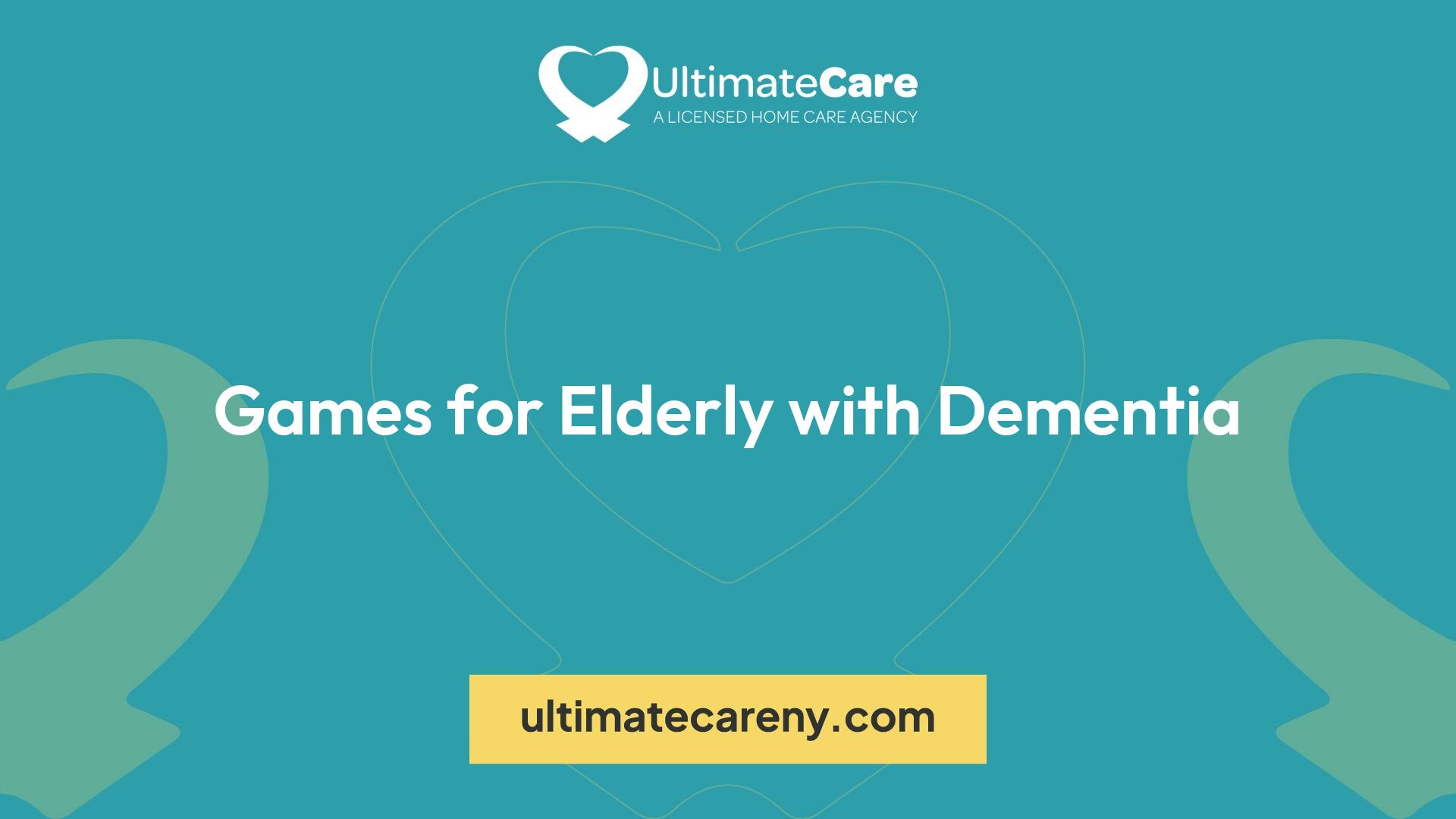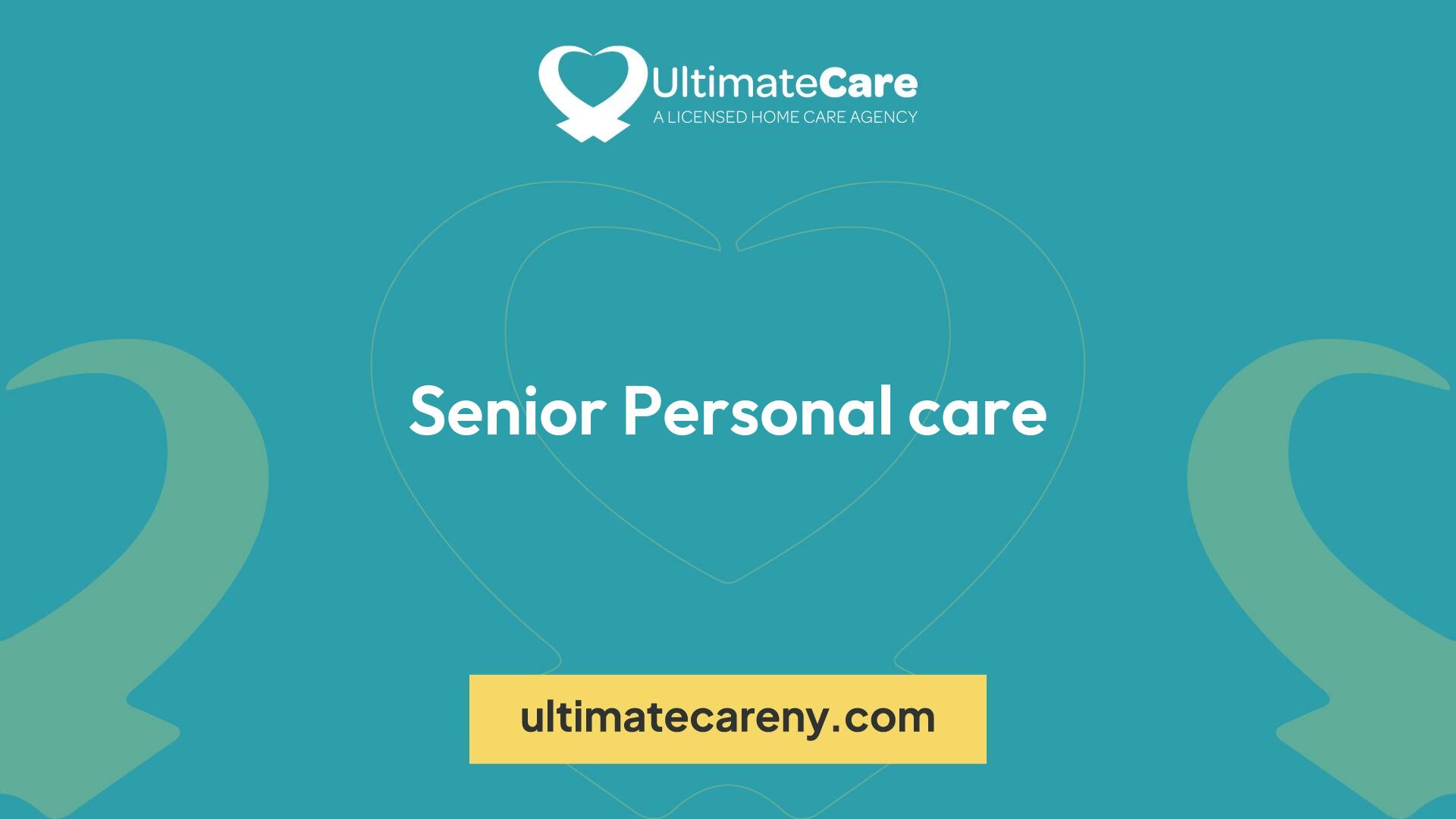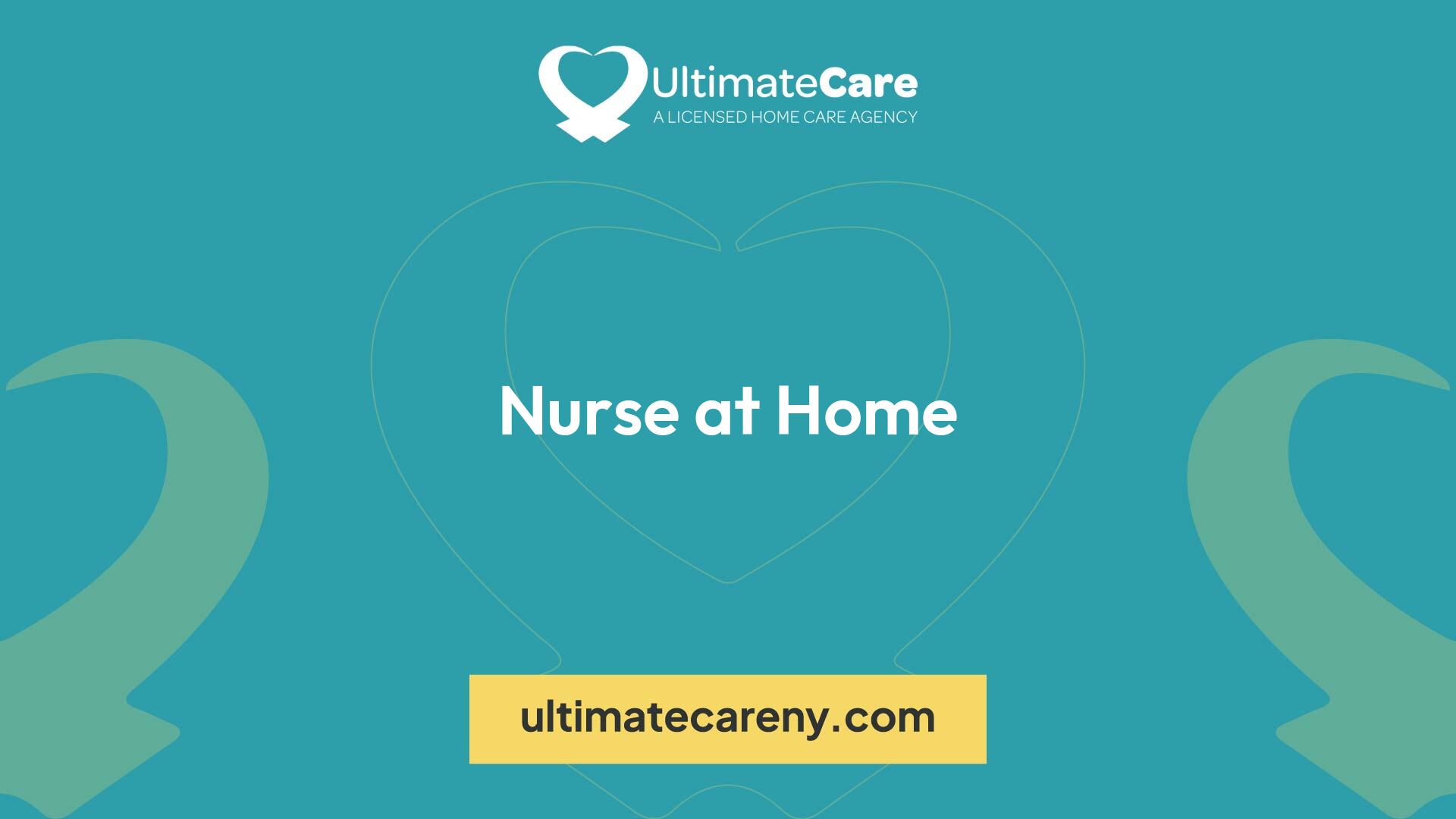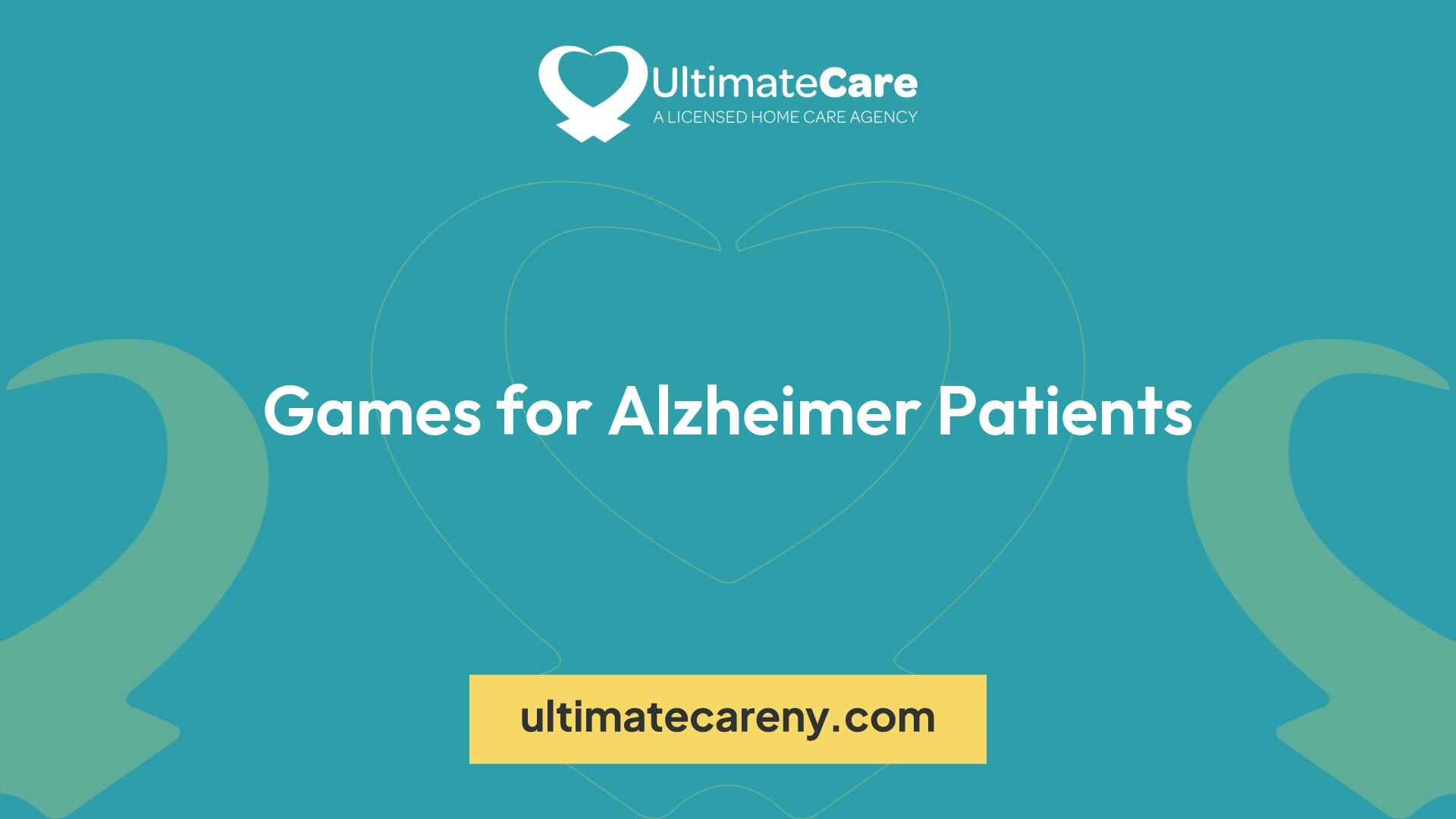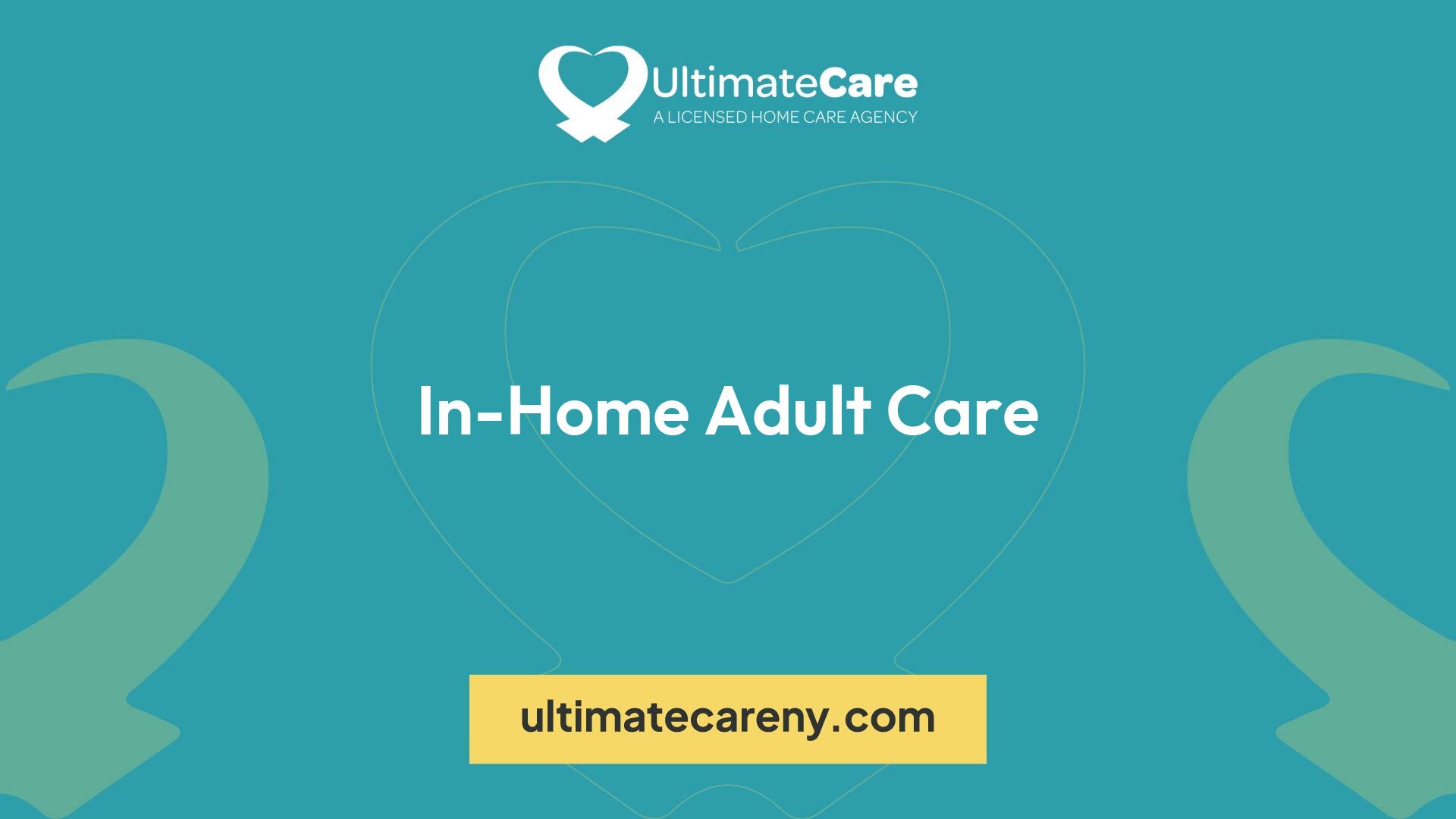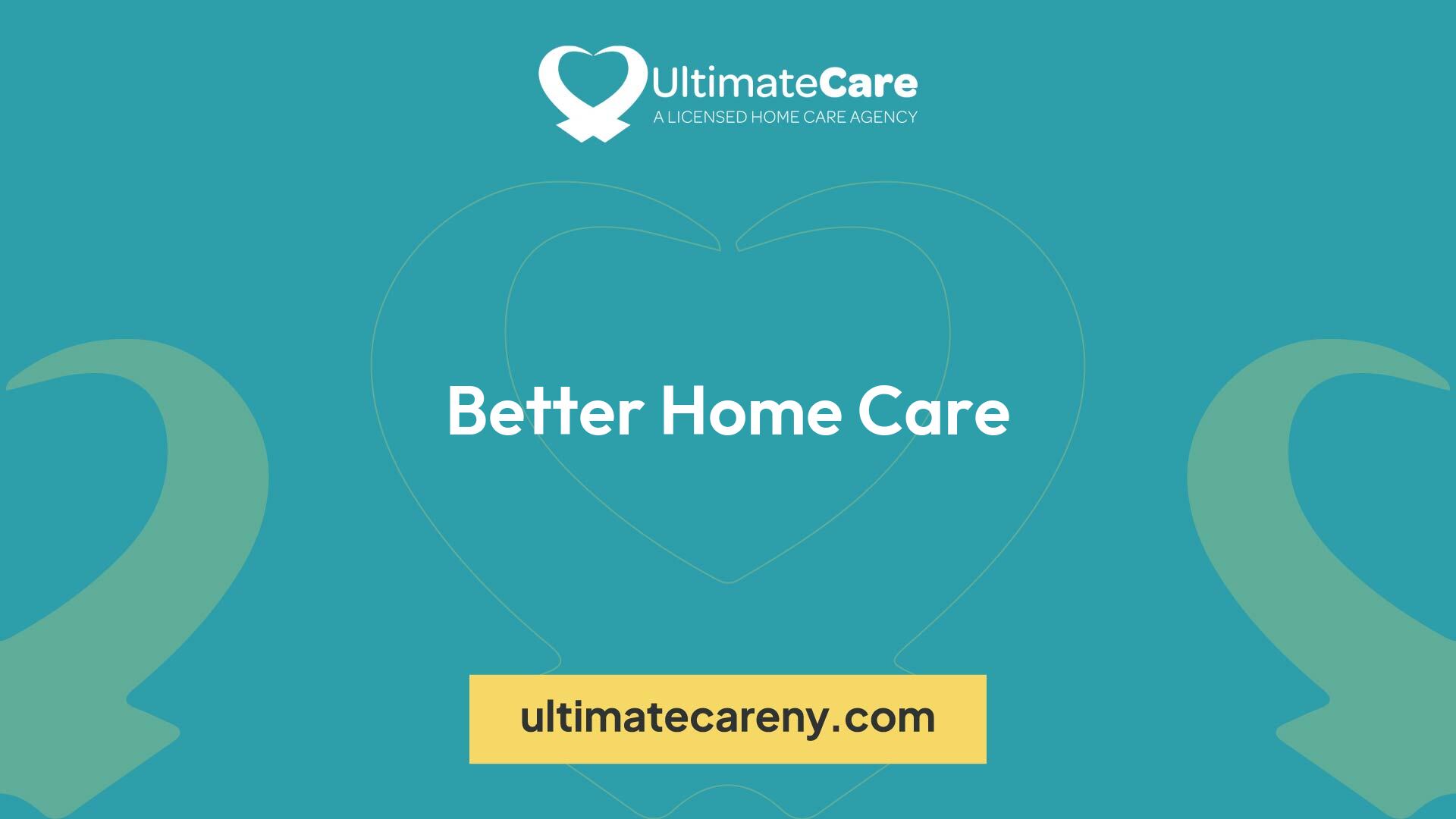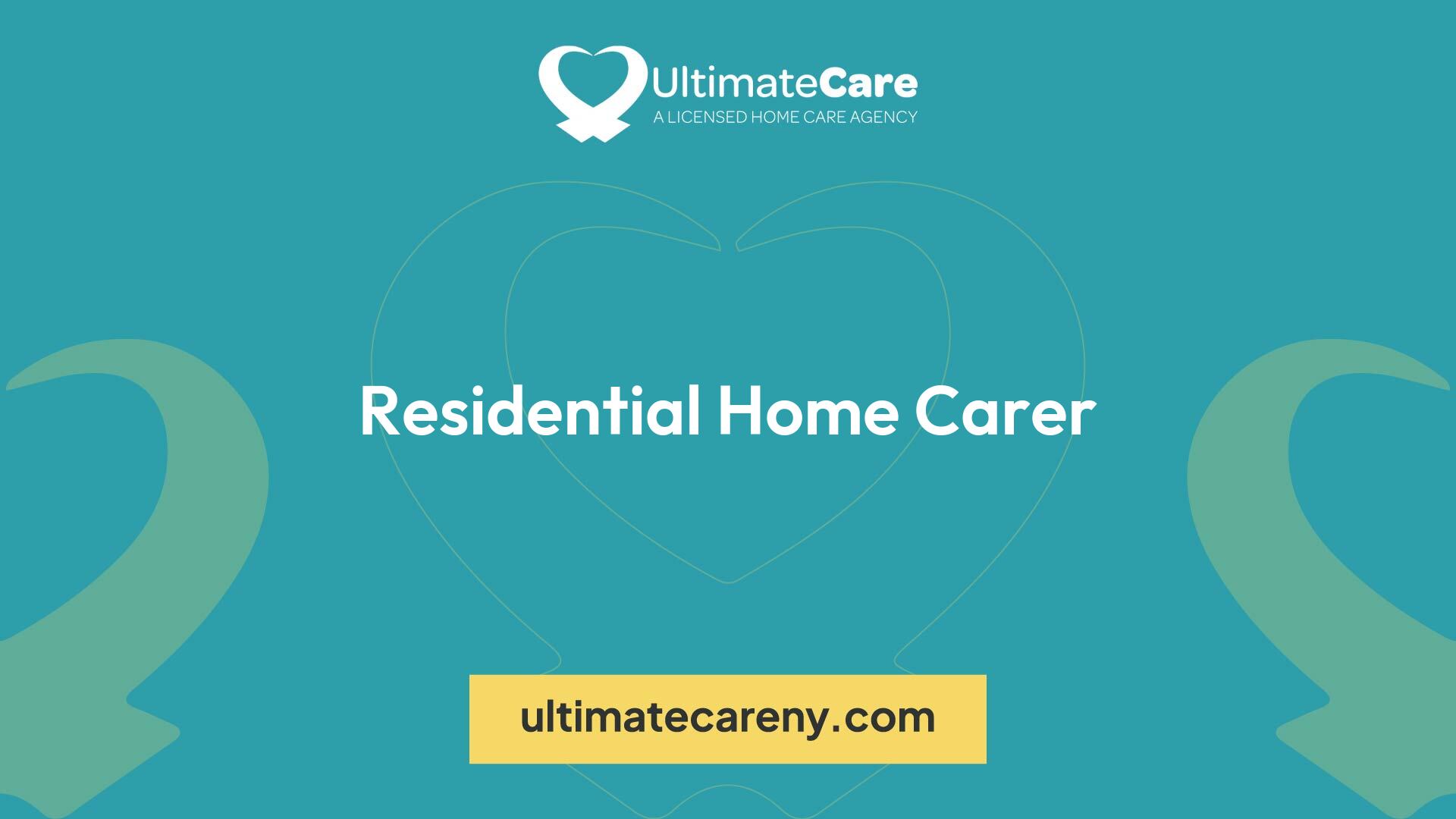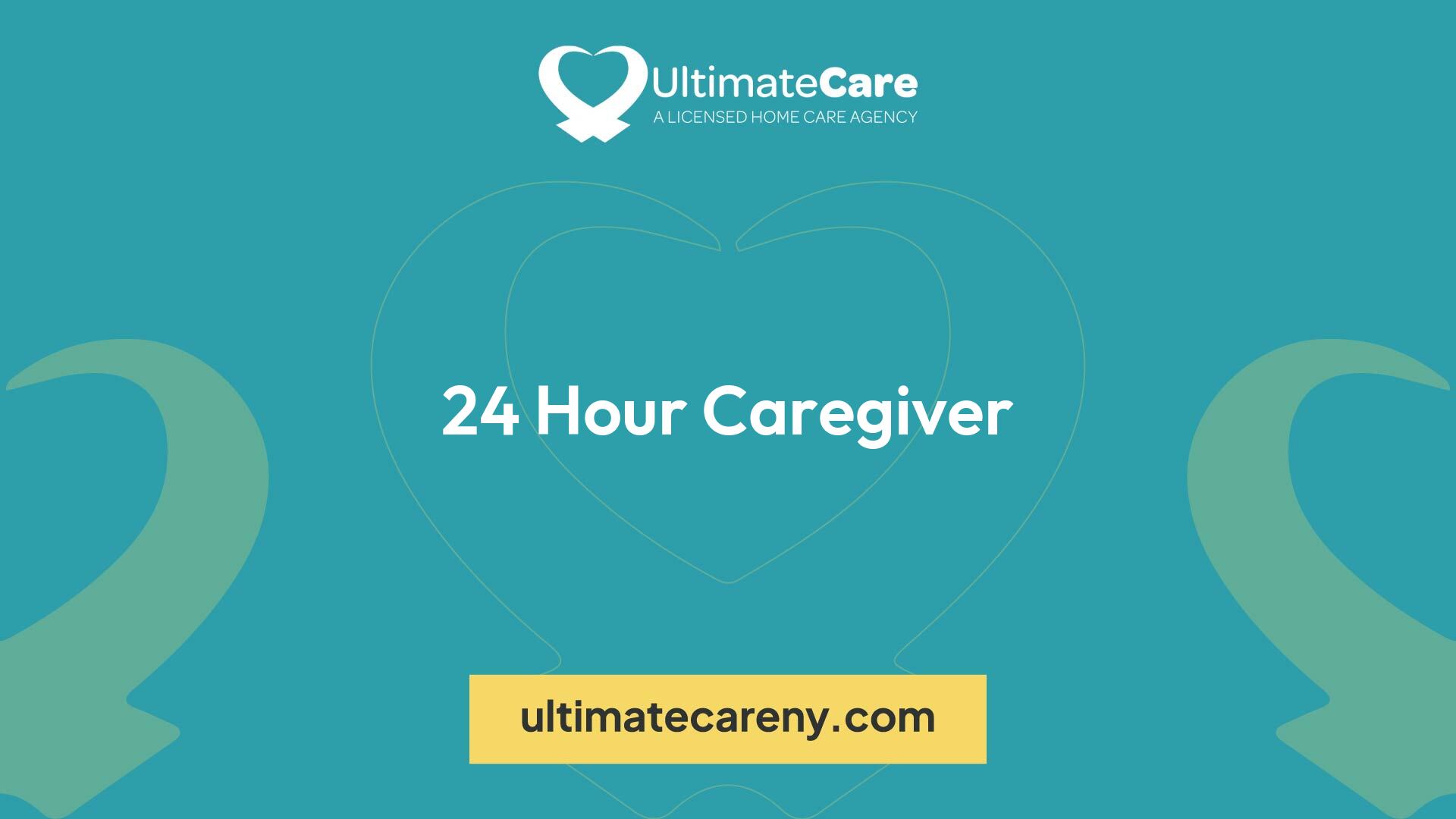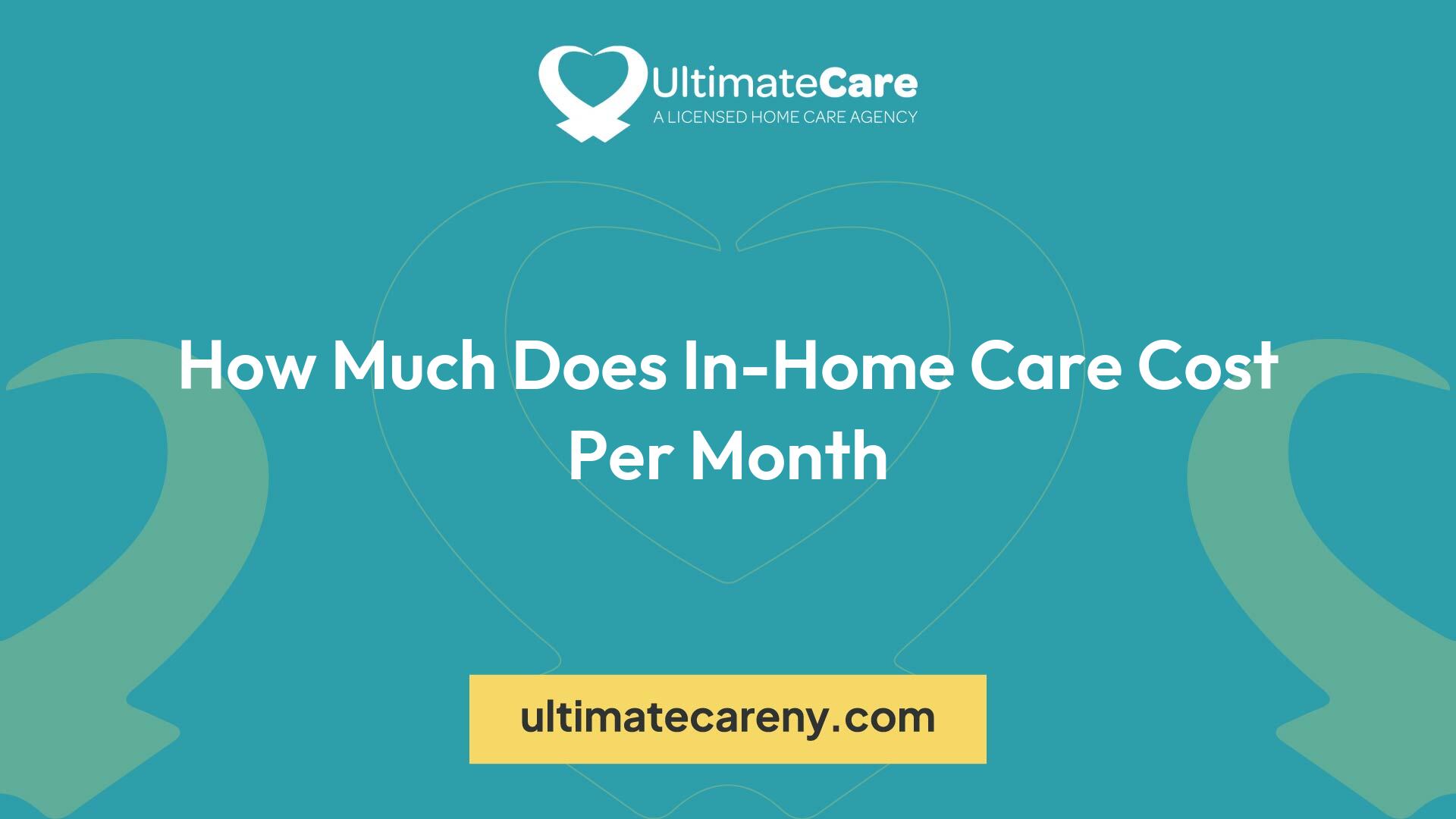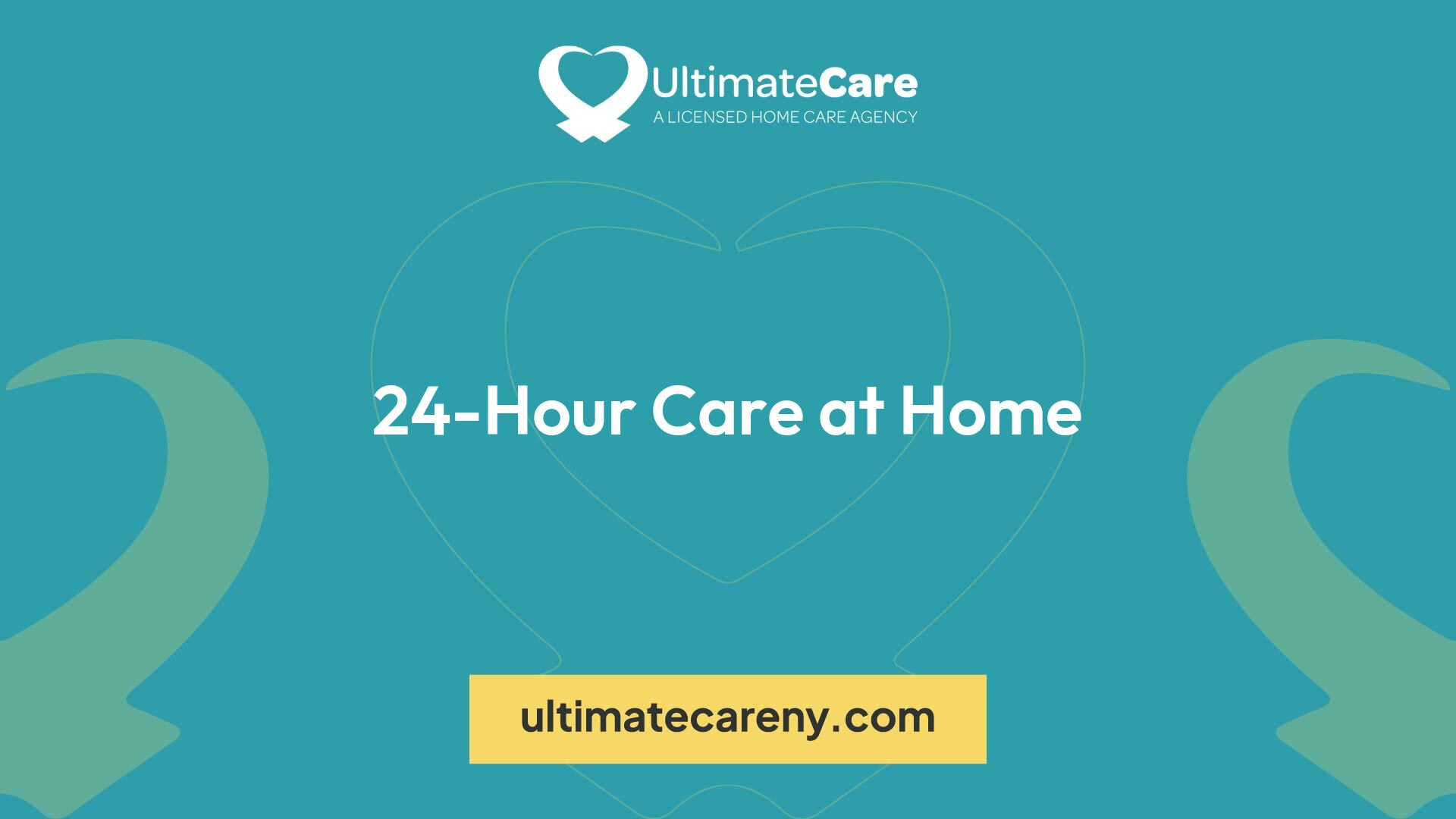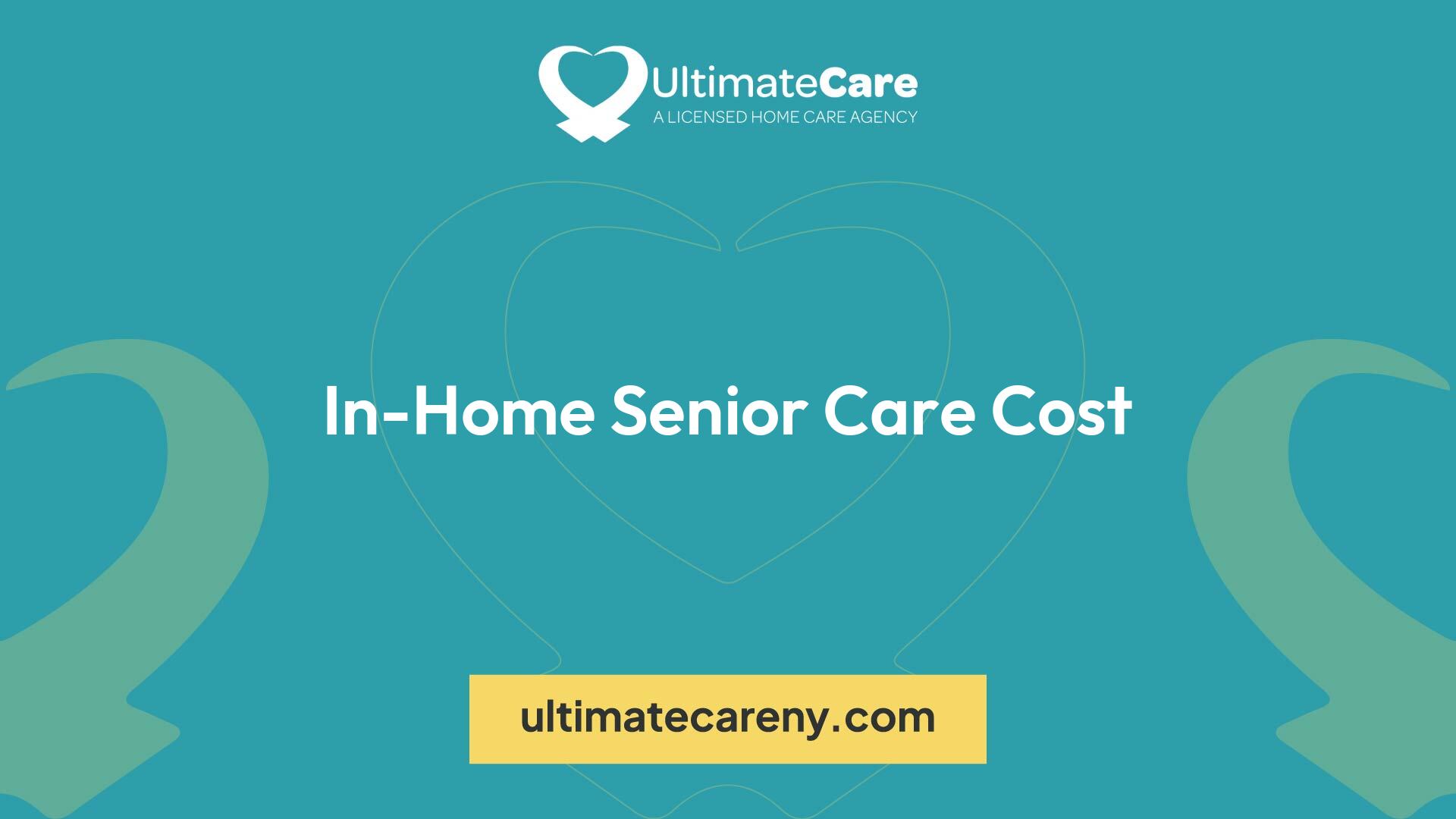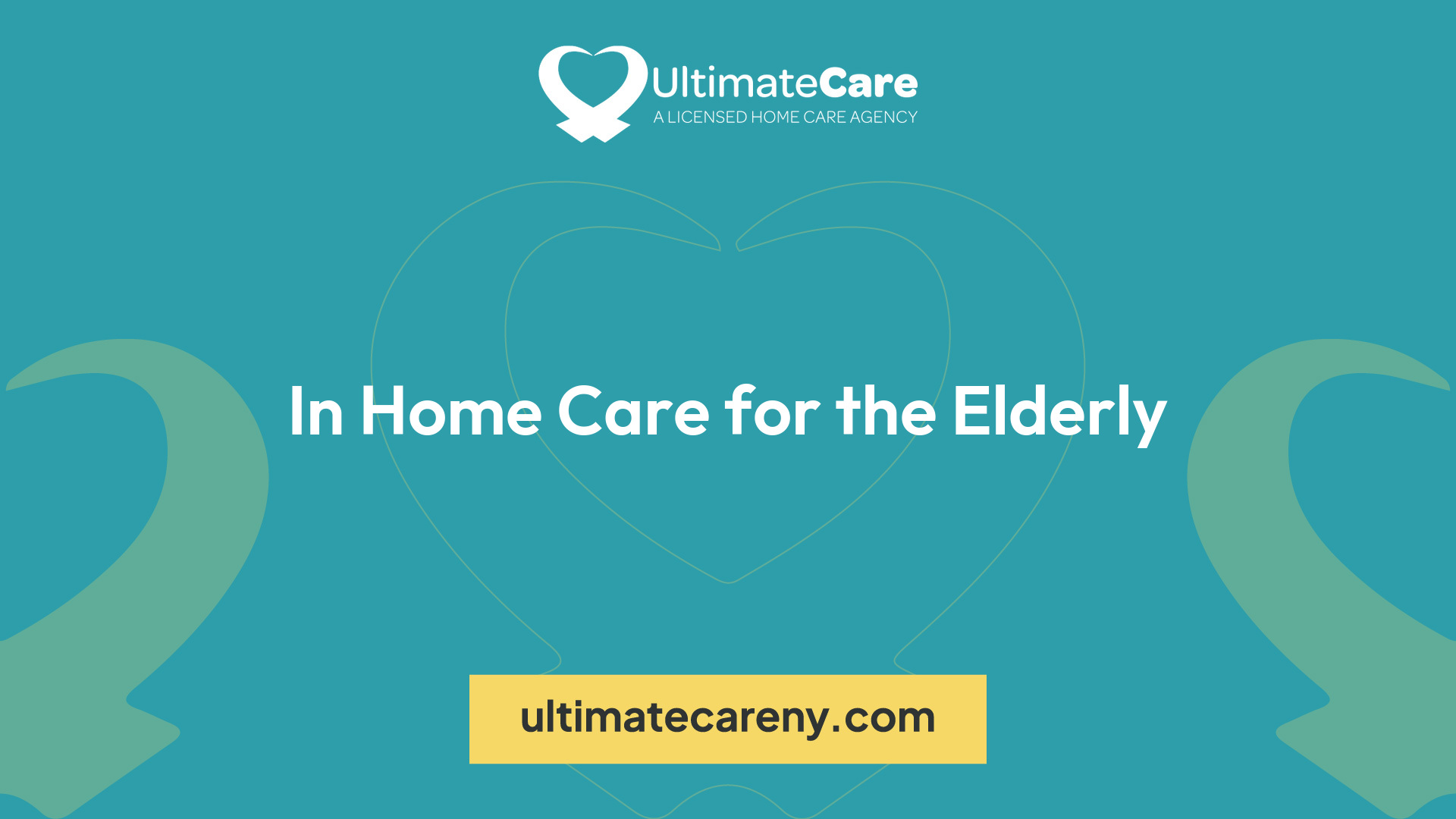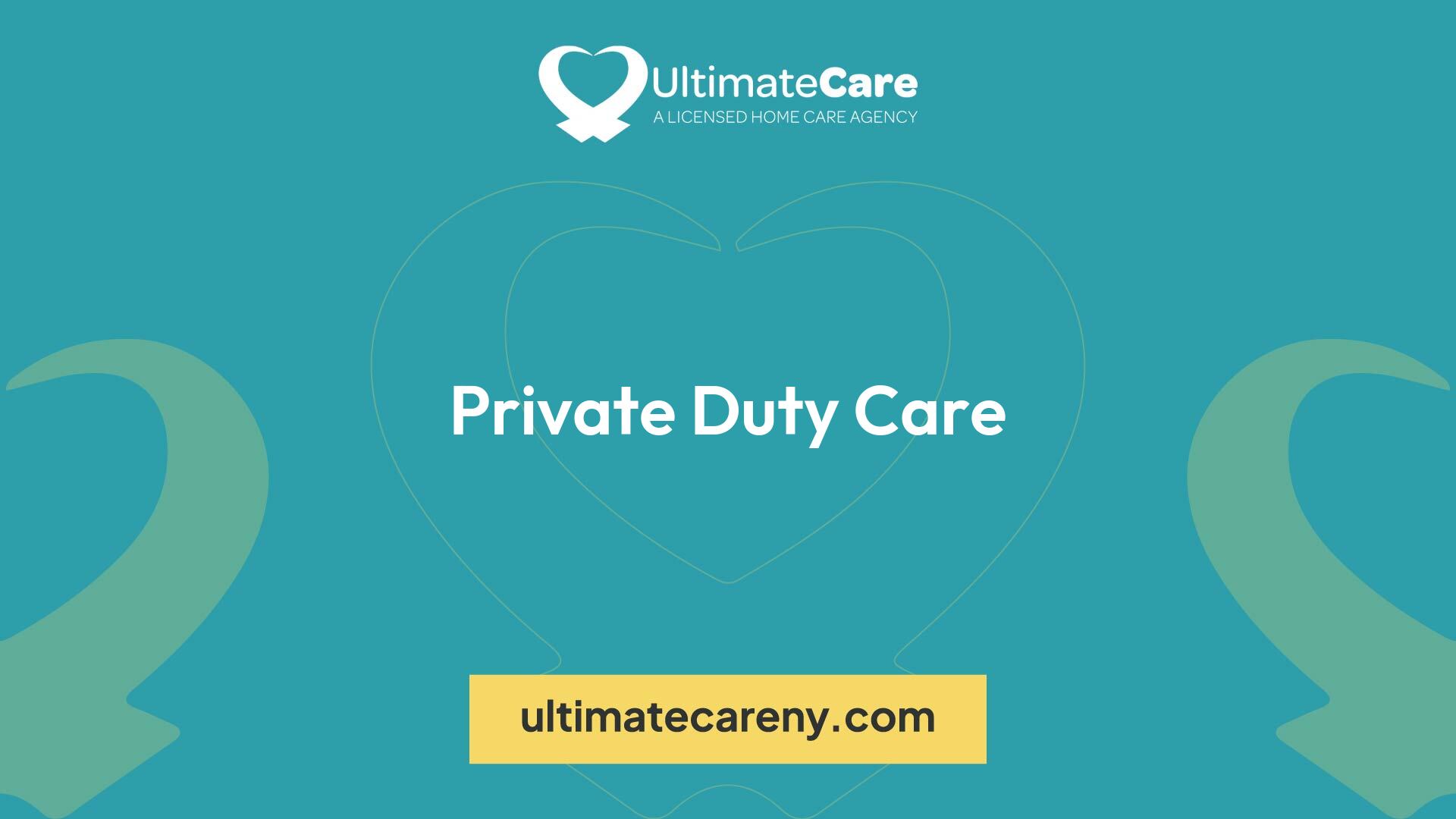Transitional Care Programs
Discover the power of transitional care programs, reducing hospital readmissions and enhancing patient outcomes.
The information provided in this article is for educational purposes only. If you have medical questions or concerns, please contact a qualified health care professional.
Before beginning any new exercise program, it's essential to seek advice from your healthcare provider to ensure it's safe and appropriate for your individual health condition and fitness level.
Understanding Transitional Care Programs
Transitional care programs play a vital role in ensuring the smooth and effective transition of patients between different care settings. These programs focus on providing comprehensive support and coordination to patients as they move from hospitals to nursing homes, assisted living facilities, primary care physicians, home health, or specialists. Understanding the key components and importance of transitional care is essential for delivering high-quality care to patients.
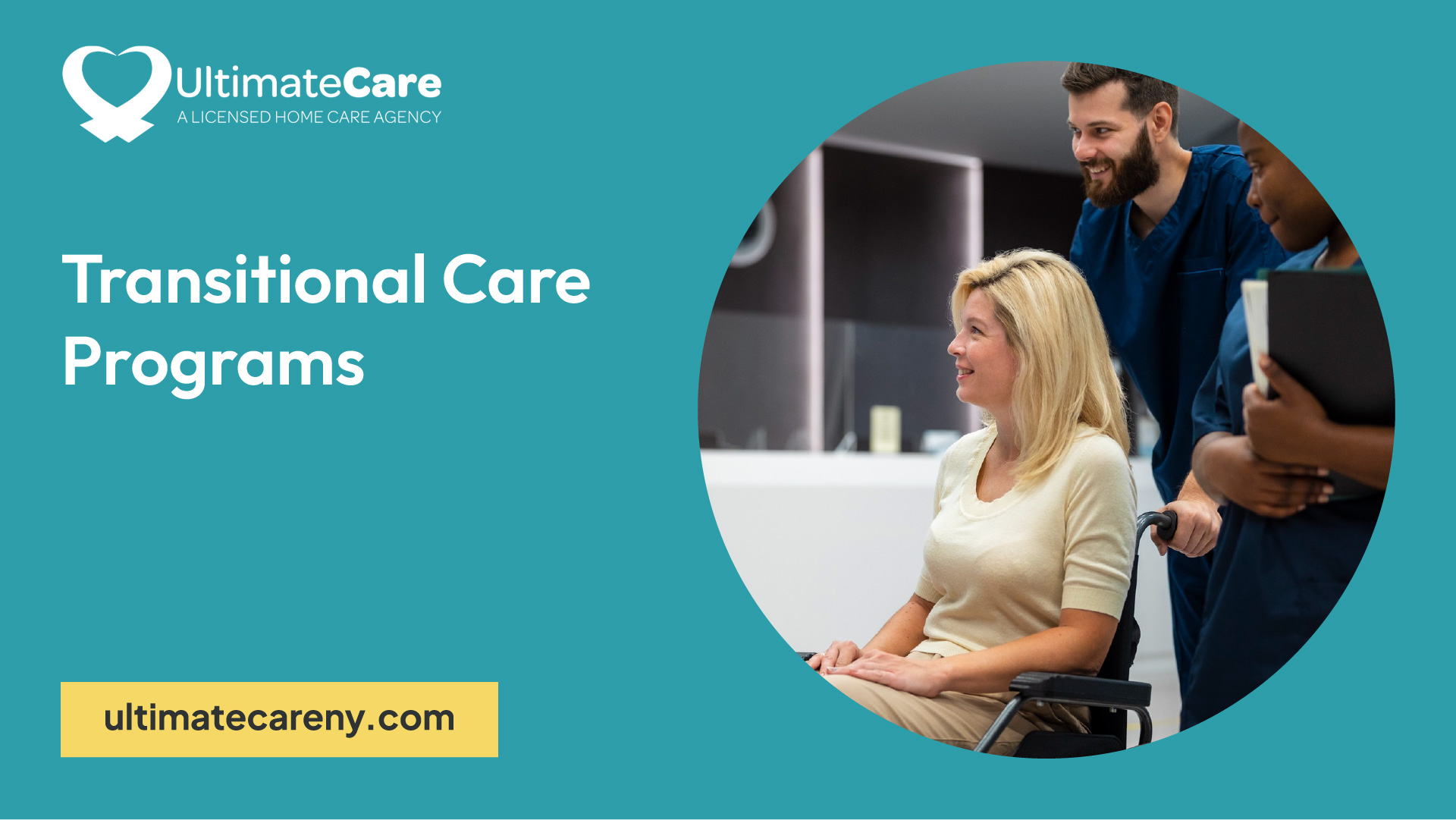
Key Components of Transitional Care
The Patient-Centered Outcomes Research Institute (PCORI) funded a national study called Project ACHIEVE, which aimed to identify the essential components of transitional care for vulnerable Medicare beneficiaries. Based on this study, eight core components of transitional care were identified:
- Patient Engagement: Involving patients in their care plan, promoting self-management, and fostering active participation in decision-making processes.
- Caregiver Engagement: Recognizing the role of family caregivers and ensuring their involvement in the care process to provide support and continuity.
- Complexity/Medication Management: Effectively managing complex medication regimens and addressing any potential complications or challenges.
- Patient Education: Providing patients with information and resources to understand their condition, treatment plan, and self-care strategies.
- Caregiver Education: Educating caregivers on the specific needs and requirements of the patient, including medication management and caregiving skills.
- Patient and Caregiver Well-Being: Addressing the emotional and social aspects of care transitions, focusing on the overall well-being of patients and caregivers.
- Care Continuity: Ensuring seamless coordination and communication between different healthcare providers and settings to avoid gaps in care.
- Accountability: Establishing accountability to ensure that all components of transitional care are effectively implemented and monitored to achieve optimal outcomes.
These components are interrelated and form a holistic care process. While the degree of attention given to each component may vary based on individual patient needs, they collectively contribute to successful transitional care [1].
Importance of Transitional Care
Transitional care is of paramount importance for patients, particularly those with multiple chronic conditions and complex therapeutic regimens. It aims to address the unique challenges faced during care transitions and prevent poor outcomes, such as rehospitalizations. The care provided during these critical transitions can significantly impact patient well-being and overall healthcare delivery.
Effective transitional care helps bridge gaps in communication, ensures the complete transfer of information, and educates patients and family caregivers on key aspects of care. By focusing on continuity and coordination, transitional care programs promote patient safety, minimize adverse events, and enhance the overall quality of care.
Moreover, transitional care programs recognize the crucial role of family caregivers in supporting older adults during hospitalization and after discharge. These programs aim to address the distinctive needs of family caregivers during care transitions, providing them with the necessary resources and support [3].
By implementing comprehensive transitional care programs and emphasizing the key components, healthcare providers can ensure optimal care delivery and improve patient outcomes. These programs not only reduce hospital readmissions but also contribute to cost savings and enhanced patient well-being. The impact of transitional care programs will be further explored in the subsequent sections of this article.
Transitional Care for Vulnerable Populations
Transitional care programs play a vital role in ensuring that vulnerable populations, such as Medicare beneficiaries, receive the support they need during care transitions. These programs focus on addressing the unique challenges faced by individuals dealing with complex health conditions. By implementing core components for Medicare beneficiaries, transitional care aims to provide optimal care and improve patient outcomes.
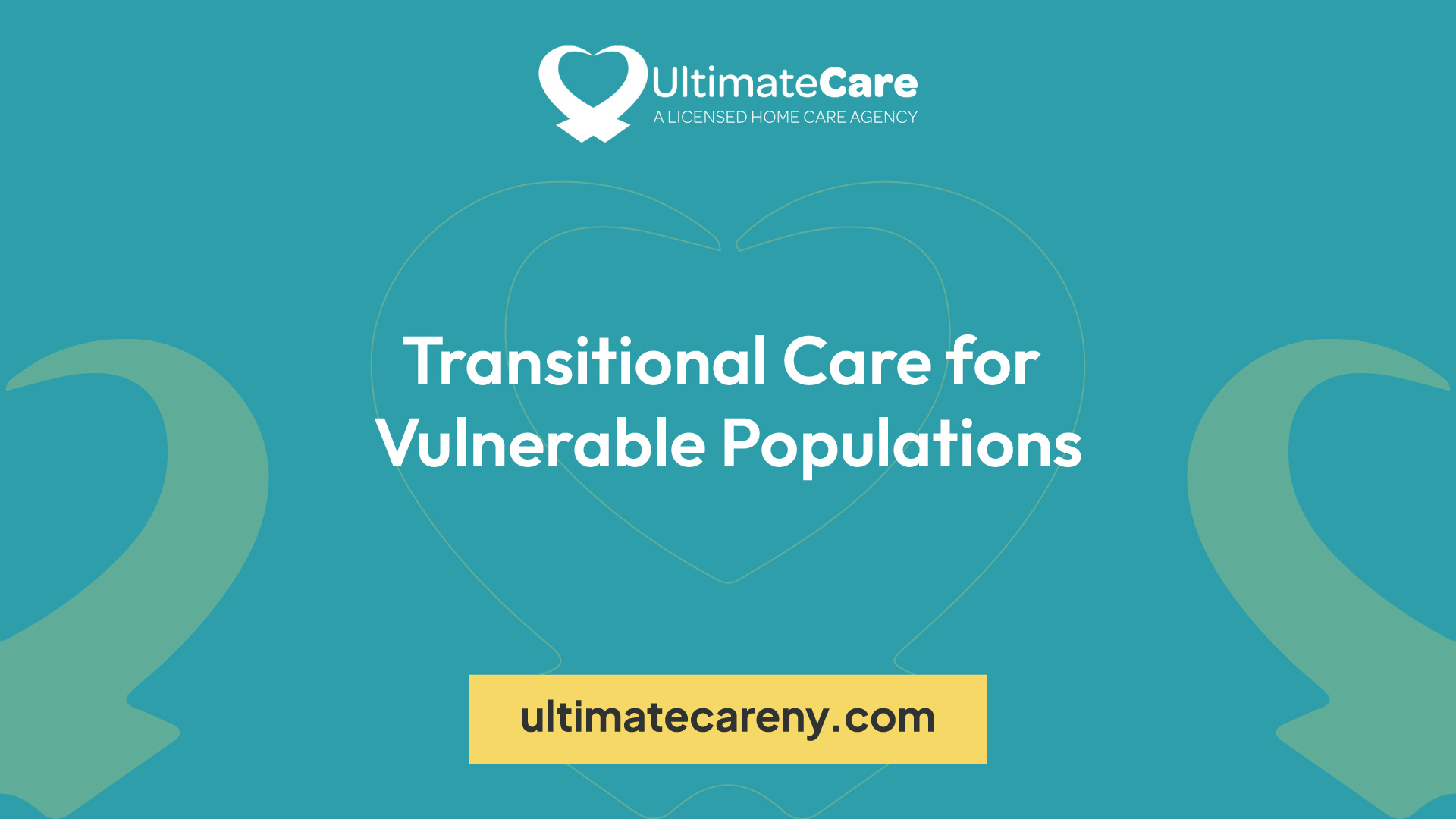
Core Components for Medicare Beneficiaries
The Patient-Centered Outcomes Research Institute (PCORI) funded a national study called Project ACHIEVE to identify transitional care components that yield desired patient and caregiver outcomes. Through this study, a multi-stakeholder workgroup was established to recommend essential transitional care components for vulnerable Medicare beneficiaries [1].
The workgroup identified eight core components for transitional care:
- Patient Engagement: Involving patients in their care planning and decision-making processes.
- Caregiver Engagement: Recognizing and involving family caregivers in the care transition process.
- Complexity/Medication Management: Addressing the complexities of managing multiple medications and health conditions.
- Patient Education: Providing patients with the necessary information to understand their health conditions and self-manage their care.
- Caregiver Education: Equipping caregivers with the knowledge and skills to support the patient's care needs.
- Patient and Caregiver Well-Being: Considering the physical, emotional, and social well-being of both patients and caregivers.
- Care Continuity: Ensuring smooth transitions between care settings and healthcare providers.
- Accountability: Establishing clear roles and responsibilities for healthcare providers involved in the transitional care process.
These core components are interrelated and should be viewed as elements of a holistic care process. It is crucial to address each component to ensure that all Medicare beneficiaries receive person-centered, comprehensive, and effective transitional care. Although the degree of attention given to each component may vary based on individual patient and caregiver needs, all components contribute to promoting positive health outcomes and experiences.
Ensuring Optimal Transitional Care
To ensure optimal transitional care for Medicare beneficiaries, health systems should employ transitional care strategies that address all core components. The identified components provide a framework for evaluating programs and guiding the level of transitional care that patients and caregivers receive. By incorporating these components into their care delivery models, healthcare providers can enhance care coordination, improve communication, and reduce gaps in care during critical transitions.
Recognizing the distinctive needs of family caregivers is essential during care transitions. Family caregivers play a major role in supporting older adults during hospitalization and after discharge. However, their needs have often been overlooked in the past. By involving caregivers and providing them with education and support, transitional care programs can help ensure a smoother transition and better outcomes for both patients and caregivers [3].
By addressing the core components and considering the individual needs of Medicare beneficiaries and their caregivers, transitional care programs can help bridge the gaps in care, improve patient satisfaction, reduce hospital readmissions, and ultimately enhance the overall quality of care during transitions in healthcare settings.
Implementing Transitional Care Strategies
Implementing effective transitional care strategies is essential for ensuring smooth and successful transitions for patients across different care settings. A framework for transitional care programs provides a structure to address the specific needs of patients during these transitions, while evaluation and guidance for programs help measure their effectiveness and make necessary improvements.
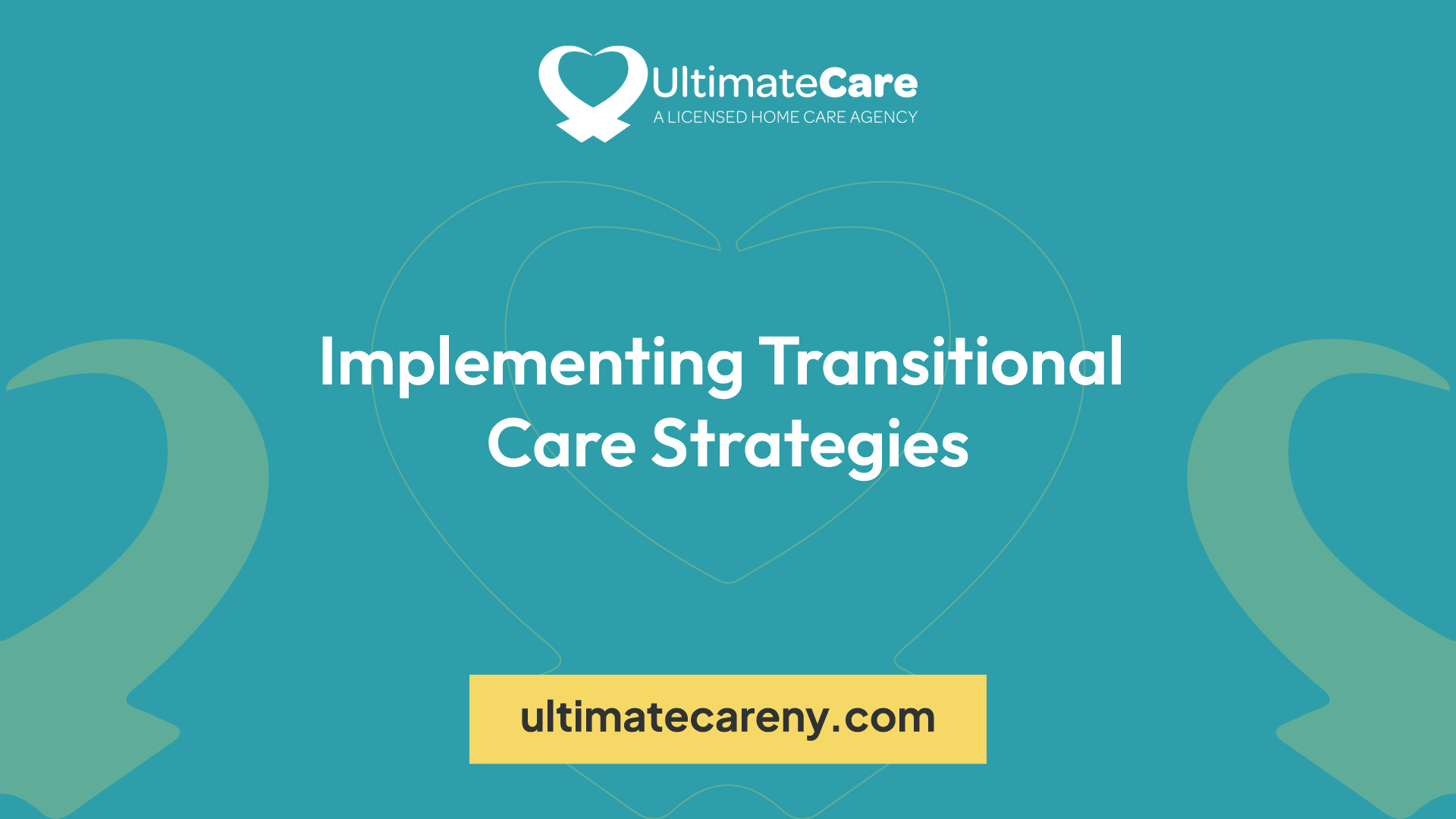
Framework for Transitional Care Programs
The Transitional Care Components and Measures Workgroup (TCCMW) has developed a framework for transitional care programs based on extensive research and input from various stakeholders. This framework identifies key components that are crucial for providing person-centered, comprehensive, equitable, effective, and efficient transitional care for vulnerable adults.
These core components include:
- Comprehensive assessment of patients' health and social needs
- Care planning and coordination across different care settings
- Communication and information sharing among healthcare providers and patients
- Medication management and reconciliation
- Support for patients and family caregivers in self-management and health education
- Timely and appropriate follow-up care after discharge
By employing this framework, health systems can ensure that their transitional care programs address all necessary components and provide a high standard of care to patients during transitions. It serves as a valuable guide for healthcare providers and organizations in developing and improving their transitional care strategies.
Explore our articles for a more captivating read on Special Needs Care Providers, Caregiver Respite Options, Palliative Care Information, and Elderly Care Services NY.
Evaluation and Guidance for Programs
To ensure the effectiveness of transitional care programs, evaluation and guidance are essential. Evaluating the outcomes and impact of these programs helps identify areas for improvement and measure their success in achieving desired outcomes.
Program evaluation may involve assessing various factors, such as:
- Hospital readmission rates: By monitoring readmission rates, healthcare providers can determine whether their transitional care interventions have successfully reduced readmissions and improved patient outcomes.
- Cost savings: Transitional care programs have the potential to generate cost savings by reducing the need for costly hospital readmissions and improving overall patient outcomes. It is important to analyze the financial impact of these programs to assess their cost-effectiveness and potential for long-term savings.
- Patient outcomes: Evaluating patient outcomes, such as adverse events and patient satisfaction, provides insight into the effectiveness of transitional care interventions in improving health outcomes and enhancing the patient experience.
Guidance for programs involves identifying barriers and facilitators to successful implementation, as well as sharing best practices and lessons learned from existing transitional care programs. Factors that contribute to successful implementation include positive communication, institutional commitment, effective leadership, supportive environments, and staff engagement. Conversely, barriers to implementation may include time constraints, competing priorities, lack of institutional commitment, and inadequate communication.
By conducting rigorous evaluations and providing guidance for programs, healthcare providers can continuously improve their transitional care strategies, enhance patient outcomes, and optimize the overall quality of care provided during transitions.
Transitional care programs have shown promising results in reducing hospital readmissions, improving patient outcomes, and generating cost savings. By implementing a robust framework and incorporating evaluation and guidance, healthcare providers can ensure the successful implementation of transitional care strategies, leading to better care transitions and improved patient experiences.
Enhancing Care Transitions
When it comes to healthcare, smooth and effective transitions between different care settings are crucial. Understanding the definition and scope of care transitions, as well as the benefits of transitional care, can help improve patient outcomes and overall healthcare quality.
Definition and Scope of Care Transitions
Care transitions refer to the movement patients make between health care practitioners and settings as their condition and care needs change during the course of a chronic or acute illness. This includes shifts between different care providers and settings such as outpatient settings, hospitals, skilled nursing facilities, and home care [2].
Transitional care, on the other hand, encompasses a broad range of services and environments designed to promote the safe and timely transfer of patients from one level of care to another or across different settings. It aims to bridge the gap between various providers, services, and settings to ensure health care continuity and prevent poor outcomes among at-risk populations.
During care transitions, patients may experience changes in their healthcare team, treatment plans, medications, and overall care environment. These transitions can be challenging, as they often involve transferring important information, coordinating care, and ensuring patient and caregiver understanding and engagement. Effective care transitions require clear communication, collaboration among healthcare providers, and comprehensive care plans that consider the unique needs of each patient.
Benefits of Transitional Care
Transitional care programs have shown numerous benefits for patients, caregivers, and the healthcare system as a whole. By focusing on improving care transitions, these programs aim to enhance patient outcomes, reduce hospital readmissions, and improve the overall healthcare experience.
One of the key benefits of transitional care is the reduction in hospital readmissions. Poorly managed care transitions can often lead to complications, medication errors, and inadequate follow-up care, resulting in avoidable hospital readmissions. Transitional care programs focus on providing personalized care plans, education, and support to patients during the transition period, which has been found to significantly reduce readmission rates.
In addition to reducing readmissions, transitional care programs can lead to cost savings for the healthcare system. By preventing unnecessary hospital admissions and premature nursing home placements, these programs help allocate resources more efficiently while empowering older adults to manage their health at home and age in place. Furthermore, providing appropriate transitional care can improve patient satisfaction, enhance patient and caregiver knowledge and self-management skills, and promote better adherence to treatment plans.
By implementing well-designed transitional care programs, healthcare providers can ensure that patients experience seamless transitions between care settings, receive comprehensive education and support, and have access to the necessary services and resources. This holistic approach to care transitions not only benefits patients and caregivers but also contributes to a more efficient and effective healthcare system.
In the following sections, we will explore successful models and interventions in transitional care programs, as well as the impact of these programs on reducing hospital readmissions and improving patient outcomes.
Successful Models and Interventions
When it comes to implementing effective transitional care programs, two successful models and interventions have emerged: the Care Transitions Intervention (CTI) and the Transitional Care Model (TCM).
Care Transitions Intervention (CTI)
The Care Transitions Intervention (CTI) is a 4-week, low-cost, low-intensity self-management program designed to provide patients discharged from an acute care setting with skills, tools, and the support of a transition coach to ensure that their health and self-management needs are met. This intervention aims to empower patients and support them in successfully navigating the challenges of transitioning from hospital to home.
Key elements of the CTI include:
- Personalized coaching: Transition coaches work closely with patients to provide education, support, and resources tailored to their specific needs.
- Medication management: Coaches assist patients in understanding their medications, ensuring adherence, and addressing any concerns or challenges.
- Follow-up communication: Coaches maintain regular contact with patients after discharge to address any issues, answer questions, and provide guidance.
- Care coordination: Coaches collaborate with healthcare providers and community resources to ensure continuity of care and appropriate support.
Transitional Care Model (TCM)
The Transitional Care Model (TCM) is a nurse-led intervention designed to improve the outcomes of chronically ill older adults who transition from hospital to home. The TCM aims to reduce 30-60 day hospital readmissions and enable patients and their family caregivers to manage their conditions themselves.
Key elements of the TCM include:
- Comprehensive assessment: Nurses conduct a comprehensive assessment of patients' health conditions, functional abilities, and support systems to develop an individualized care plan.
- Patient and caregiver education: The TCM focuses on empowering patients and their caregivers with the knowledge and skills necessary to manage their health conditions effectively.
- Care coordination and management: Nurses work closely with patients, caregivers, and healthcare providers to ensure seamless care transitions, proper medication management, and follow-up appointments.
- Ongoing support: The TCM provides ongoing support through regular home visits, phone calls, and access to a 24/7 helpline for any questions or concerns.
Both the CTI and TCM have shown promising results in improving care transitions and patient outcomes. Implementing these models can lead to a reduction in hospital readmissions, improved patient satisfaction, and enhanced quality of care. These interventions have the potential to create a more patient-centered and coordinated approach to transitional care, benefiting high-risk and older adult populations.
It's important to note that while these models have demonstrated positive impacts, the specific implementation may vary based on the healthcare settings and resources available. Healthcare providers and organizations should carefully evaluate and adapt these models to suit their unique needs, ensuring successful implementation and improved transitional care outcomes.
Impact of Transitional Care Programs
Transitional care programs have proven to have a significant impact on improving patient outcomes and reducing healthcare costs. Two key areas where the impact of these programs can be observed are the reduction in hospital readmissions and the resulting cost savings.
Reduction in Hospital Readmissions
Hospital readmissions can be a burden on patients and the healthcare system as a whole. In 2008, nearly one-fifth of Medicare beneficiaries had an unplanned hospital readmission within 30 days of discharge, costing nearly $15 billion. It was found that more than 75% of these readmissions, costing about $12 billion, were potentially preventable.
Implementing transitional care models such as the Care Transitions Intervention (CTI) and the Transitional Care Model (TCM) has been shown to standardize discharge protocols and reduce hospital readmissions. Transitional care management (TCM) can reduce readmission rates by 86.6%, with medication reconciliation alone shown to reduce 30-day readmissions by 27%. These programs focus on enhancing communication and coordination between healthcare providers, ensuring that patients receive the necessary support and follow-up care after leaving the hospital.
Cost Savings and Patient Outcomes
Transitional care programs not only lead to a decrease in hospital readmissions but also result in substantial cost savings. A study conducted between November 2017 and July 2020 found that graduates of a transitional care program had significantly fewer 30-day (7.1% vs. 14.9%) and 90-day (15.5% vs. 26.3%) readmissions compared to those who did not graduate. Additionally, the total cost per episode was lower for the graduates, resulting in a cost saving of 21.6%.
The financial impact of hospital readmissions is estimated at $26 billion annually. By reducing readmissions through effective transitional care programs, significant cost savings can be achieved. These savings are not only beneficial for healthcare systems but also for patients who may face financial burdens associated with repeat hospital visits.
Moreover, transitional care programs have been shown to improve patient outcomes. A systematic review of transitional care programs across various countries found that they were successful in reducing rehospitalization rates over time and increasing the use of primary care services. This positively impacts preventative care and contributes to better overall patient health. Another study showed that transitional care interventions led to a 48% relative reduction in post-discharge adverse events, indicating improved patient outcomes in the post-discharge period.
By focusing on improving care transitions and providing support during the critical period after hospital discharge, transitional care programs have the potential to significantly improve patient outcomes, reduce hospital readmissions, and generate substantial cost savings. These programs play a vital role in ensuring a seamless and effective transition for patients from hospital to home or other care settings.

